The Fly-Bi-Nites | Interview | “Found Love”
Atlanta, Georgia-based Fly-Bi-Nites issued a more than decent cover of the Young Rascals’ ‘Come On Up’ on the tiny Tiffany label, but the killer track was on the B-side with its ‘Found Love’.
‘Found Love’ is filled with dreamy vocals drowned with a fantastic mix of guitar and organ. Their only 7″ was lost for years and resurfaced again some years later. Enjoy the in-depth story behind another lost garage rock band from the 60s.
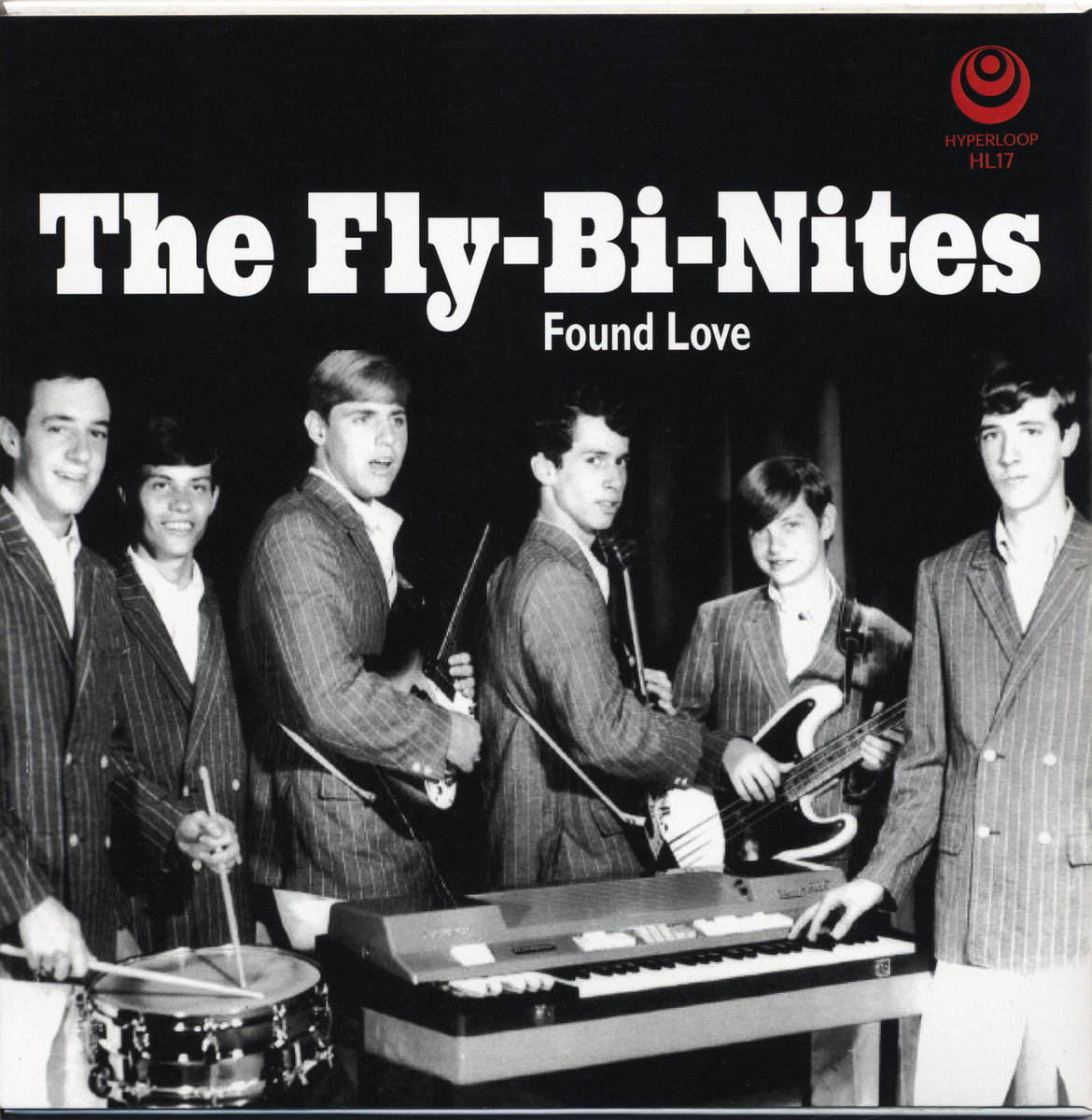
“It was all a big adventure”
Where and when did you grow up? Was music a big part of your family life? Did the local music scene influence you or inspire you to play music?
Greg Presmanes: I was born in the late 1940s, and raised in Atlanta, Georgia. My mother bought me a Harmony, six string acoustic guitar when I was about eight years old, I think. We always had a stereo in the house, and we had lots of different music, but mainly torch music from the 1940s, e.g., Les Paul & Mary Ford, Frank Sinatra, Rosemary Clooney, Dinah shore, Dean Martin, just all sorts of different music, but no pop, country or rock ‘n’ roll.
She signed me up for guitar lessons, and I went to an older woman, a short drive away from our house, who took lessons for about 1-2 years, before transferring to a man who played professional guitar, and electric pedal steel guitar, in local nightclubs. He put me in the Mel Bay book. I studied with him for two or three years, I think. Rock ‘n’ roll then took hold on radio & TV, and I lost interest in learning how to sight read guitar music. As it turned out, as a child, I started hearing rock ‘n’ roll on a crystal transistor radio that I had hooked up to the screen in our duplex apartment in Atlanta. I would hook the antenna up to the screen in my bedroom window and hear the local rock ‘n’ roll scene in the 1950s, extending into the 60s. Anyway, my mother and father, while not musicians themselves, were great fans of music, and, although they did not take us to any concerts that I remember, they always encouraged us to play music, but warned us against music as a career.
My brother took up drums by playing on cardboard boxes until my parents brought him a real drum kit. The duplex didn’t have any place for us to play. I saved up some money on a paper route, and bought an electric, six string Gretsch guitar. I would take my electric guitar and play out in the front yard of the duplex. I tried to teach the teenager living in the duplex next-door how to play, and he made some progress, but didn’t stay with it. I then started playing at hootenannies with an older fella, an adult, who played an acoustic guitar, with an electric pickup, along with the church crowd who would sing folk songs. I would try to copy what he was doing as he was playing it. I did not do a very good job. They gave me great playing by ear experience though. While we were growing up in Atlanta, we moved up the street to a regular house, as distinguished from the duplex, which was on the same street just a few houses down. That’s where the next door neighbor complained, justifiably of course about me and my little brother playing loud in the basement. The transistor radio from the time we lived in the duplex, evolved into a stereo at the new house up the street. Both of those were essential to me and my brother developing a taste for rock ‘n’ roll music, as well as the other music we were hearing from the 1940s.
Steve Sherwood: I was born in Ohio in 1950, but before I was one year old we moved to Atlanta, GA where I stayed until I graduated from Georgia Institute of Technology. My mother played the trumpet. I followed suit and played from fifth grade until I graduated from high school. I listened to all kinds of music growing up, Barbara Streisand, The Ventures, Ferrante & Teicher, and rock ‘n’ roll. I wanted to play in a rock and roll band, so I bought an electric piano and taught myself how to play keyboard parts from popular rock and roll songs. I was asked by the bass player for The Fly-Bi-Nites at the time to audition. Wound up joining the group.
Bob Wade: There’s not much to my family music tree other than my mother loving all the 40’s music. More accurately the 30’s, 40’s and tapering off in the 50’s. Dean Martin and Frankie (Sinatra) were still around at that time, Perry Como, Bing (Crosby), and others. The year 13 sounds familiar as to when I got my first guitar. It wasn’t popular with a certain member of the household so I don’t remember much other than the struggle to practice. I did go through the usual Mel Bay books and such.
Tom Dean: I was not quite three years old when my family moved from Mobile, Alabama to Atlanta, Georgia in 1953. My father was a mechanical engineer and there were more opportunities for him to work in Atlanta. My mother had artistic ambitions for her four boys and one girl. The eldest son sang solos as a soprano in the choir at St. Philip’s Cathedral. The choir director would not allow girls in the choir so at not quite eight years of age I was next in line to sing. Singing in the choir was an intense emotional experience for me. To be within the choir singing the music of Brahms, Bach, Mozart, Palestrina, and Handel and feel the vibration of multiple voices harmonizing wash over me was a thrill. I began playing tuba in an elementary school band when I was nine years old.
By 1964 I was thirteen and the music of The Beatles started to dominate the radio. Some friends asked me to join their band and when I asked my parents’ permission I was told to speak to my uncle Robert first. Robert played in a band playing soul music on the Gulf Coast. He told me to get a Gibson or Fender electric bass guitar as it was the latest thing and all the bands would be using them. It was good advice. I found a very beat up Fender bass that had been assembled from a couple of different basses and began learning songs by The Beatles, The Beach Boys, Jimmy Reed, The Ventures, The Rolling Stones, The Byrds, Sam The Sham & The Pharaohs and whatever my friends wanted to play. We called ourselves The Rejects and started playing for friends’ parties. My two favorite bands would soon be The Beach Boys for their fabulous vocal harmony and The Beatles for their cool songs. When I was fifteen years old Steve Sherwood asked me if I’d like to audition for a band. I said yes and began playing bass for The Fly-Bi-Nites! This was a big step up for me. To my fifteen year-old view these were old guys – most of them were seventeen and Greg the lead singer was nineteen. They had to pick me up for rehearsals as I was not old enough to have a driver’s license.
When did you begin playing music? What was your first instrument? Who were your major influences?
Greg Presmanes: I started playing music when I was about eight years old when my mom gave me a six string Harmony acoustic guitar. I’ve never really played another instrument although I goof around with chords on the keyboard. Influences are: Beatles, Rolling Stones, Elvis Presley, Ricky Nelson, John Fogerty, James Brown, Wilson Pickett, Beach Boys, the British invasion bands, Motown, the Four Tops, The Temptations, The Supremes, Martha and the Vandellas, et cetera.
What bands were you (and your colleagues) a member of prior to the formation of The Fly-Bi-Nites?
Greg Presmanes: The Echoes was my only band prior to The Fly-Bi-Nites. After The Fly-Bi-Nites, I was in The Dynamic Daiquiris which changed its name to Nickels and Dimes.
In high school, in Atlanta, I met another high school classmate who played electric guitar and bass, and yet another high school classmate who played only guitar, but he also sang. It was fun playing as duos with those two guys. We played high school get-togethers. Also, I discovered bands around this time, which was in the early 60s and played in my first band, The Echoes, which was a four piece band, with me, playing rhythm and singing back up and lead on a few songs. I wrote a couple of songs that we performed with the band leader singing them, but I’ve forgotten them.
The drummer split off and formed his own band, The Fly-Bi-Nites, and I was drafted by The Echoes drummer into The Fly-Bi-Nites, because he had heard me sing back up and lead on a few songs, while playing with The Echoes. I then played with The Fly-Bi-Nites for a few years until I went off to college. I was the lead singer for The Fly-Bi-Nites. We had a great run! We were pretty popular around the area and played lots of gigs, almost every weekend for years. In 1964 The Beatles debuted on the Ed Sullivan Show and that was like the parting of the seas in terms of the musical interest of myself and my younger brother. We were transfixed! The fuse was lit, and it was a short fuse. I was more of a Beatles fan, but my younger brother, by 6 years, was more of a Rolling Stones fan. I was more of an Elvis fan than my younger brother, but we both loved his records.
The Fly-Bi-Nites played a night spot, called the Kittens Korner, in Atlanta, a few times, and on one occasion opened for Dion and the Belmonts, who had lots of hits, including ‘Runaround Sue’. We were under aged and had to get notes from our parents allowing us to play in the night club. When I was a senior in high school we decided to record a song to sell at our band jobs for a dollar apiece. We recorded ‘Come On Up,’ a cover song by the group known as The Young Rascals. On the flipside, we wrote, and recorded our original song, ‘Found Love’. Although all the band members contributed to writing the song, Bobby Levinson, the rhythm player in The Fly-Bi-Nites, came up with the essence of the chord progression, and I wrote the melody and most of the lyrics. We then recorded it at Mastersound studios in Atlanta, Georgia. The preeminent rock ‘n’ roll impresario at the time was Bill Lowery. He sat in on the recording session and wanted to offer us a contract, to be the next big rock ‘n’ roll thing. However, the drummer’s dad told him that we could not do that because we were going to school. I recall 300 copies of ‘Found Love’ being made. We never tried to distribute it, though. It made its way all over the U.S.A. and the globe, being bootlegged several times on compilation albums. After I went to college, I stopped playing for a while. In my freshman year, I would sit in with bands that were practicing at college. When I was a sophomore in college, I got a call from the manager for a band, called The Amboy Dukes, which was pretty popular at the time, with a song called ‘Journey to the Center of the Mind’. He offered me the job to replace their lead singer. I stayed on the phone with him at the dormitory for about an hour, but my parents had always told me not to rely on music as a career, so I turned him down. I think it was in my sophomore, or maybe junior year of college, that I was asked to be the lead singer for a new group forming in Athens, Georgia with members, who also played in the Georgia RedCoat band. All of them were great musicians, and most have always been professional musicians from then until the present time. All except me, of course. Anyway, we had a good run as a nine piece band (The Dynamic Daiquiris, then Nickels and Dimes) doing Chicago Transit Authority, Blood, Sweat and Tears, Allman Brothers, blues, and popular music. We never recorded anything, though. We had a demo recording to get jobs, but somehow that has been lost to the dustbins of history. After college, I went to law school in Atlanta, and couldn’t keep up the schedule of going to the University of Georgia campus for rehearsals every week, so I had to quit the band. I then only played solo for a long time just doing gigs here and there playing popular music. I was hired after auditioning for a spot to sing the retirement song for the retiring president of Coca-Cola USA. It was a song written to the tune of ‘Take Me Out to the Ball Game,’ because he was a big baseball fan and they enlisted a professional songwriter in Los Angeles to write new lyrics to the tune of ‘Take Me Out to the Ball Game’. I sang it at his retirement party and recorded it with just me and my guitar at a local studio. No telling where that recording ended up. I then started practicing law and stopped singing and playing the guitar very much. I started practicing law in 1973 after I finished six months in the United States Army training camps. I still tried to play by myself some gigs here and there, but not anything regular. About 10 years ago my brother and I founded our own five piece band and we play rock ‘n’ roll cover songs about once a month at local night spots. I’ve written songs all the while, but none have been recorded. I’m still writing songs. I perform by myself, with my younger brother, and with the five piece band, and a new trio with some new friends in north Georgia.
Tom Dean: Tom Thumb and the Fabulous Fingers, The Rejects.
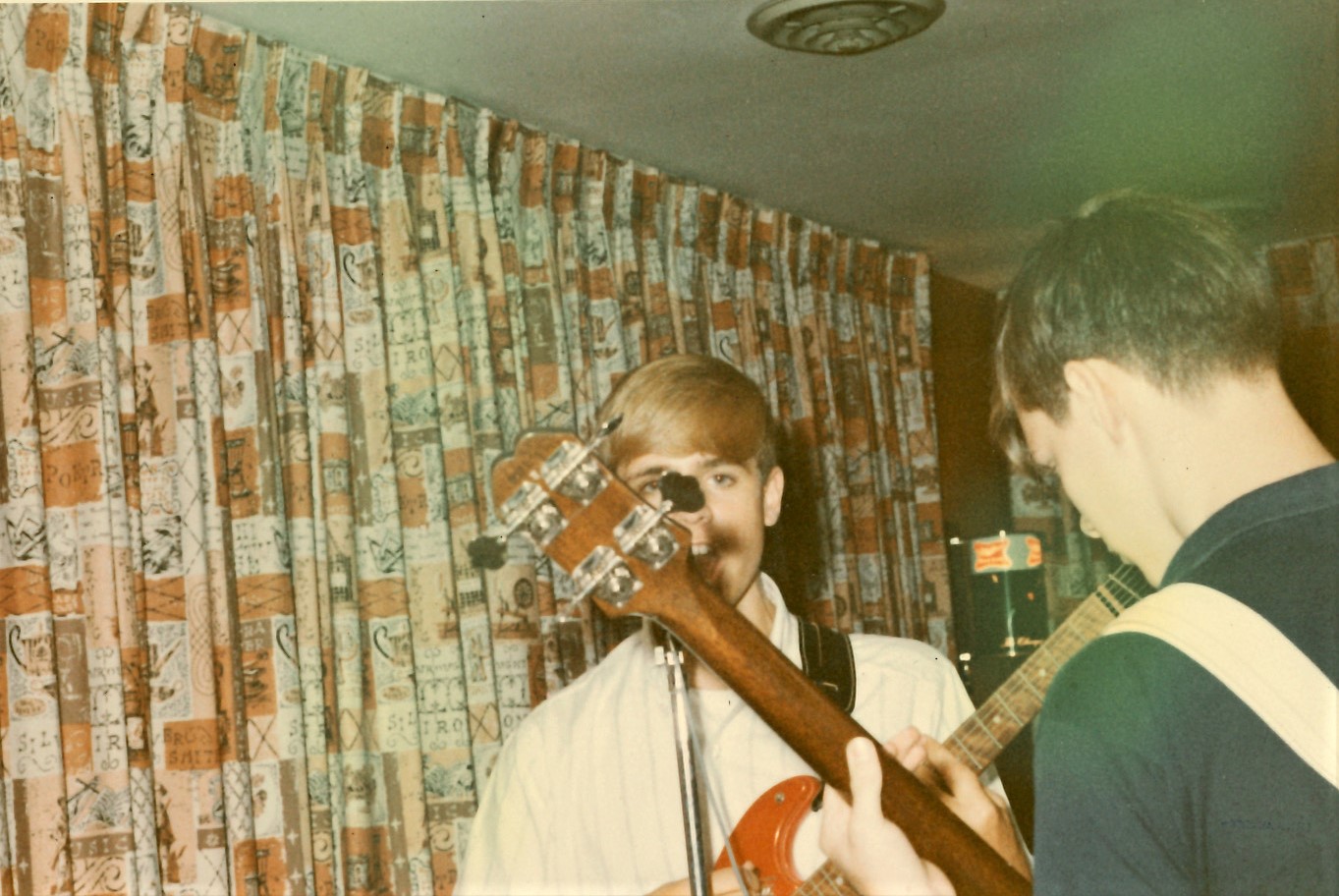
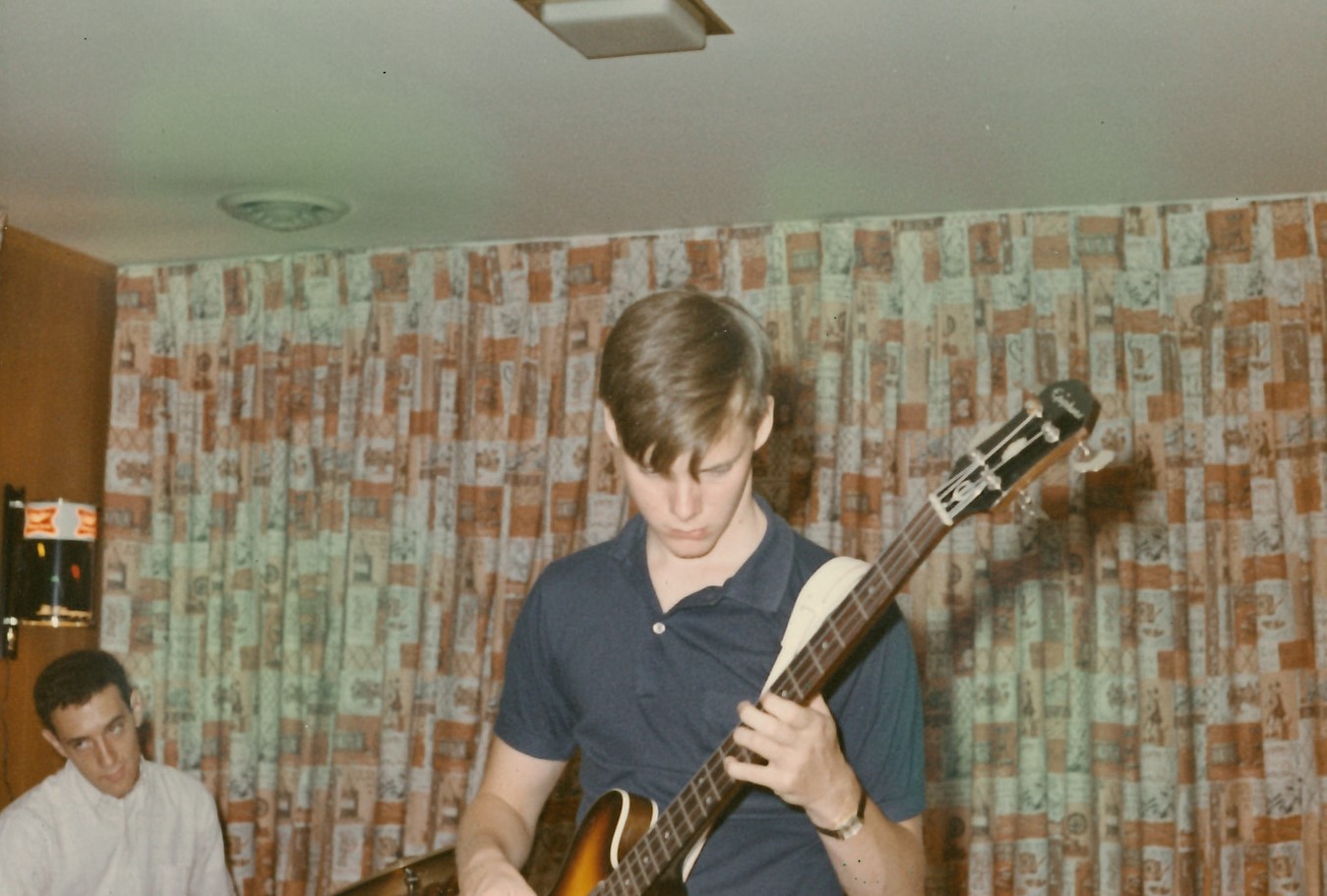
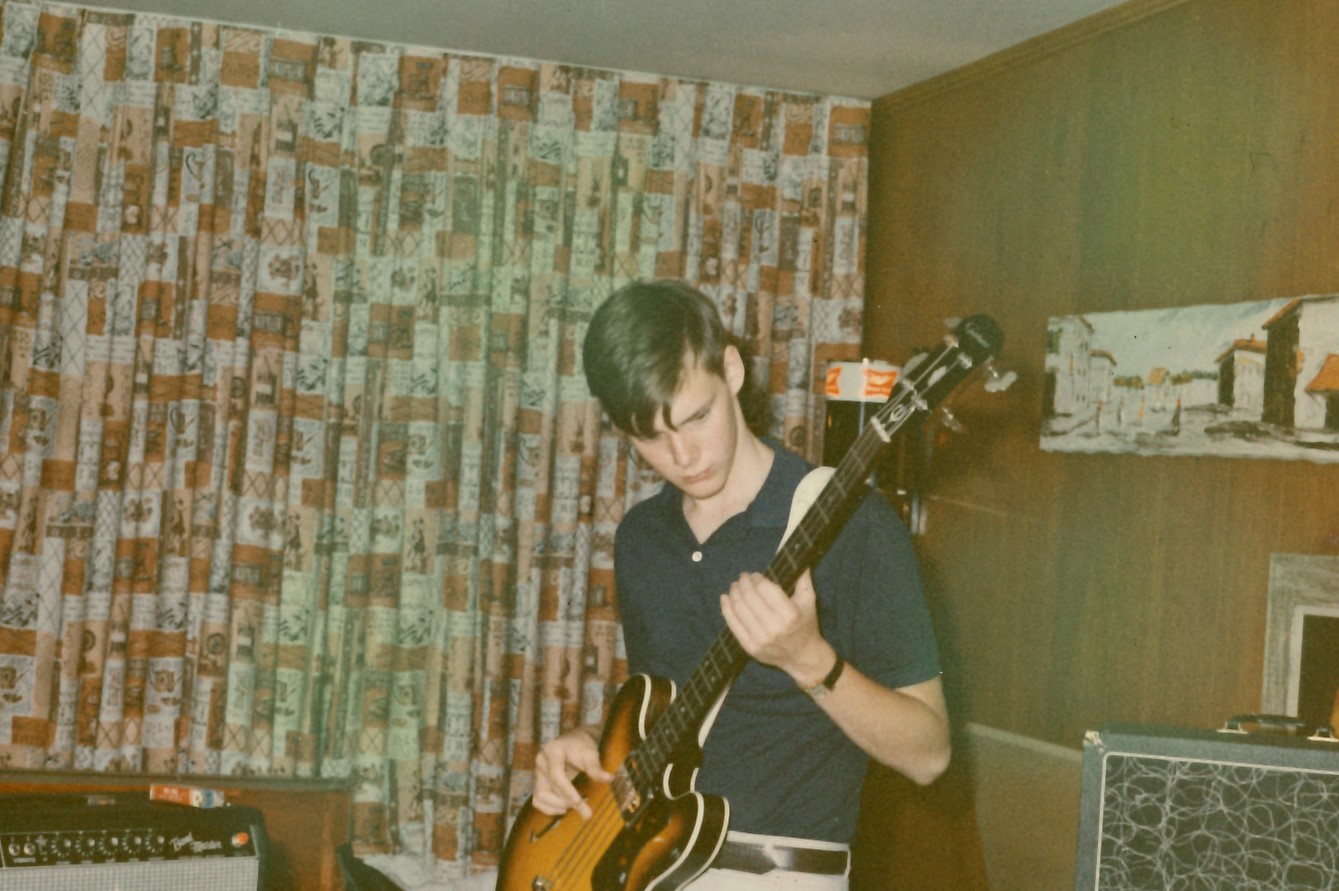
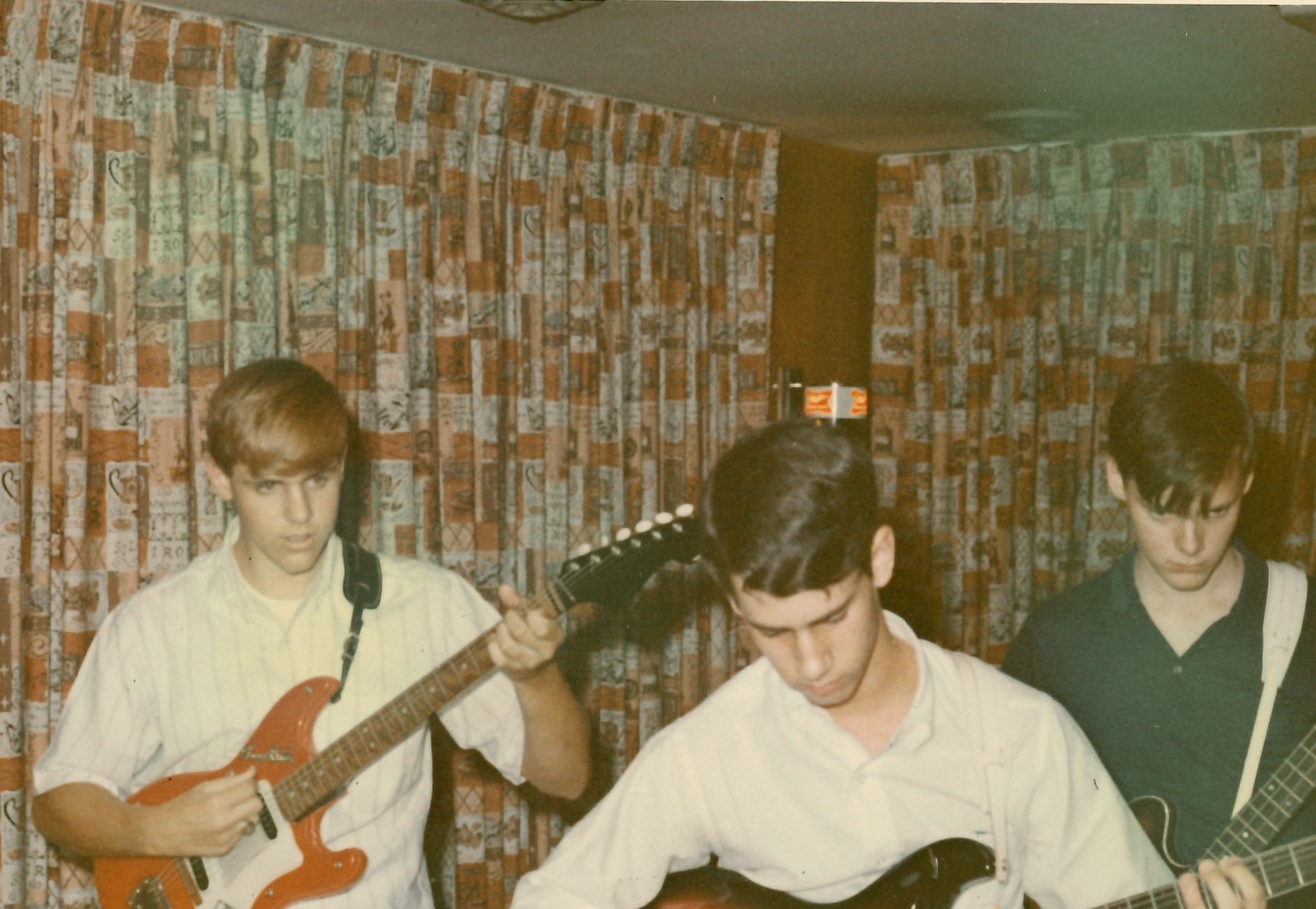
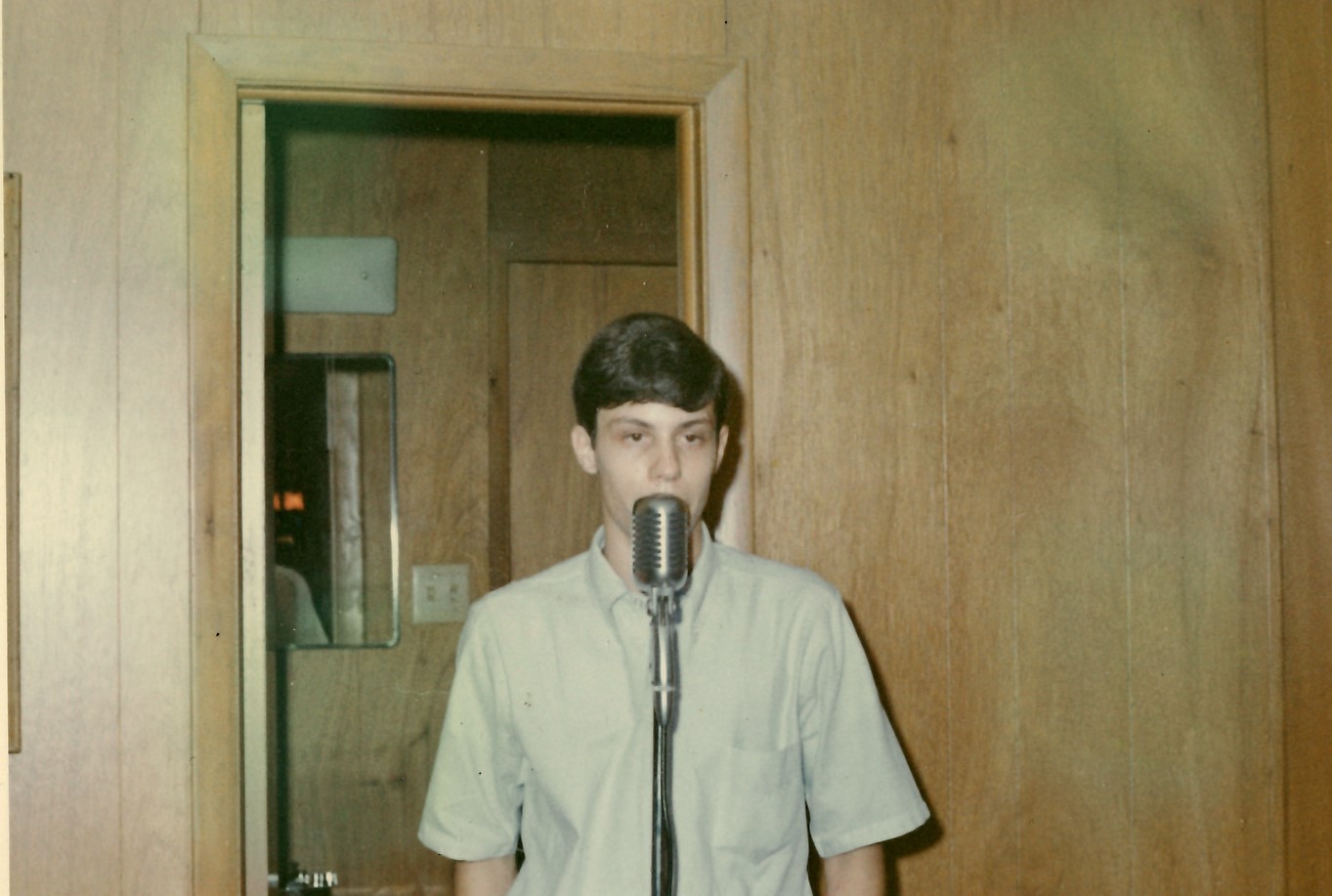
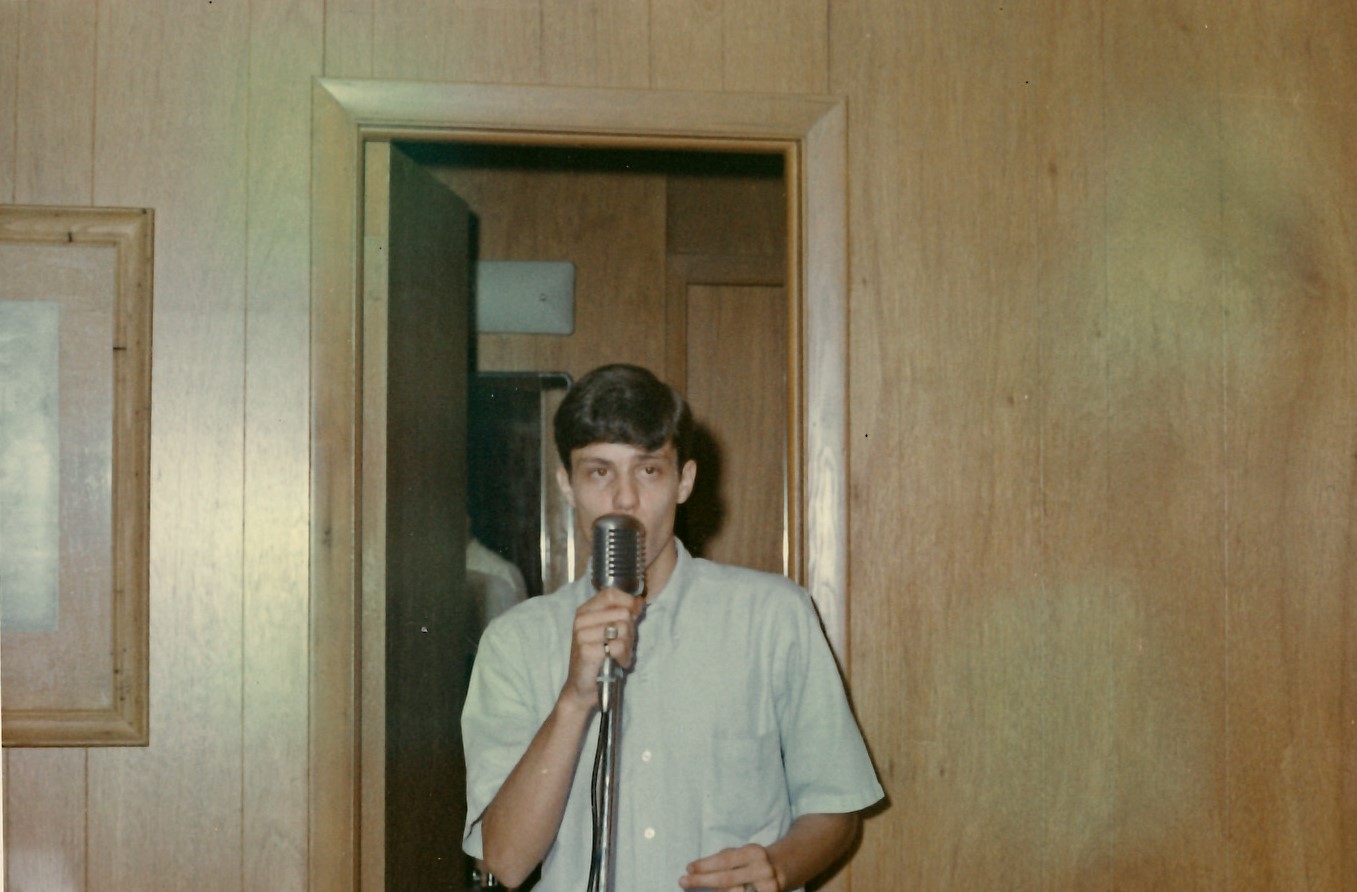
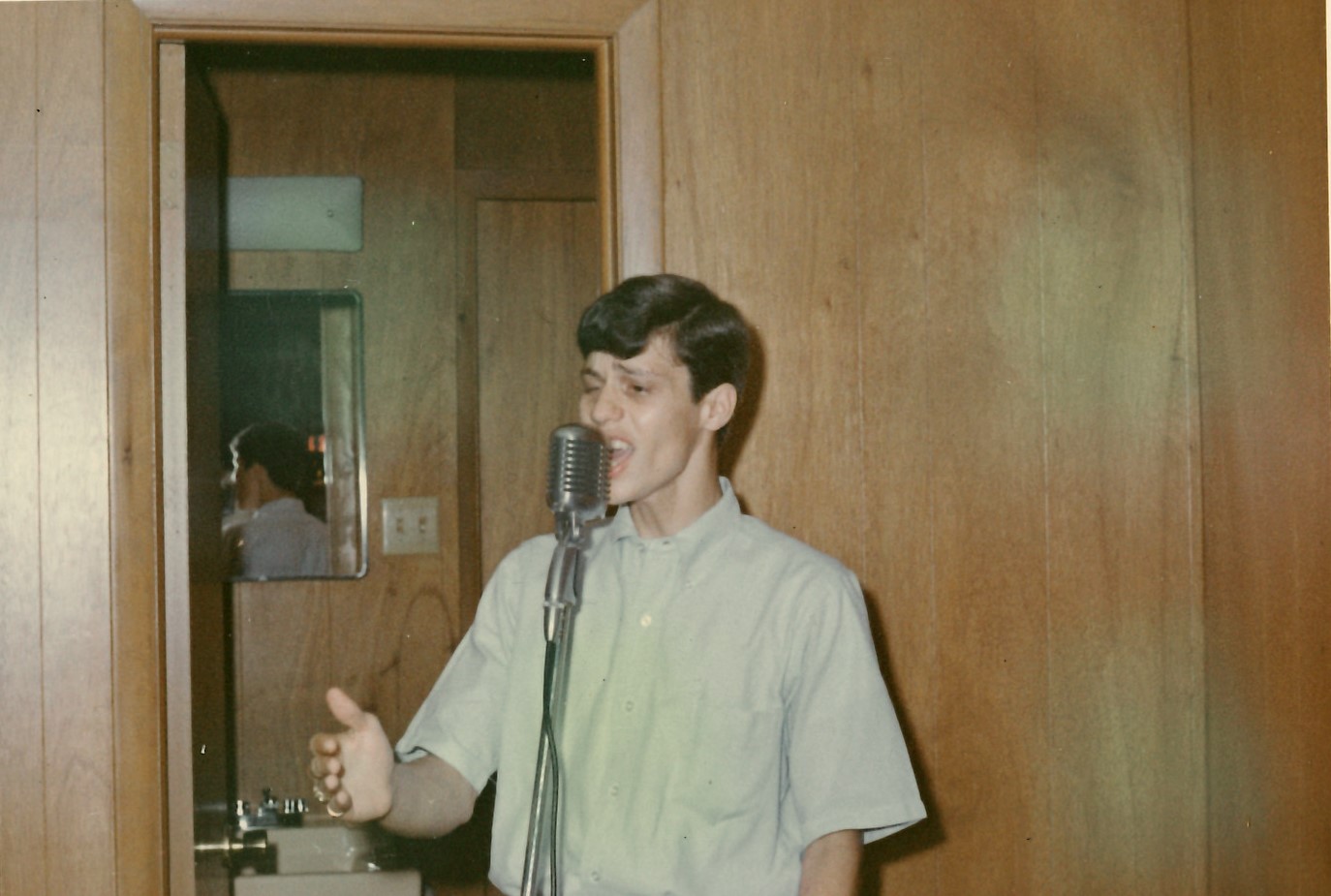
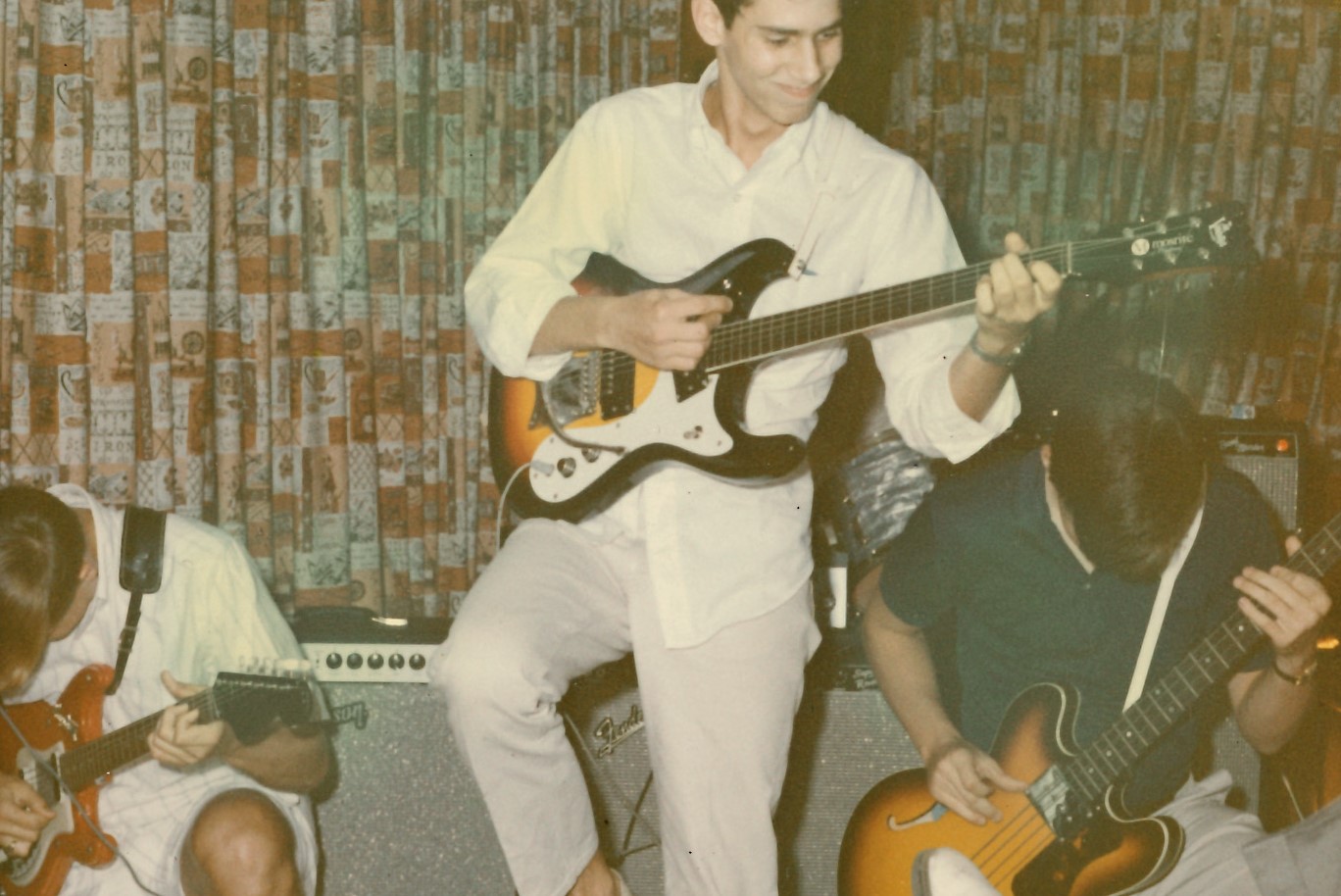
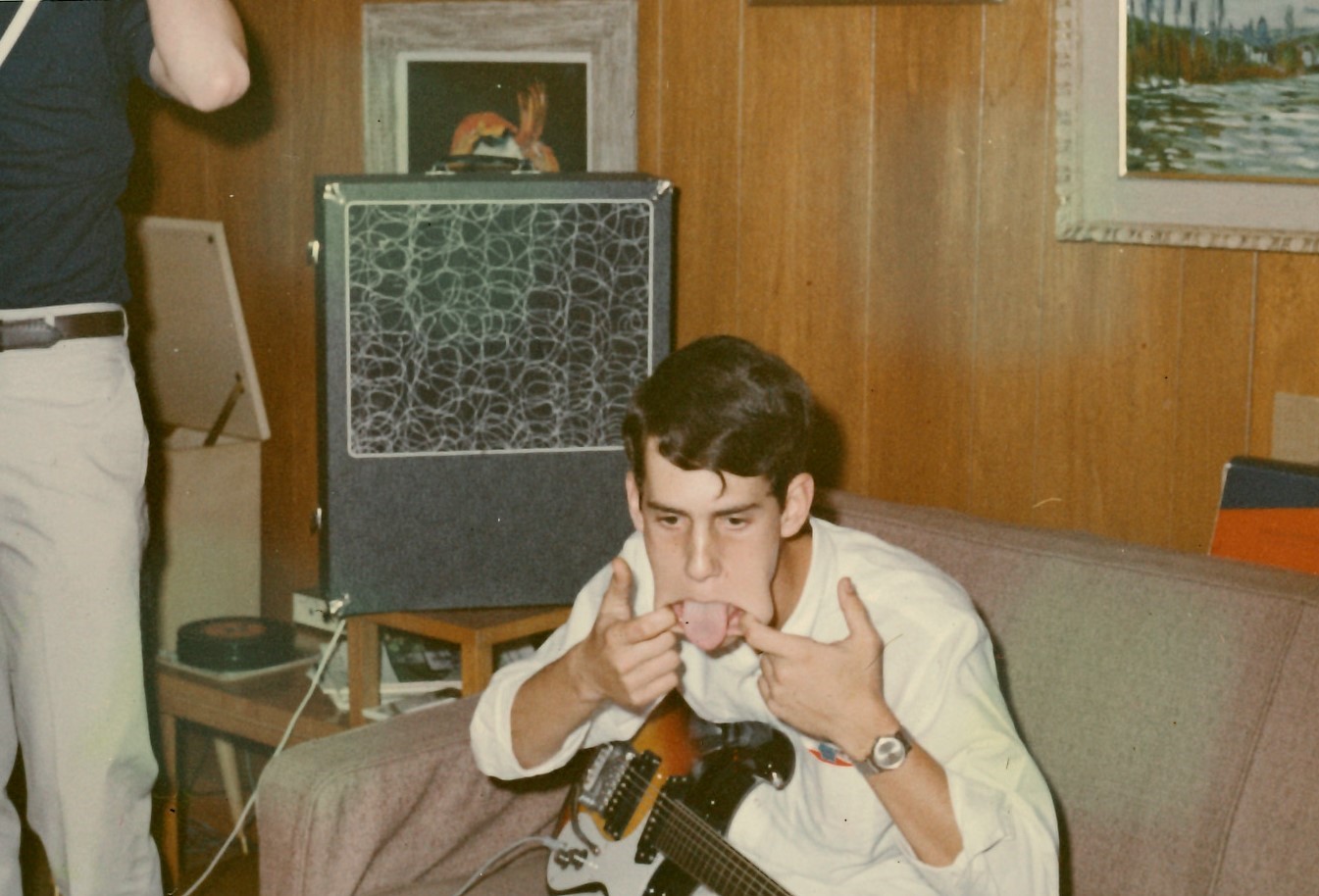
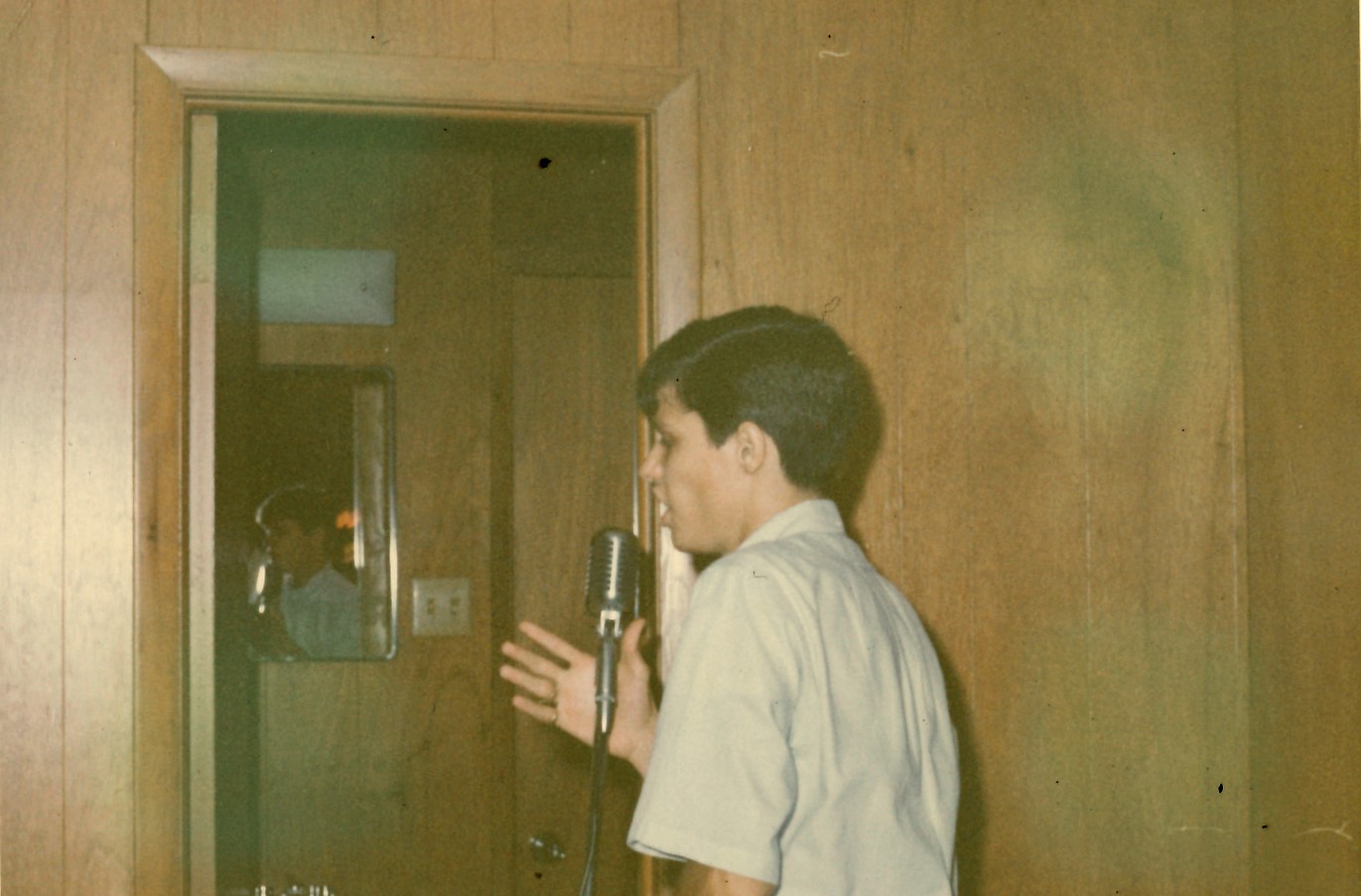
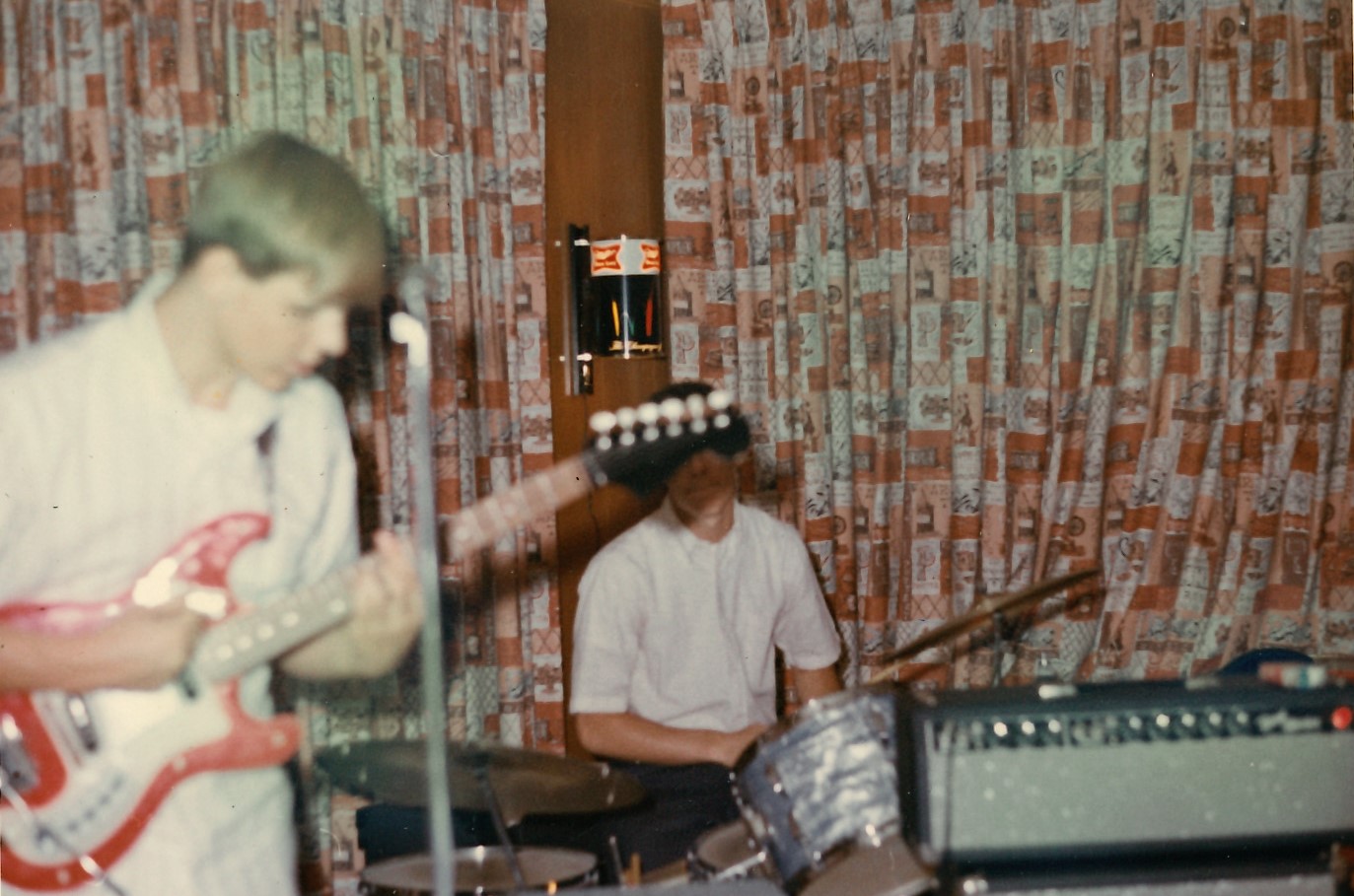
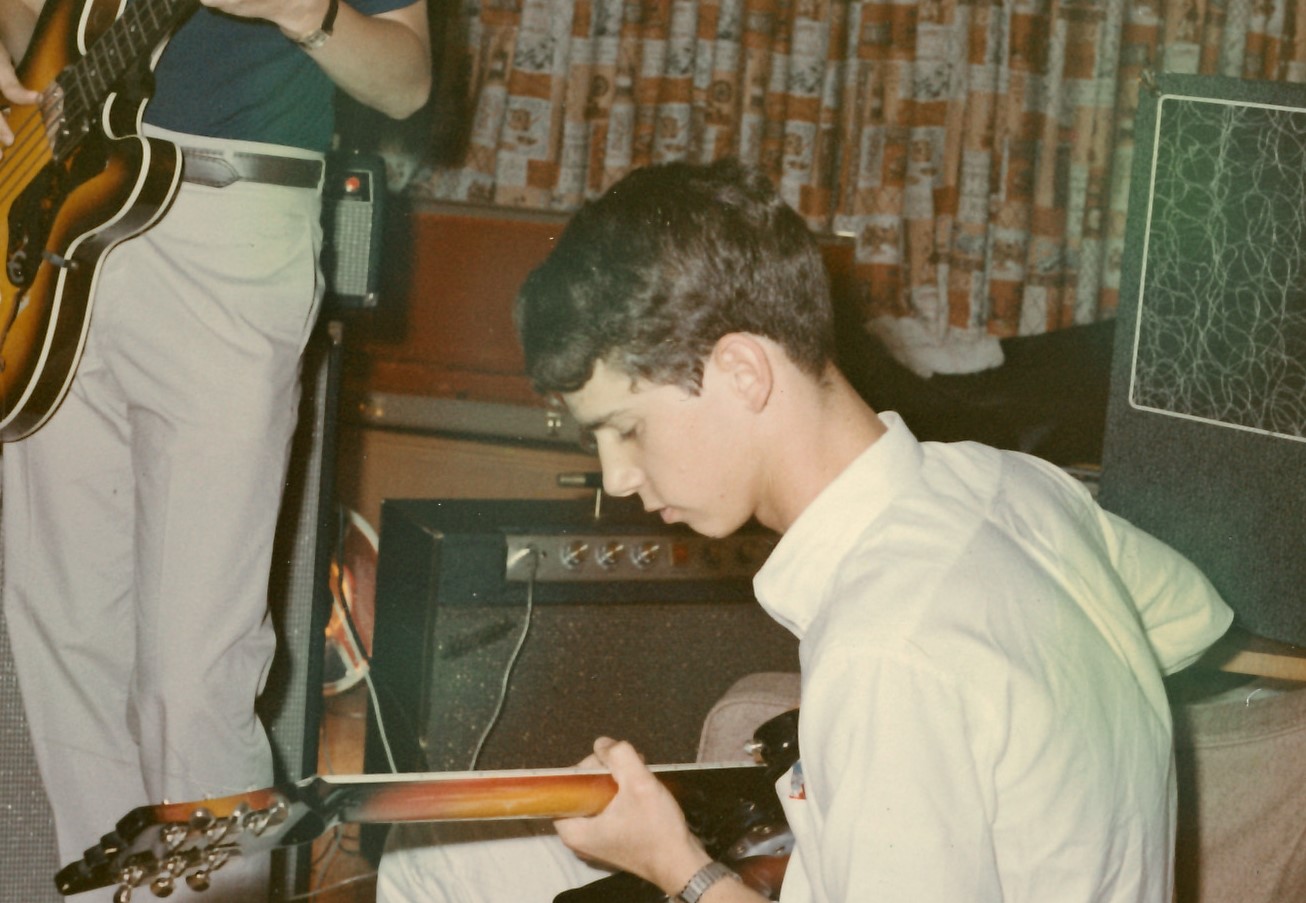
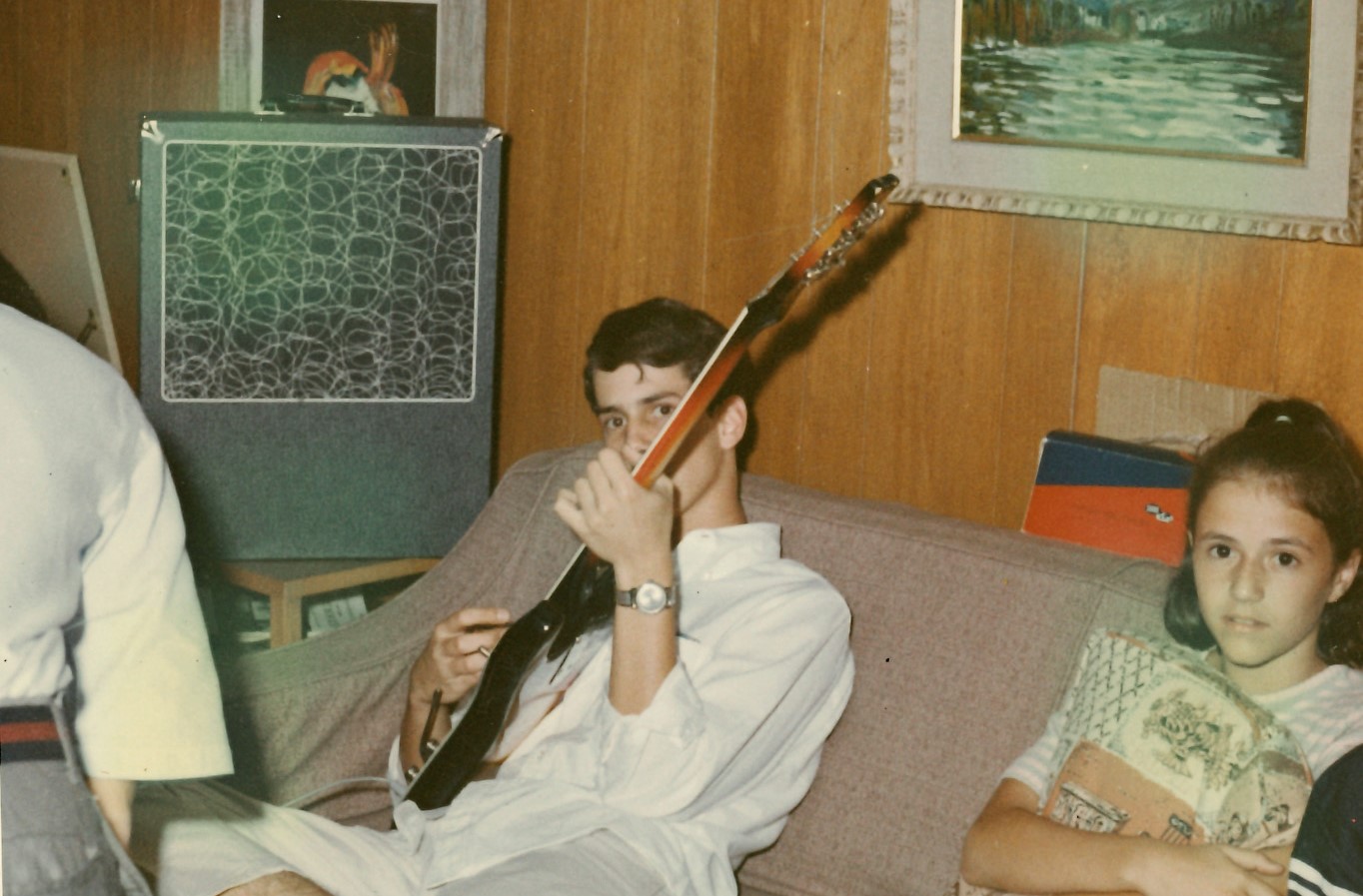
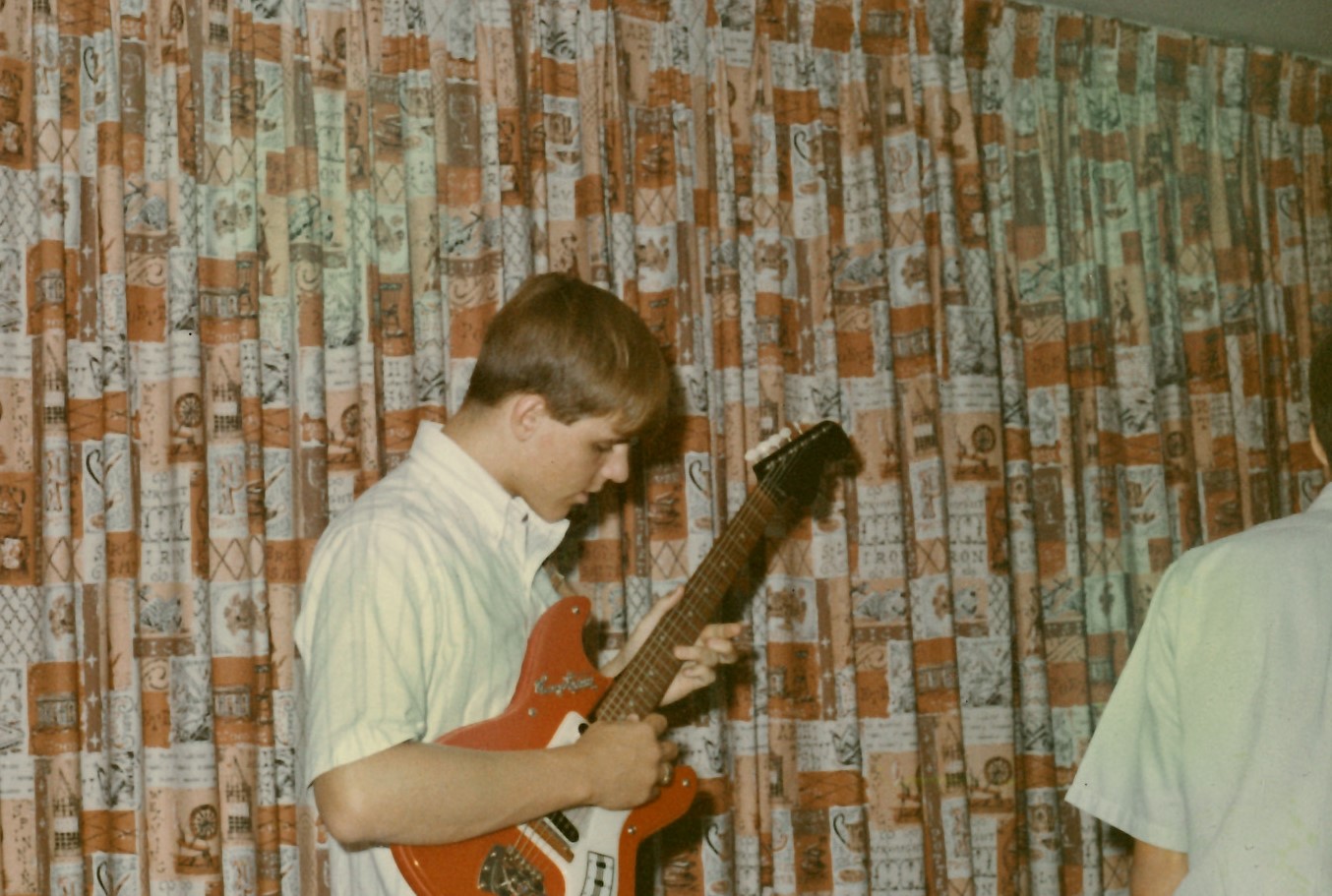
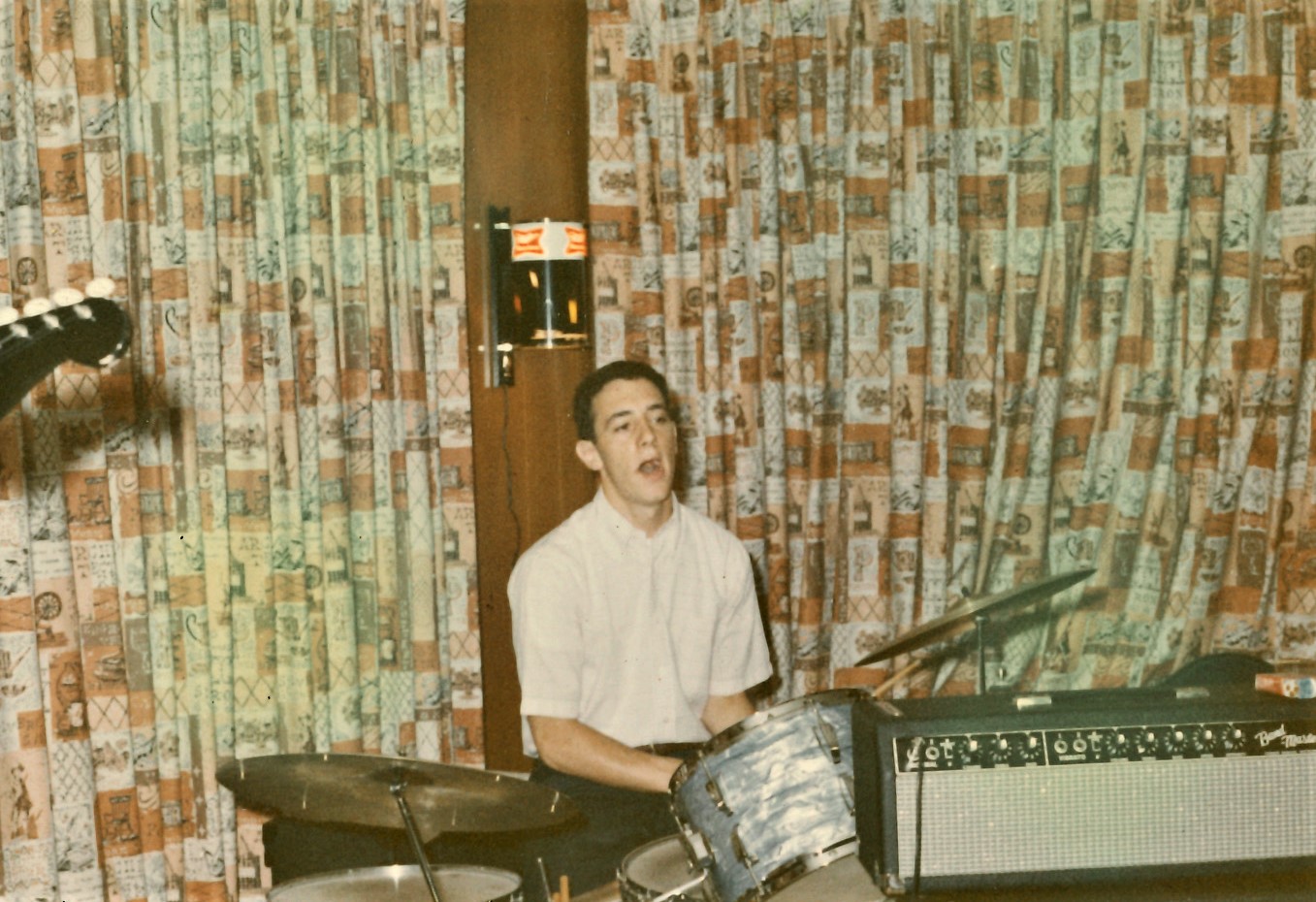
Can you elaborate the formation of The Fly-Bi-Nites?
Greg Presmanes: The drummer, Doug, Freedman, and I, played together in The Echoes band, a quartet (lead, rhythm, bass, drums) led by our lead guitar player, and lead singer. The drummer, Doug Freedman, split off from The Echoes, and formed The Fly-Bi-Nites. He asked me to sing lead for The Fly-Bi-Nites after hearing me sing lead on a few songs, and sing back up in The Echoes.
Bob Wade: Later in high school I started taking lessons from a guy named Harold Kelling. (Harold went on in later years to play with Zappa on several of his albums.) He and some other older guys started a band and I was in the rhythm guitar position. I was probably about 15 because I couldn’t drive. The name eventually became “The Four of Nine” and we played high school dances and such. Bruce Hampton even joined later and began to hone his “showmanship” skills. Somehow we started being booked by an agent and we had a job in Savannah, Georgia at some club. Long story short my parents said I couldn’t go, I went and that’s how I got to Florida Central Academy where I met Doug Freeman and Bobby Levinson. We were all from Atlanta so we started a group, knowing that we wouldn’t be incarcerated forever. We soon picked up Greg and Tommy and since we played mainly what was popular on the radio we needed a keyboard. We did some auditions, Steve came along-from somewhere. You need to remember that there was no internet at that time. We did have phones, but they were hardwired and not portable. And rotary dialing…
Information came from bulletin boards at school and certainly the local music store; Rhythm City. George Lucas certainly deserves “mucho” credit. He made everything possible for a lot of people, certainly me. That was the “behind the scenes” world. George knew everybody and what they were doing. He’d let you trade up on your instruments and pay weekly. I went through Epiphones, Gibsons of all makes and models, and (probably a few others) finally ending up with a Mosrite-just like the ones played by The Ventures. They were big at the time. I remember Doug being what I would call the “driving force” of the group. Everybody had a say, of course. Doug’s family connections got us a lot of gigs, Bar Mitzvahs and parties. He even had an uncle that was the manager of a local nightclub that was very popular; the Kitten’s Korner. A lot of big name (nationally known) groups played there and we did an “opening” once. By this time we had managed to scrape up enough money to buy some studio time and got our original music onto a disc. There was a radio station in Atlanta (WQXI) that was “the” station for rock and the Kittens Korner did a lot of advertising with them. Enough people evidently badgered them until it got played on the air. It was so popular that I remember the station played it all week; ‘Found Love’ that is.
Tommy Dean: Doug Friedman, Bobby Levinson, Bob Wade and band manager Lee Krinski were all students at Florida Central Academy. Doug pushed to start a band and talked Bob Wade into teaching Bobby Levinson to play guitar.
What sort of venues did The Fly-Bi-Nites play early on? Where were they located?
Greg Presmanes: The Fly-Bi-Nites played mostly in and around Atlanta, at high school dances, and for a few performances at the Kittens Korner night club.
Tommy Dean: High School proms and dances.
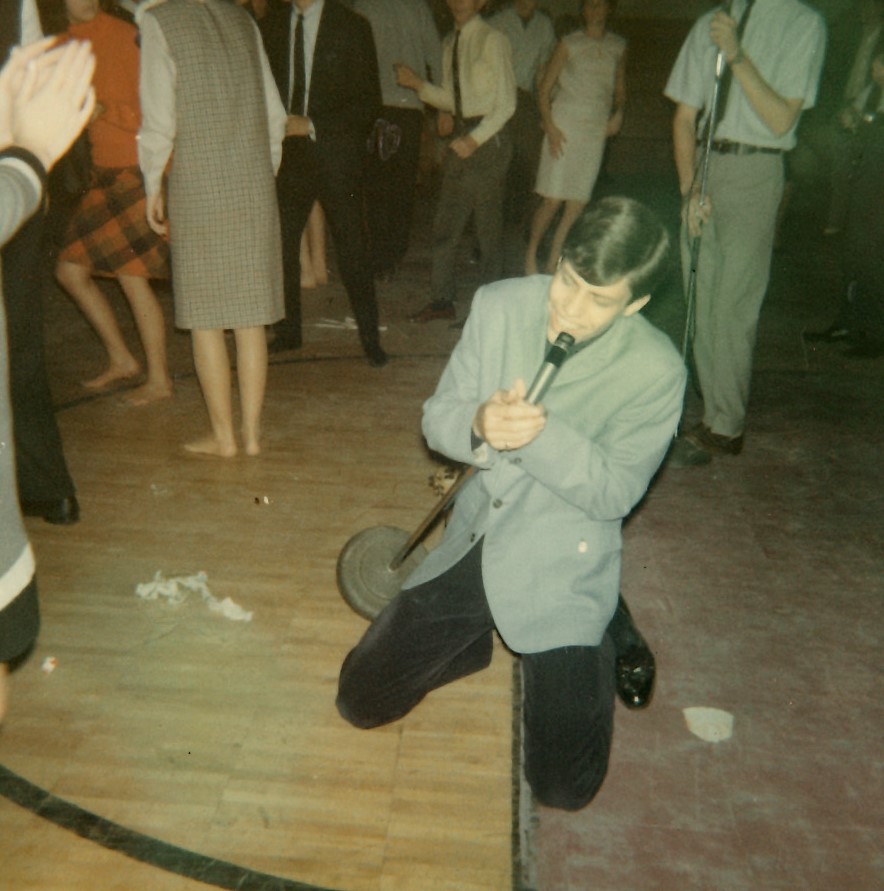
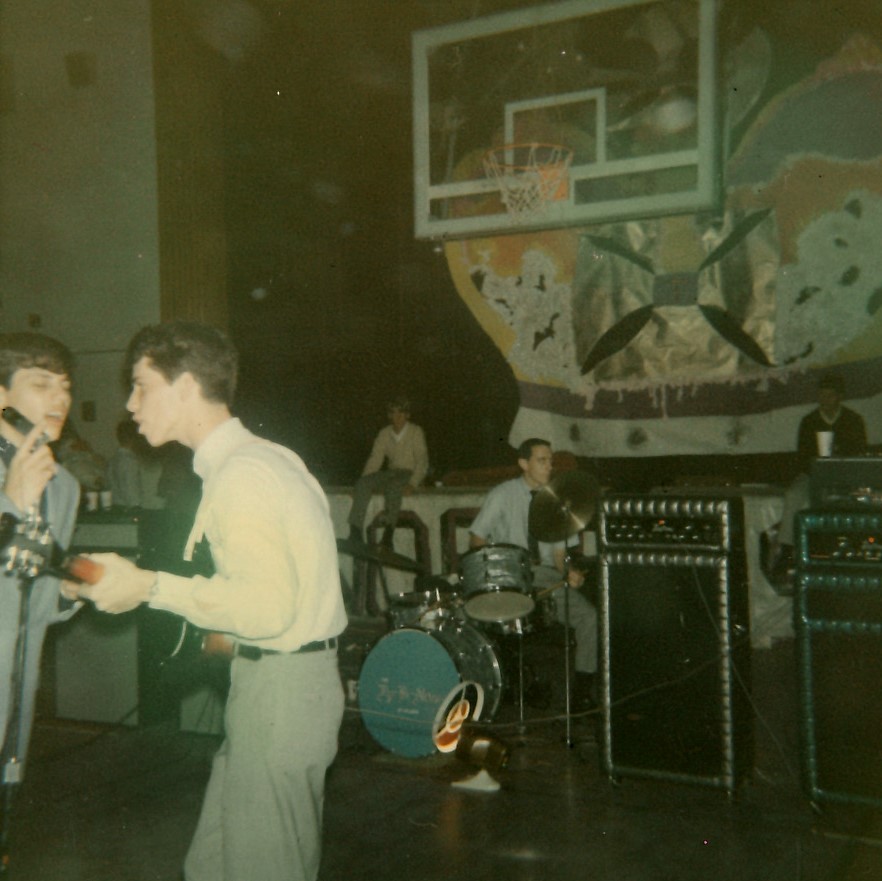
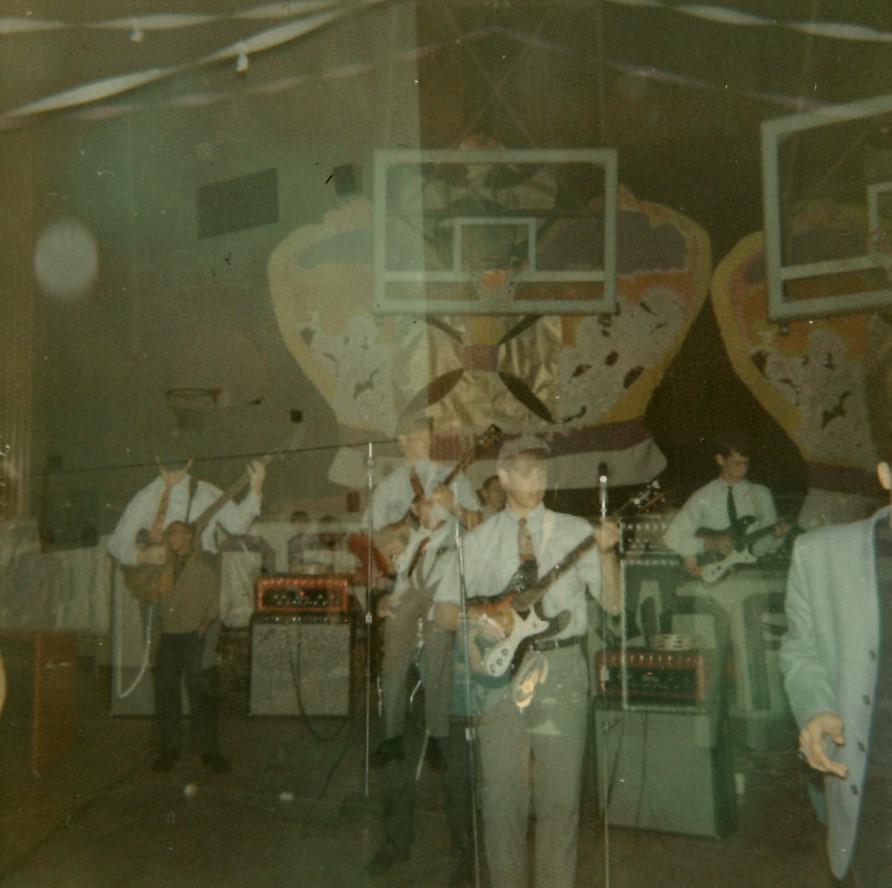
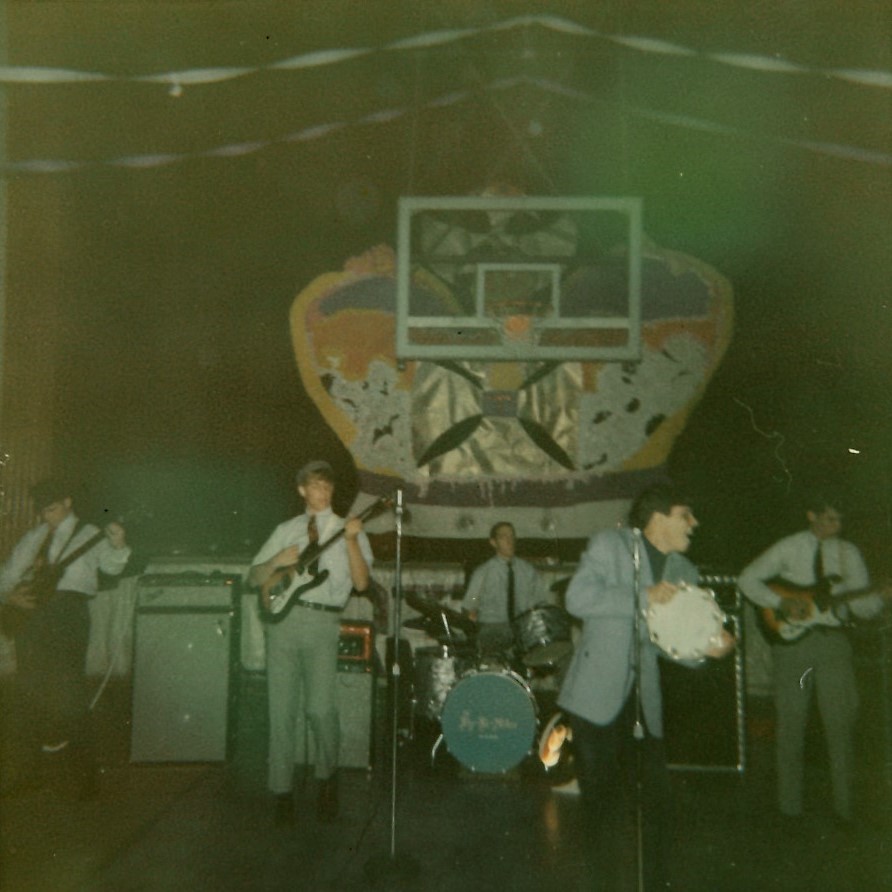
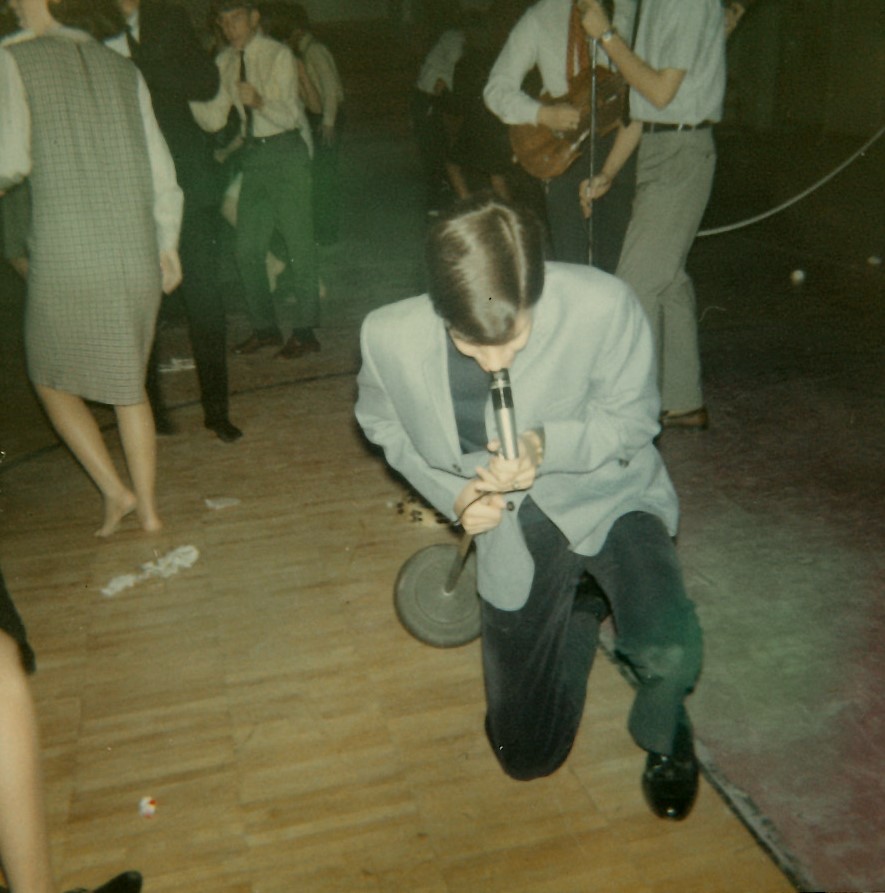
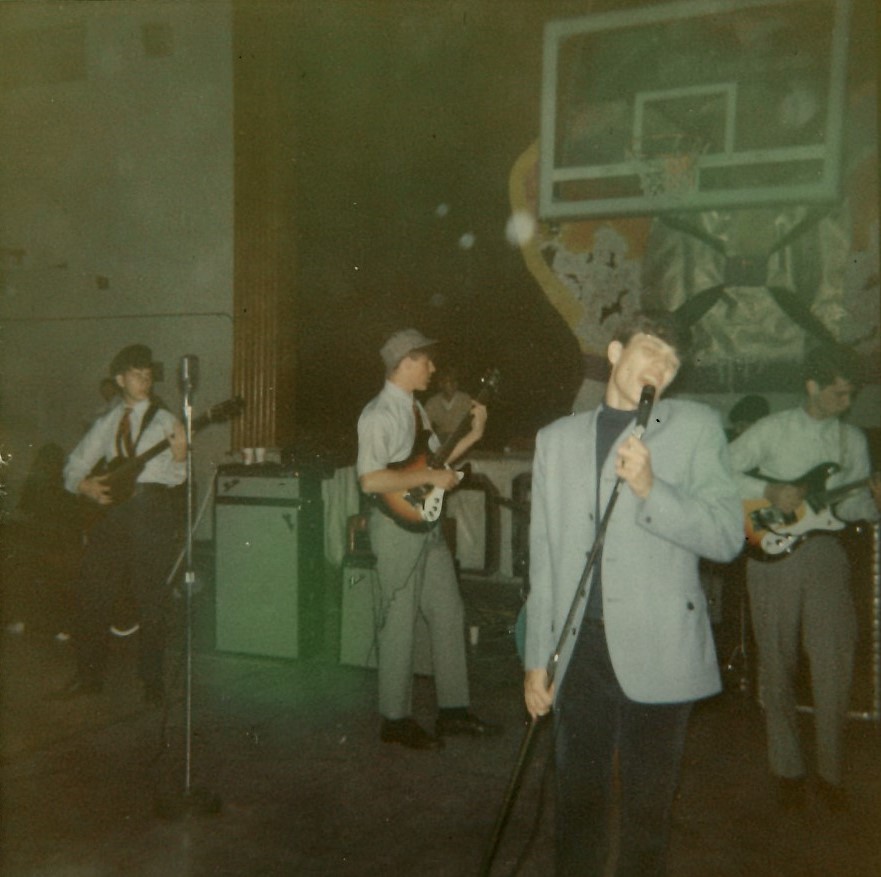
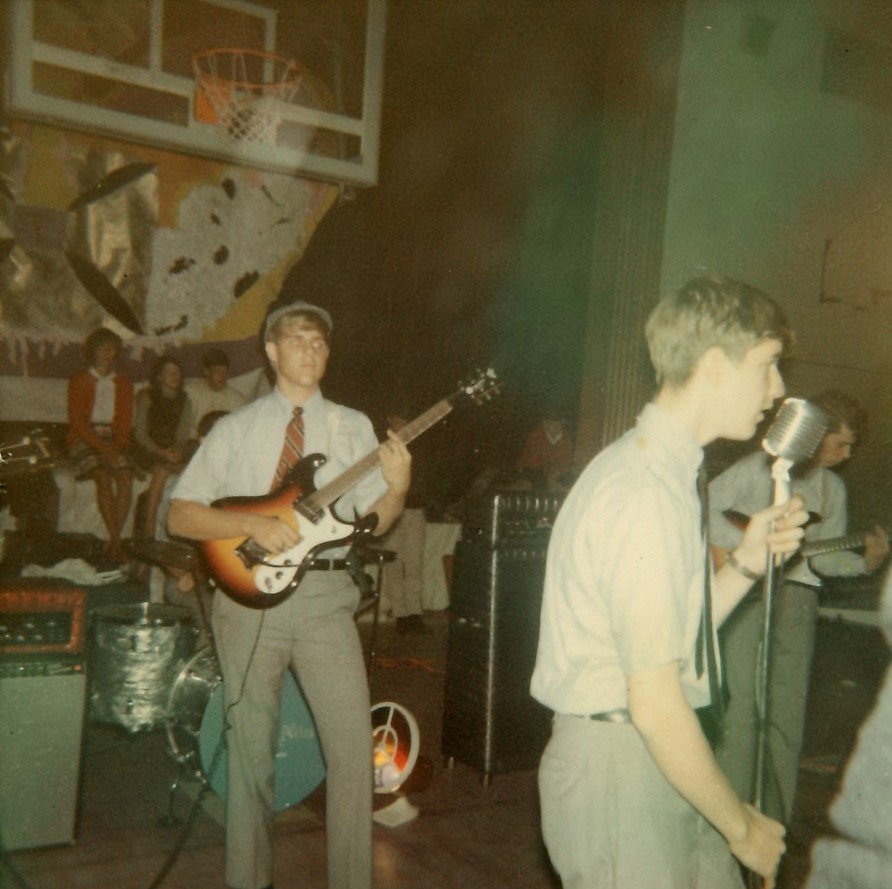
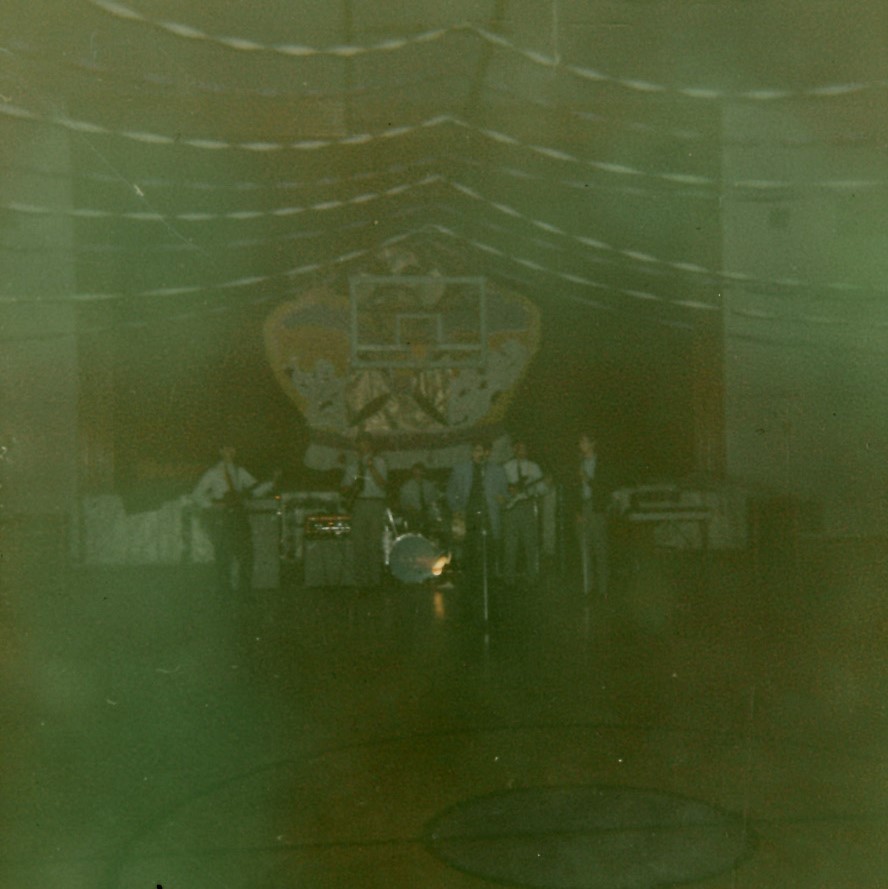
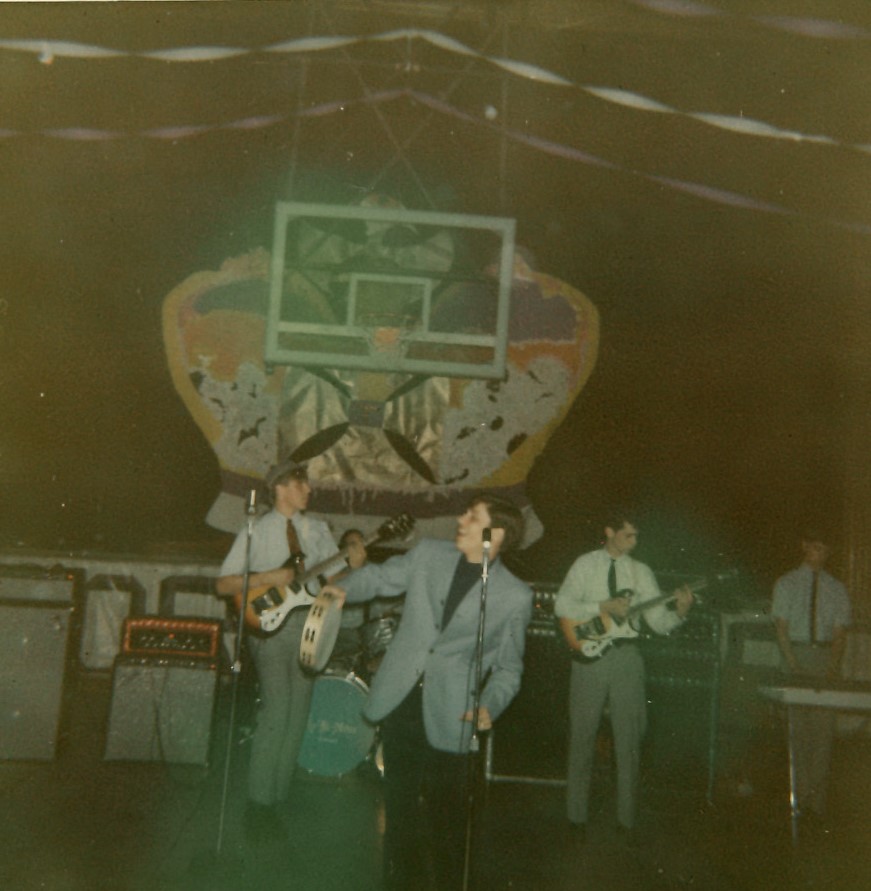
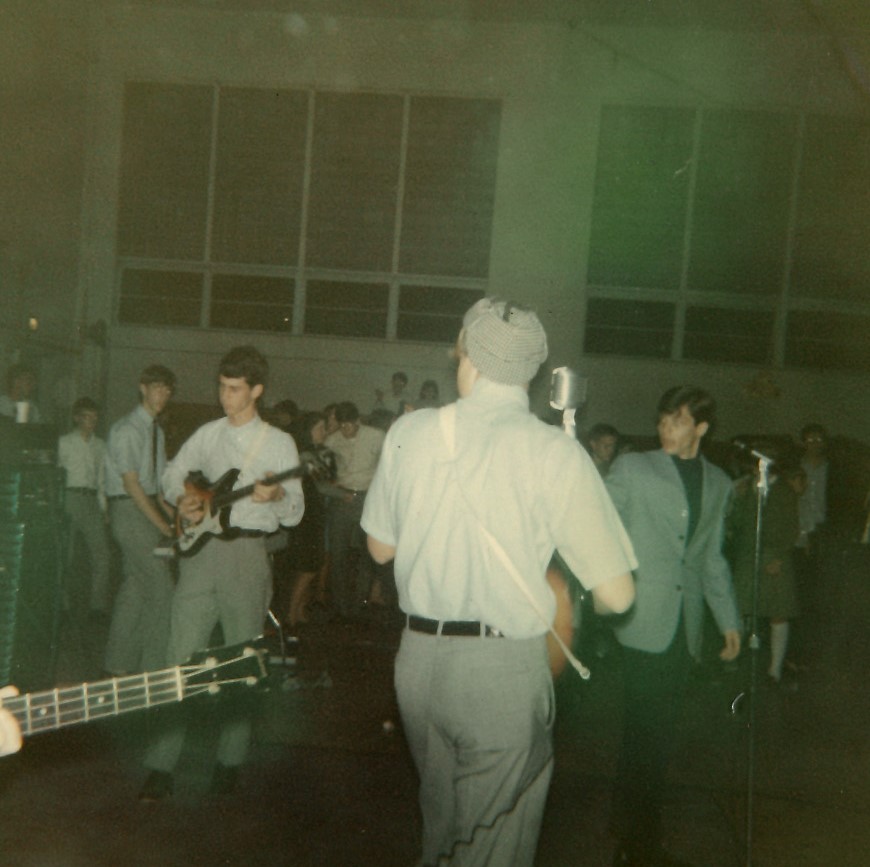
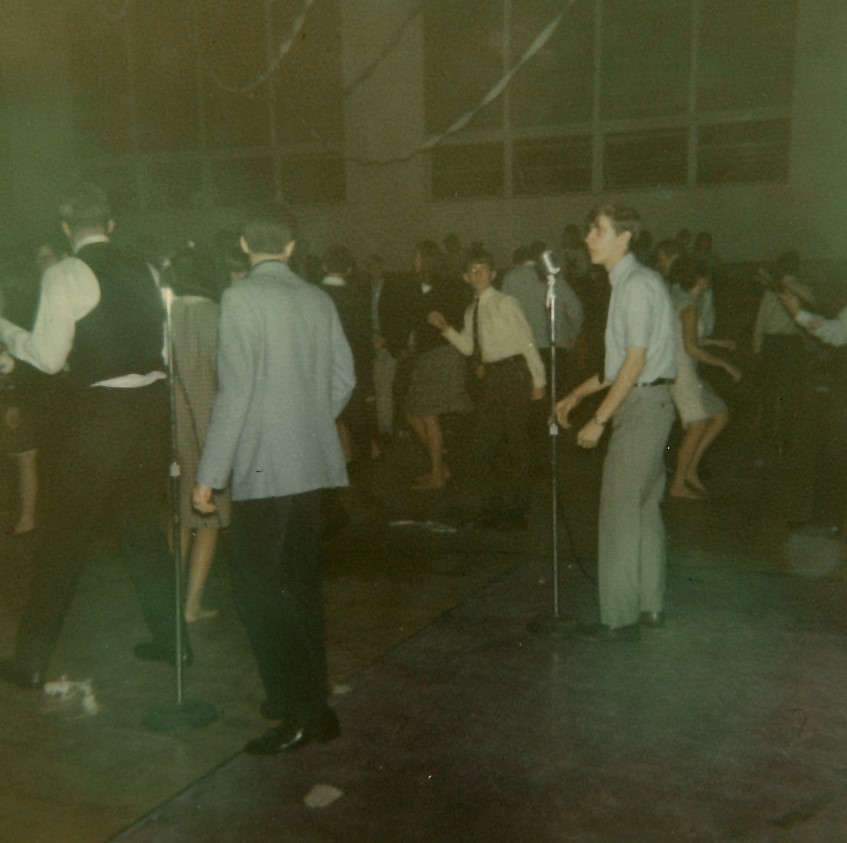
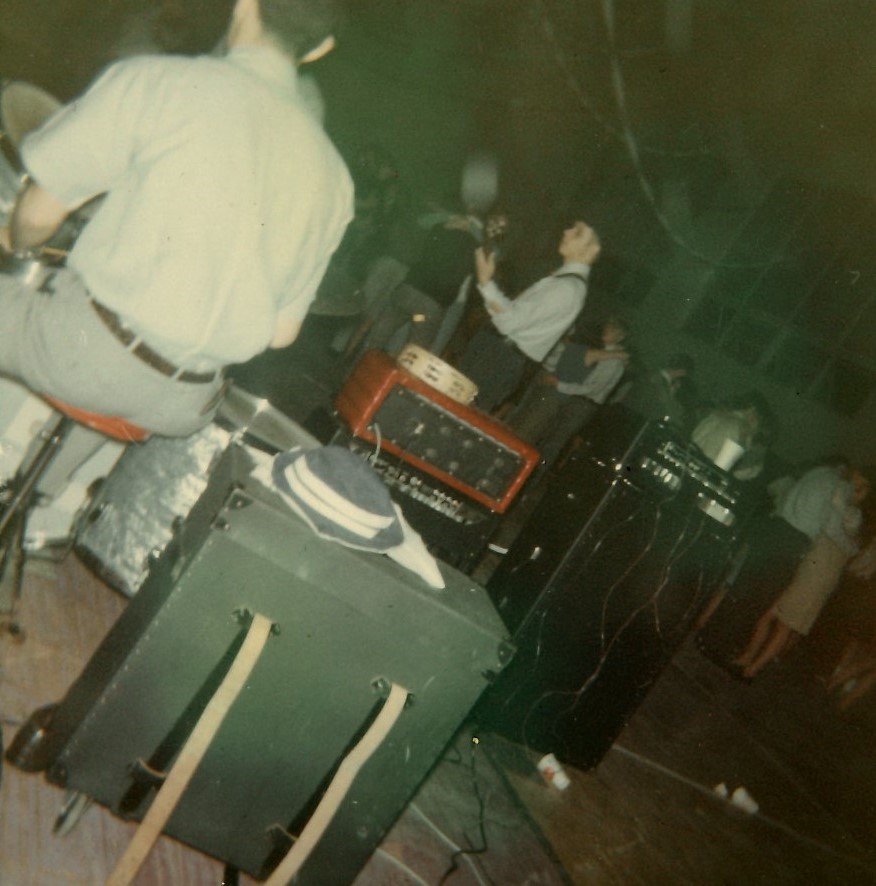
How did you decide to use the name “The Fly-Bi-Nites?”
Greg Presmanes: Drummer, Doug Freedman, came up with the name, The Fly-Bi-Nites coming to the best of my knowledge. I cannot guarantee that though.
Tommy Dean: The band had that name when I joined.
What influenced the band’s sound?
Greg Presmanes: The local music scene influenced The Fly-Bi-Nites setlist. We just played popular music. The music people heard on the radio.
Tommy Dean: Top Forty Radio.
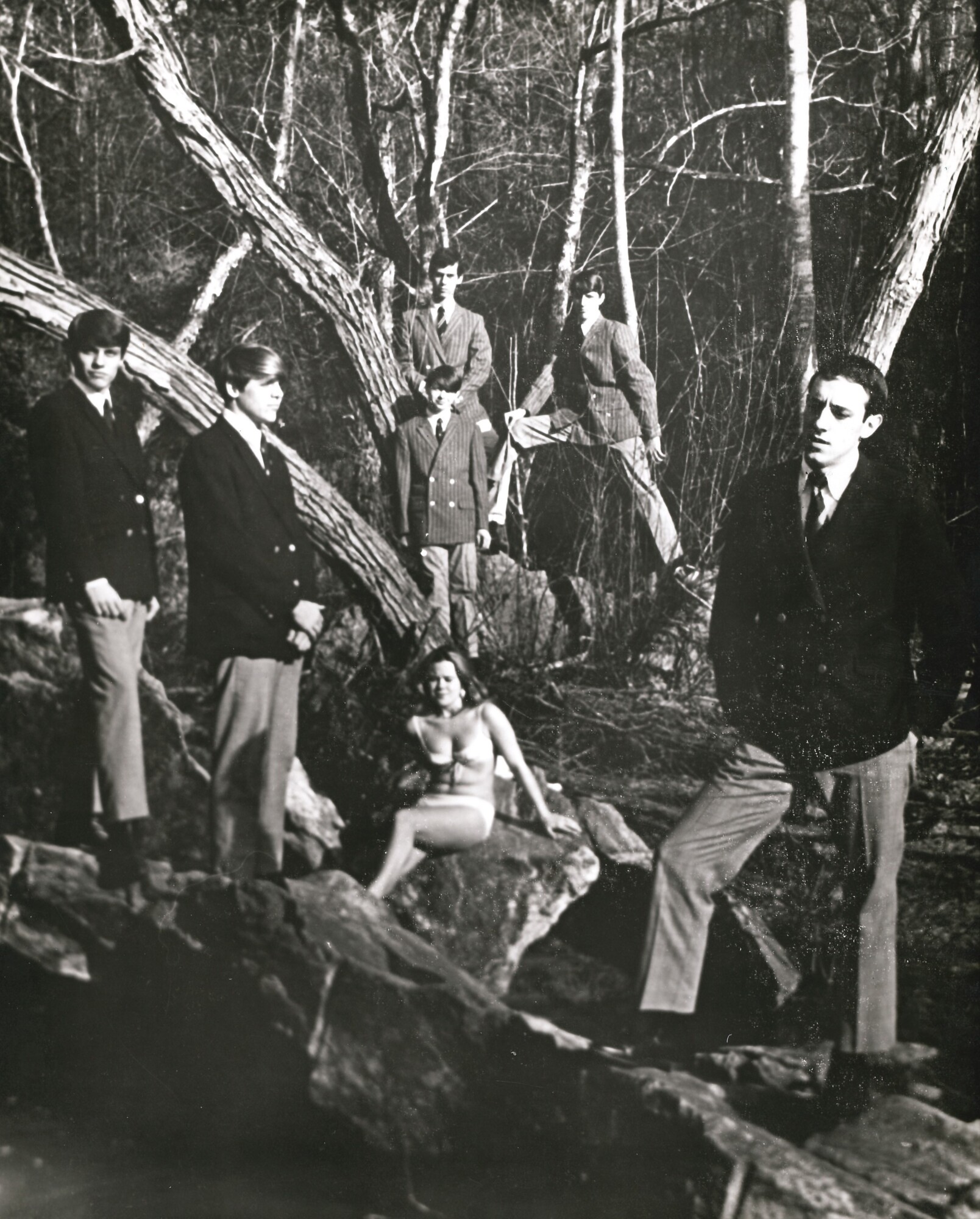
“In Atlanta, when ‘Found Love’ was first released, the local radio station, WQXI, Quicksie in Dixie as they called it, played our song in a blast or bomb segment, comparing it to The Beach Boys song ‘Help Me, Rhonda'”
You released a 45, ‘Come On Up’ / ‘Found Love’ for Tiffany Records, was this a self-release?
Greg Presmanes: Yes, it was a self-release. That song has made it around the world, though, having been bootlegged like crazy. I hear from fans now and then when someone tracks me down and calls me to talk about the song. Haven’t had a call like that in a couple of years though. We have been included in some books on rock ‘n’ roll involving independent label music. On some lists of important, independent label songs, we have been listed as in the top 100 best independent label songs of all time. I think we were listed as number 71 if my memory is correct, on one of those lists. In Atlanta, when ‘Found Love’ was first released, the local radio station, WQXI, Quicksie in Dixie as they called it, played our song in a blast or bomb segment, comparing it to The Beach Boys song ‘Help Me, Rhonda’. The listeners voted by calling in and believe it, or not, we soundly defeated ‘Help Me, Rhonda’ by The Beach Boys. Unbelievable! The disc jockey came on air afterwards to announce that we had beaten The Beach Boys, and announced that if the boys could hear the announcement that they were invited to come by the studios right then, which was in the middle of a date night on a Friday or Saturday night. I cannot remember who I was with at the time, but we went down to the WQXI studios, and they treated us like royalty. However, nothing ever came of it. Someone called me the next day and tried to buy the song for one of his other artists, but we would not sell it.
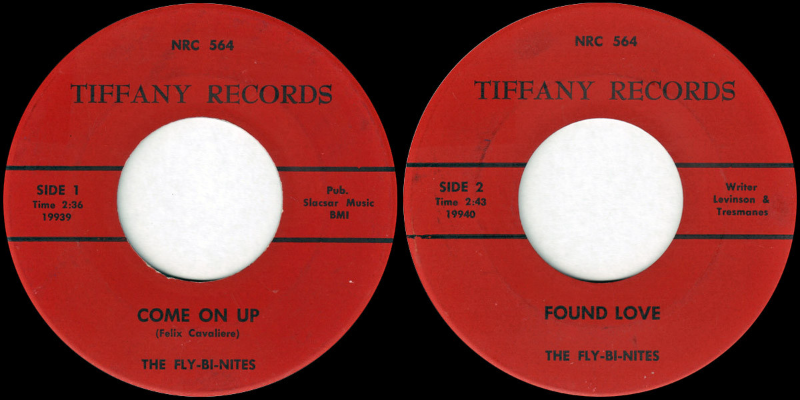
Please share your recollections of the sessions. What were the influences and inspirations for the songs recorded?
Greg Presmanes: My recollection of the recording session is that the engineer/producer, whose name I cannot recall, kept trying to get us to change the name from ‘Found Love’ to ‘My Found Love,’ because it would make more sense. He also coached me on my vocals and actually helped me a lot. Bill Lowery, the king maker for rock ‘n’ roll at the time, was present at our recording session, and wanted to offer us a contract to make us the next big thing, but the Drummer’s dad told him no that we were going to school.
Tommy Dean: Tracks were recorded at Mastersound in Brookhaven. It was in an old school house by railroad tracks.
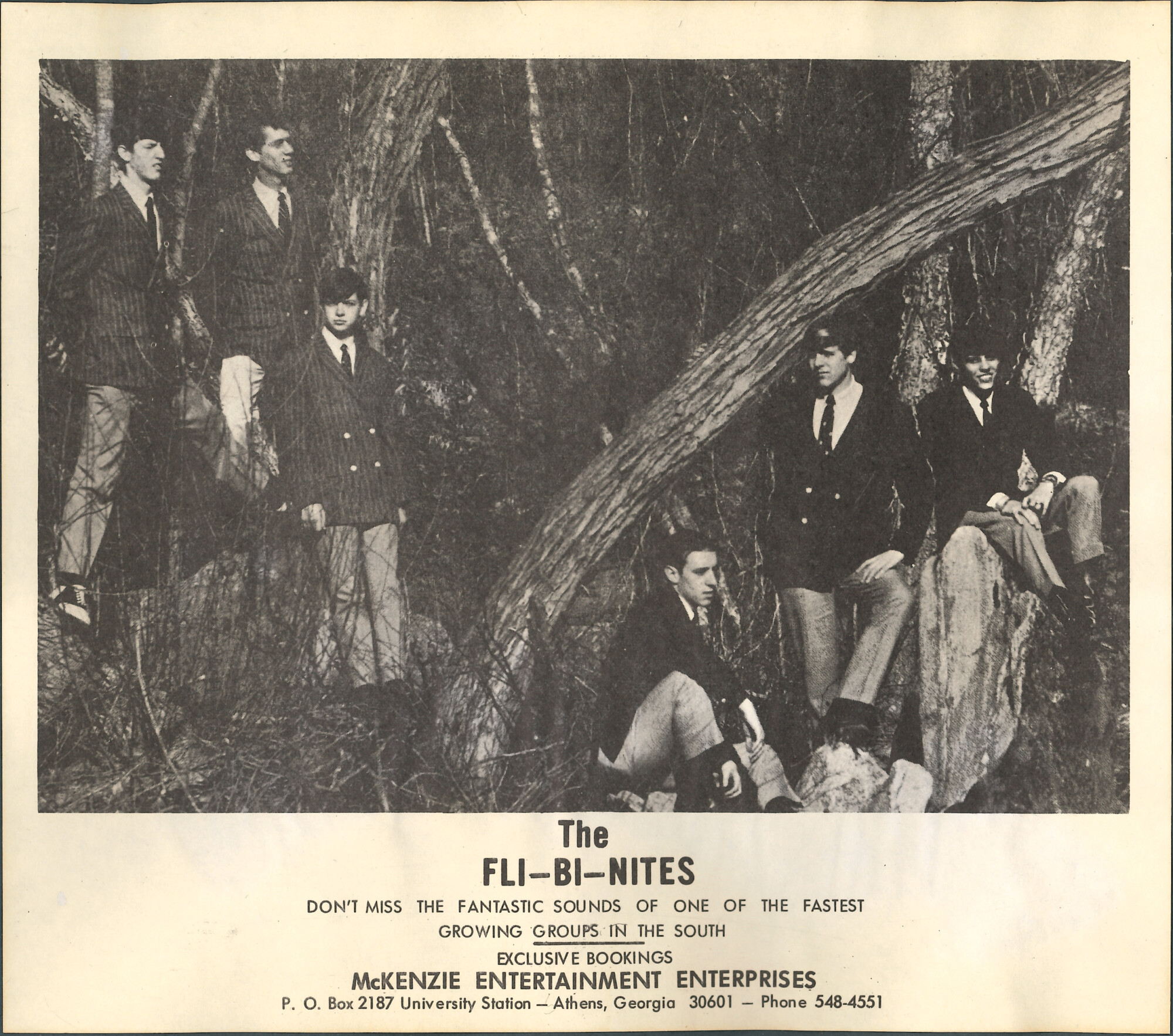
Would you share your insight on the tracks?
Greg Presmanes: I have always thought that one of the major things that made ‘Found Love’ as popular as it is, is the arrangement itself. The band put the arrangement together, but I think it was probably the bass player and back up singer Tommy Dean, and the keyboard player, Steve Sherwood, who had one of the most important arrangement roles.
Were you inspired by psychoactive substances like LSD at the time of writing the album?
Greg Presmanes: No, we were straight arrows.
Bob Wade: As to “substances” being used, as Greg stated, we were pretty straight. We were in high school which on this day means just about anything goes, but back then that culture hadn’t trickled down yet. There was probably some alcohol on occasions, but I don’t remember anyone becoming non-functional.
Tommy Dean: Did not smoke pot until I was seventeen – after the band broke up.
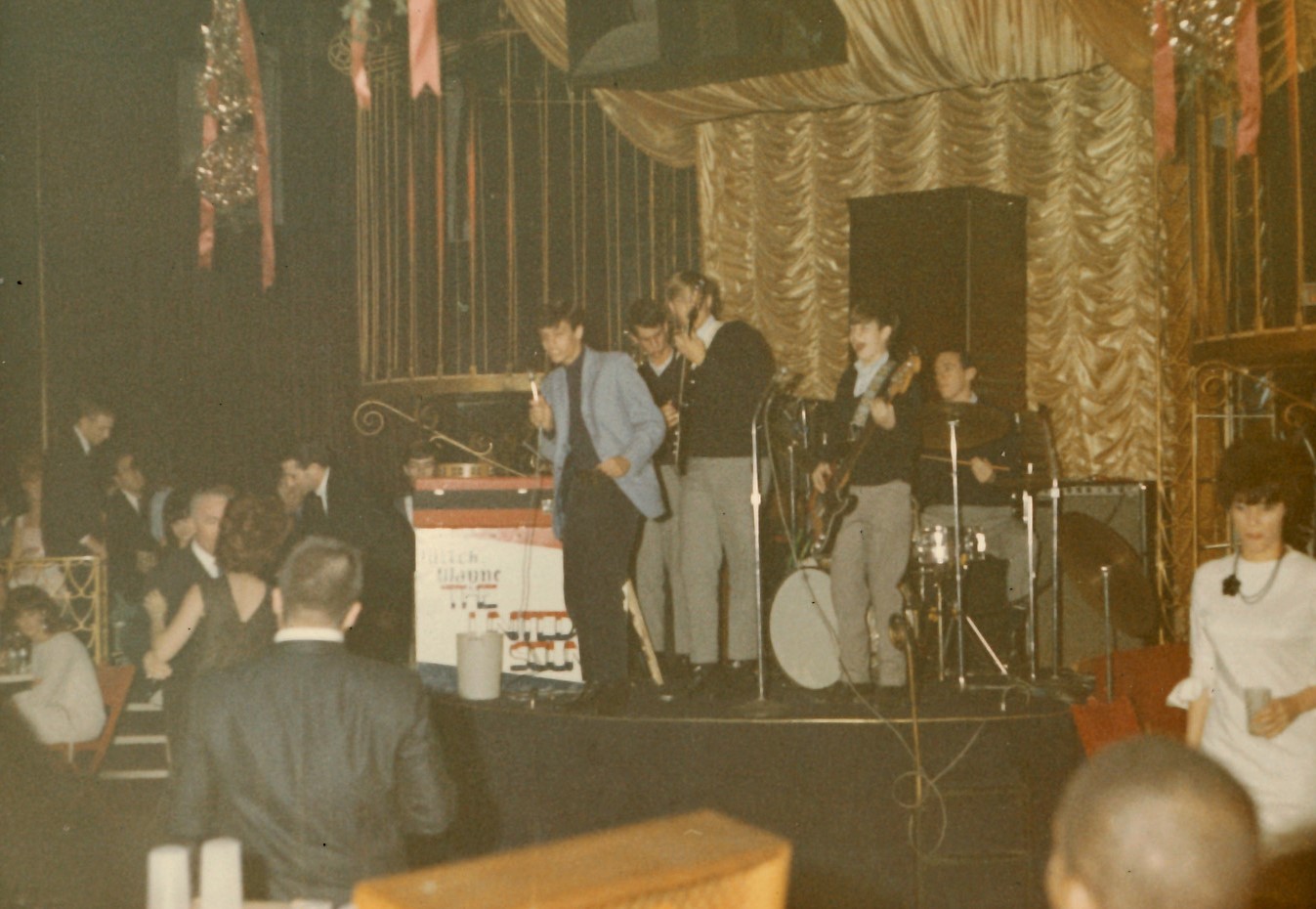
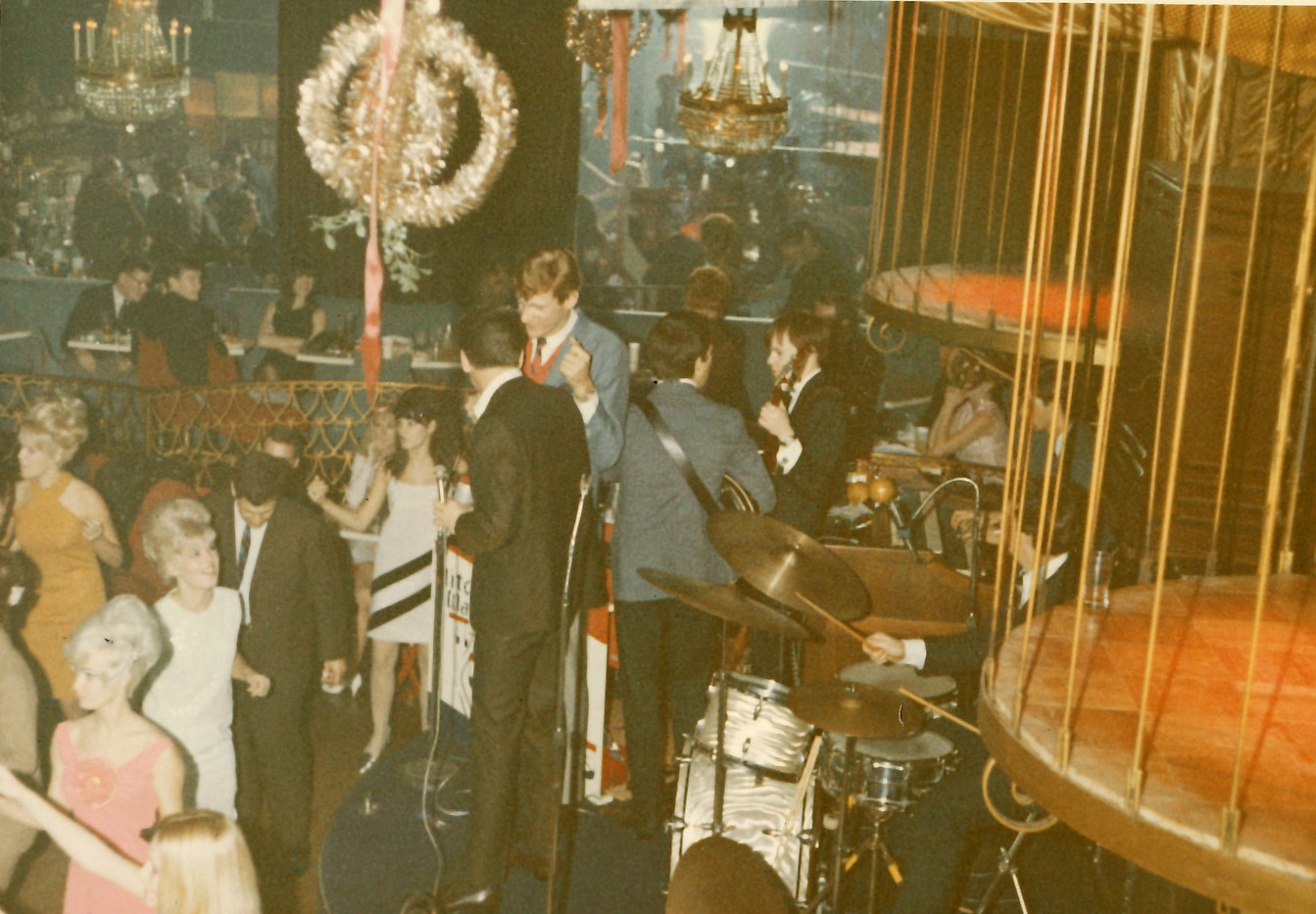
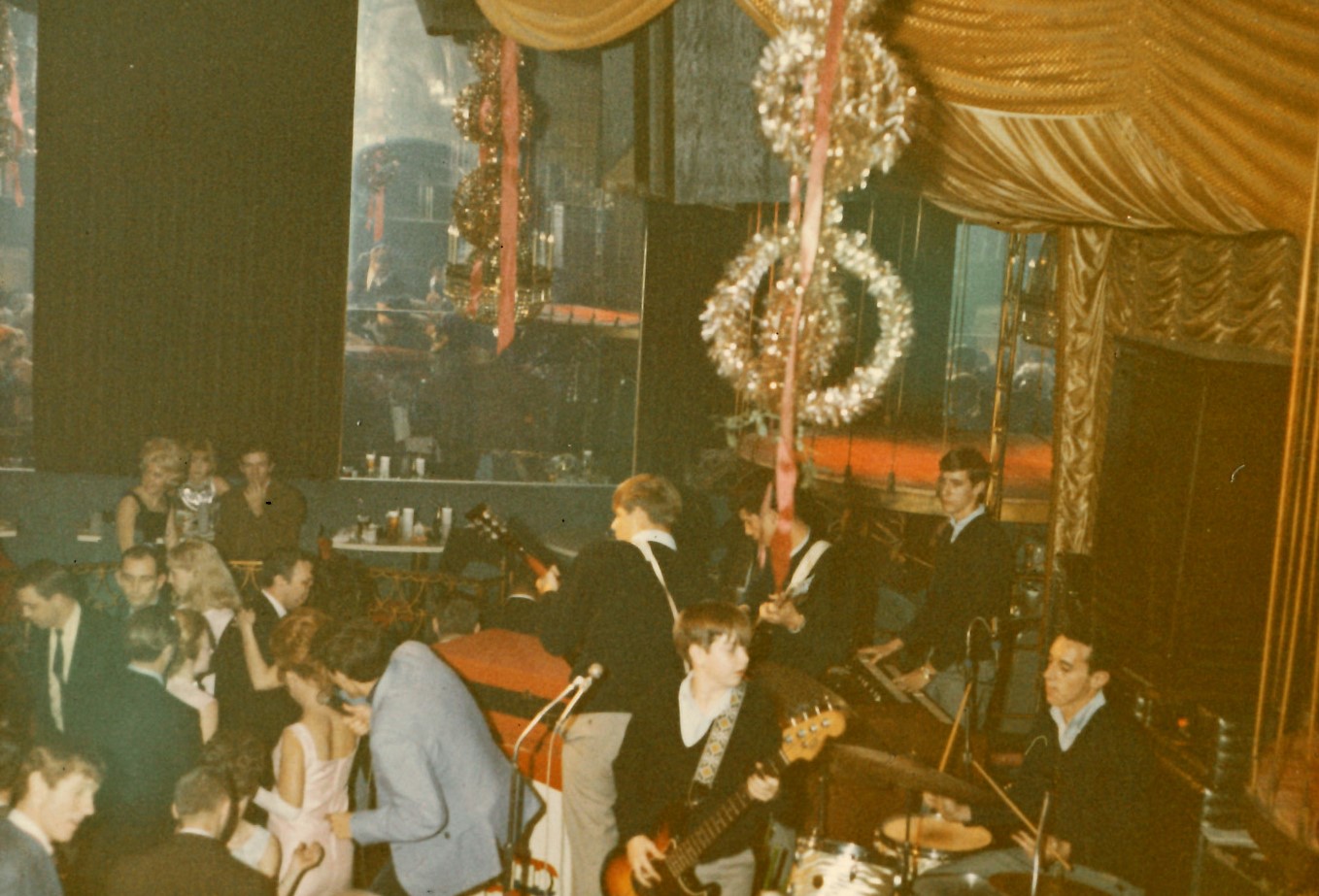
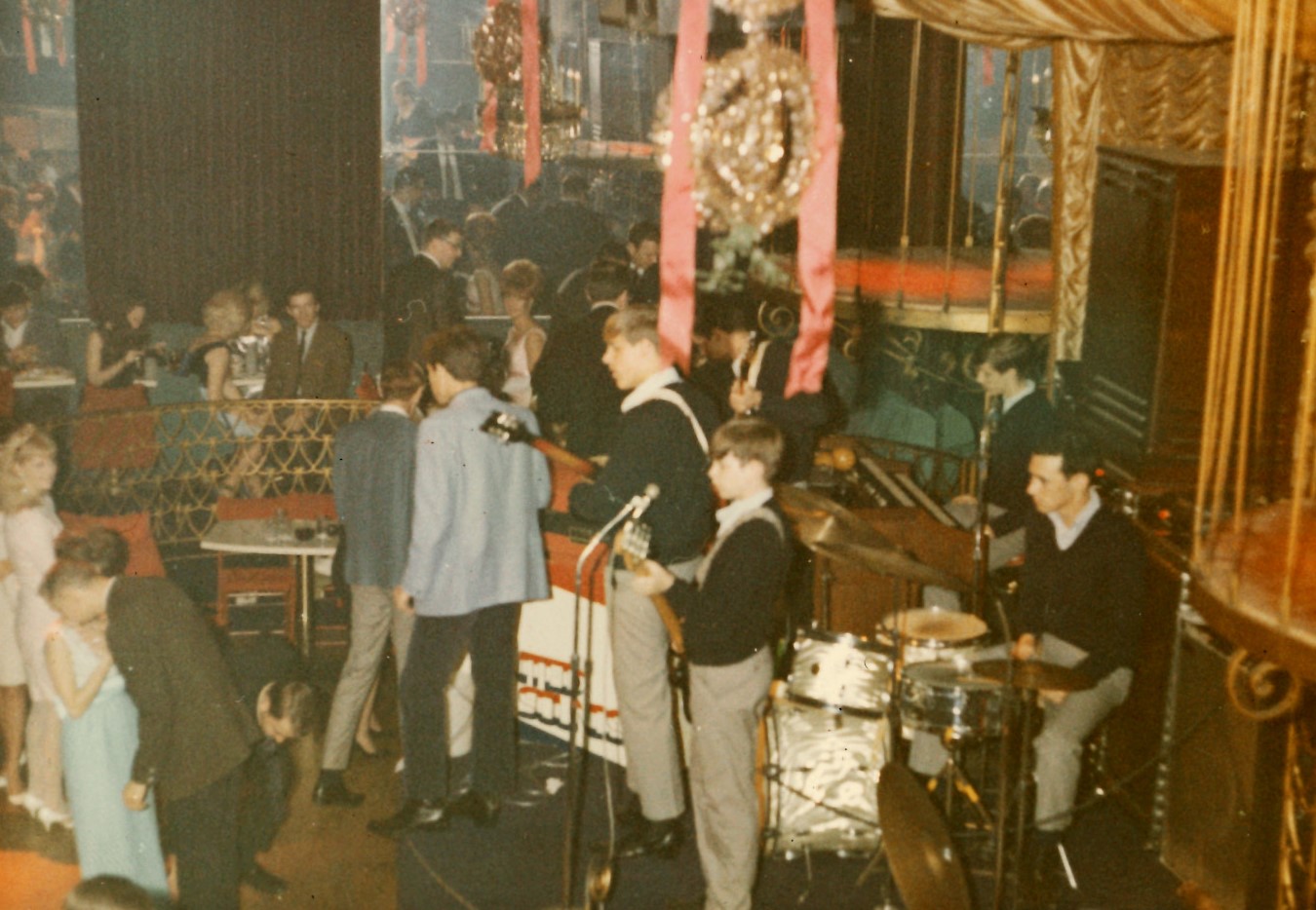
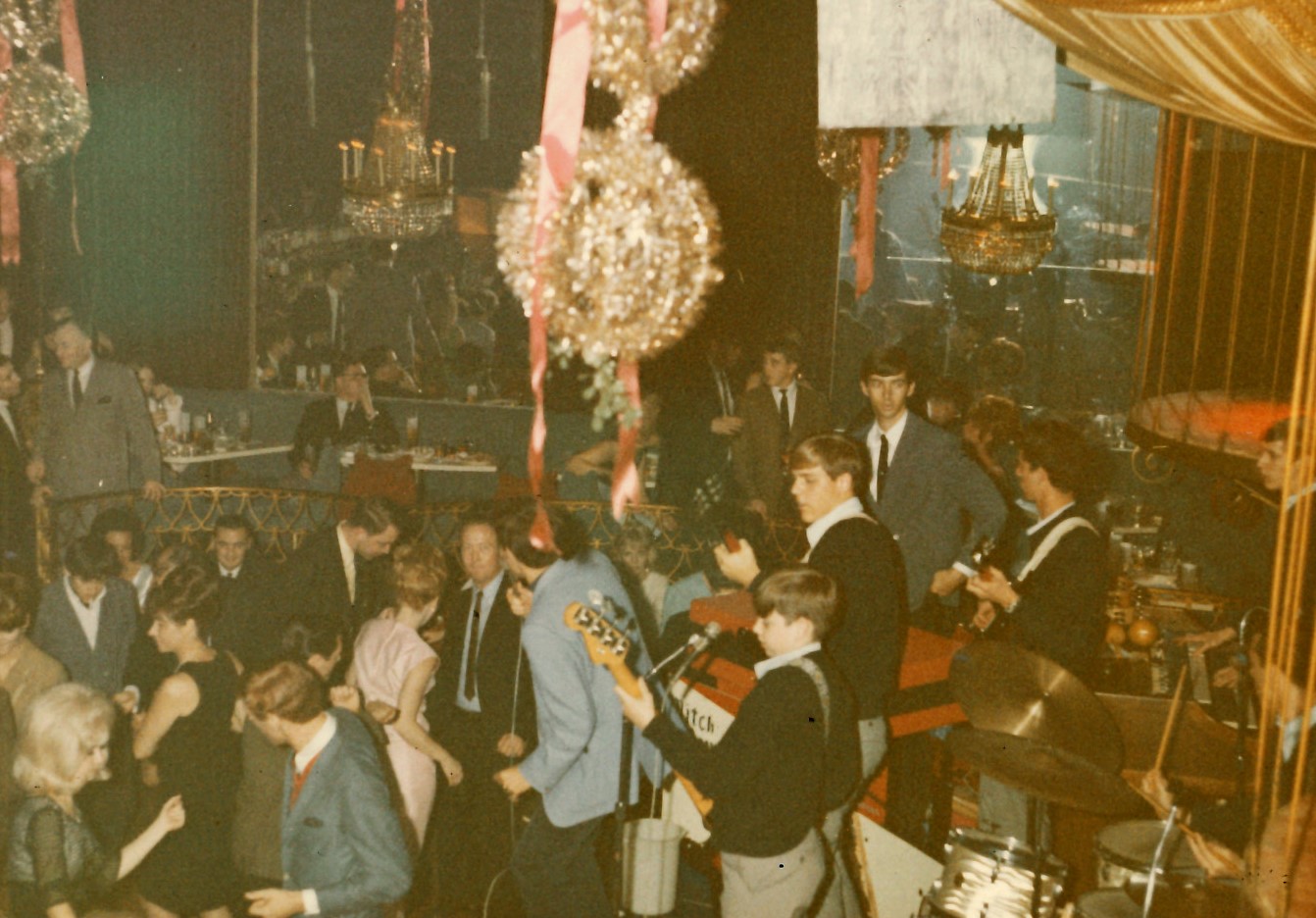
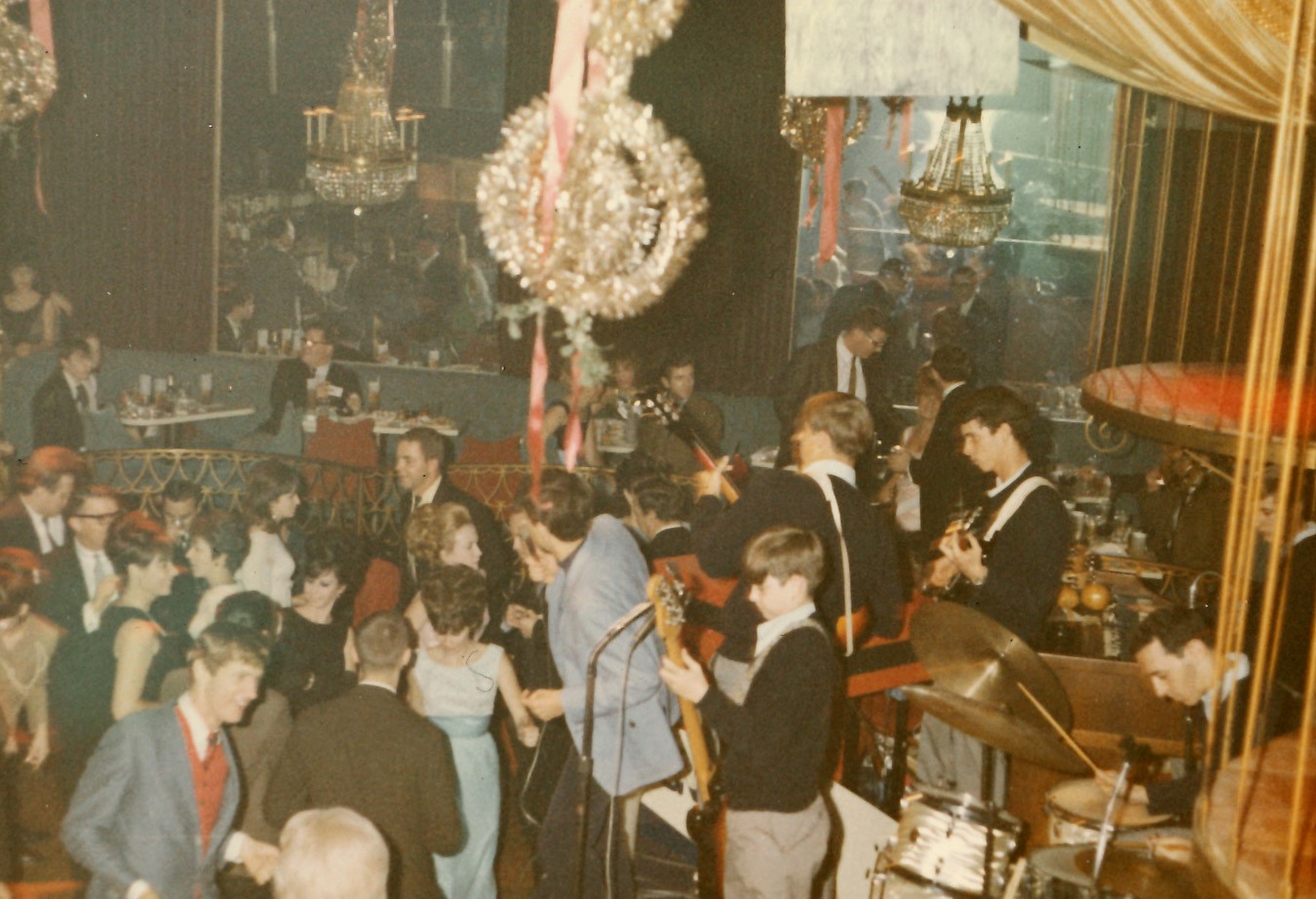
What happened next? What connection do you have to The Solid Soul?
Greg Presmanes: After The Fly-Bi-Nites dissolved, when we went to college, it is my understanding that the drummer was drafted by The Solid Soul, a really great soul band with a horn section. They recorded a great song written by my friend, Tim McCabe, ‘The Price of Loving You’.
Tommy Dean: I got in trouble at school for being a smartass. Parents made me quit the band and decided that I was going to go to Riverside Military Academy. It looked like a prison and I decided I was going to run away from home. While waiting for school to begin its next semester, someone called from Six Flags Over Georgia, an amusement park. They needed a tuba player. I spent the summer going to summer school and working at Six Flags. I was spared.
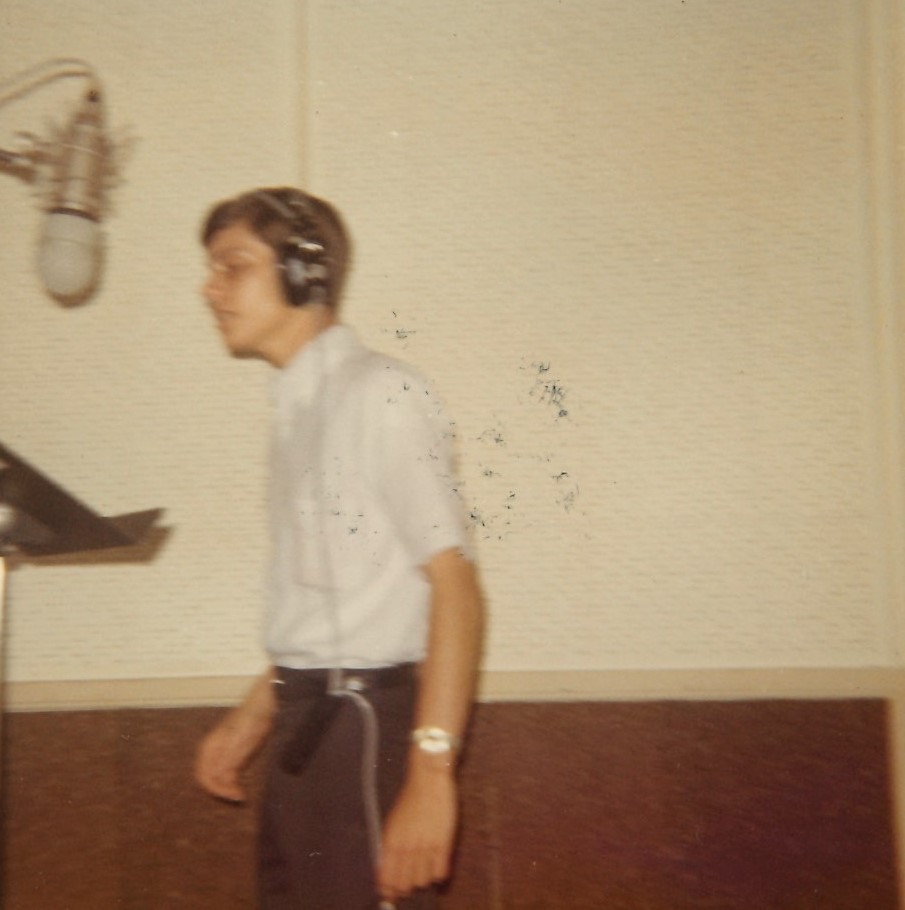
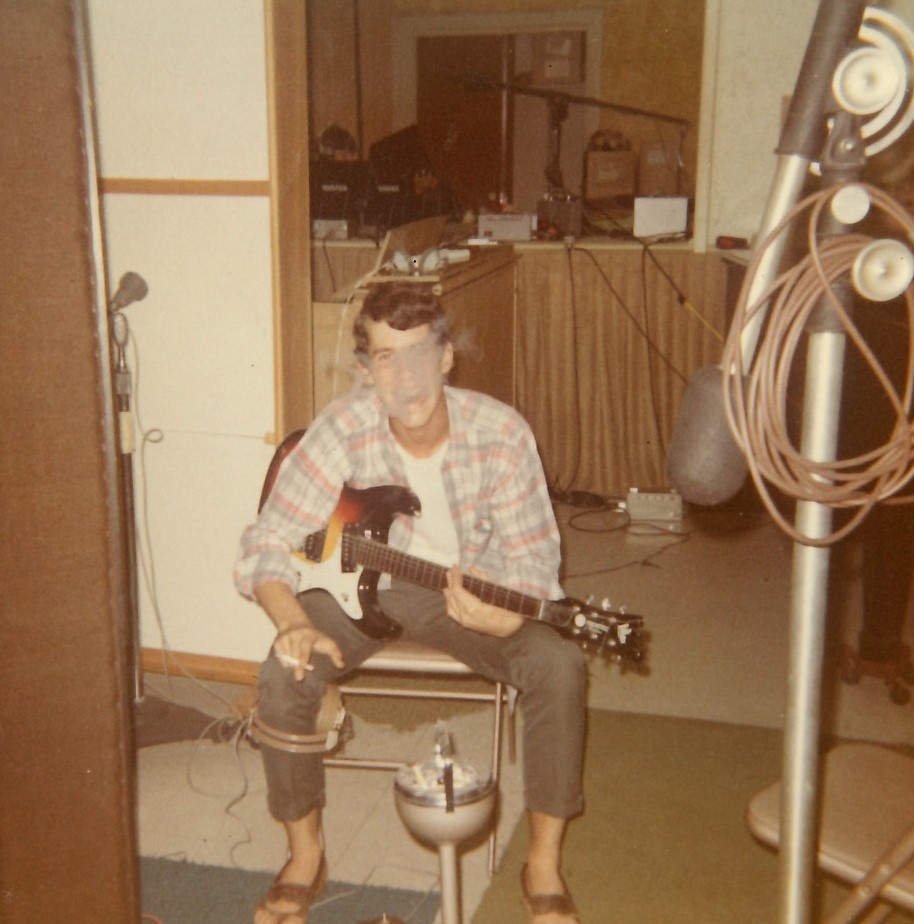
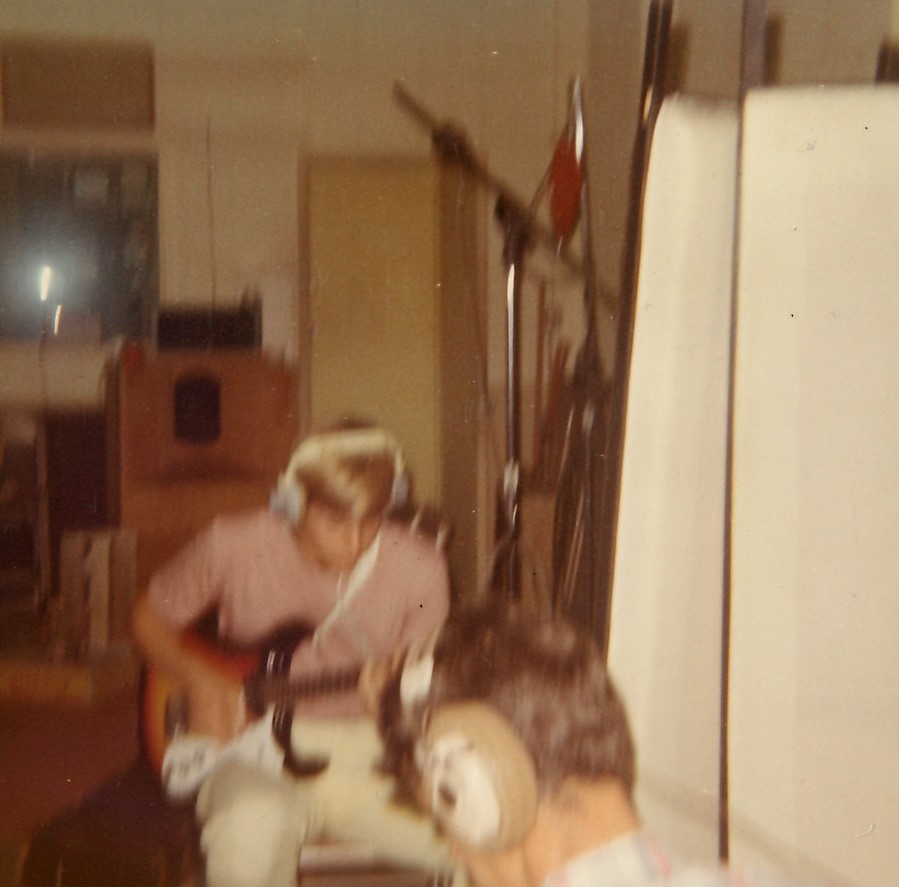
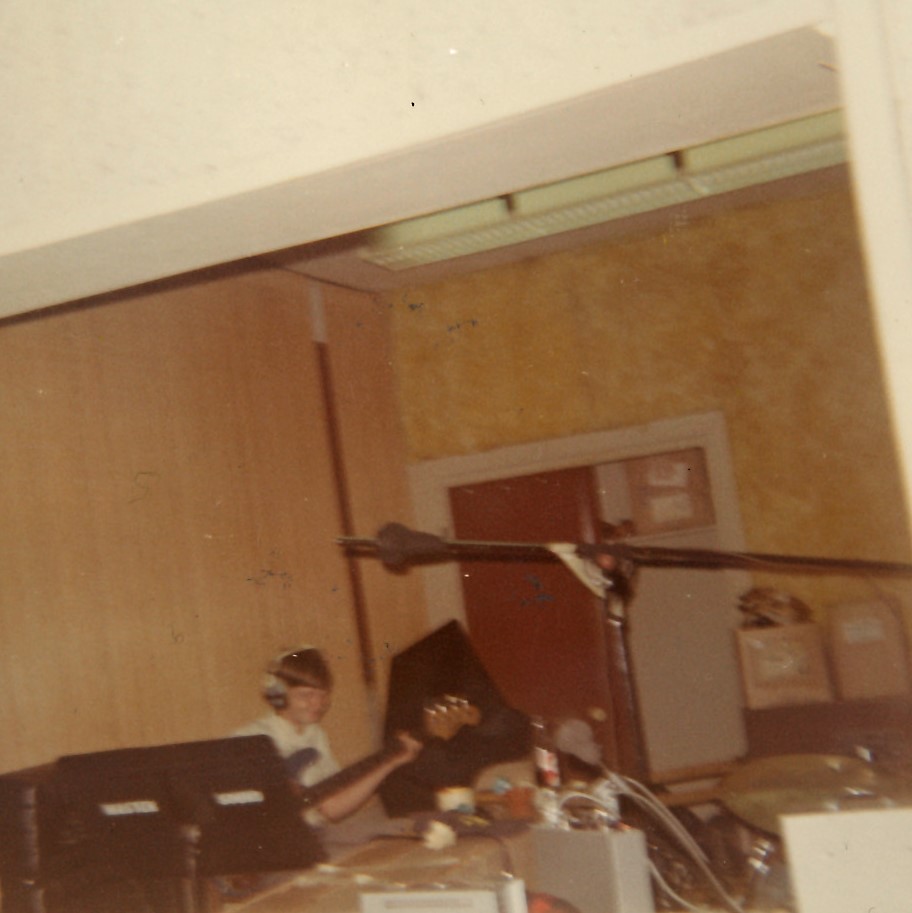
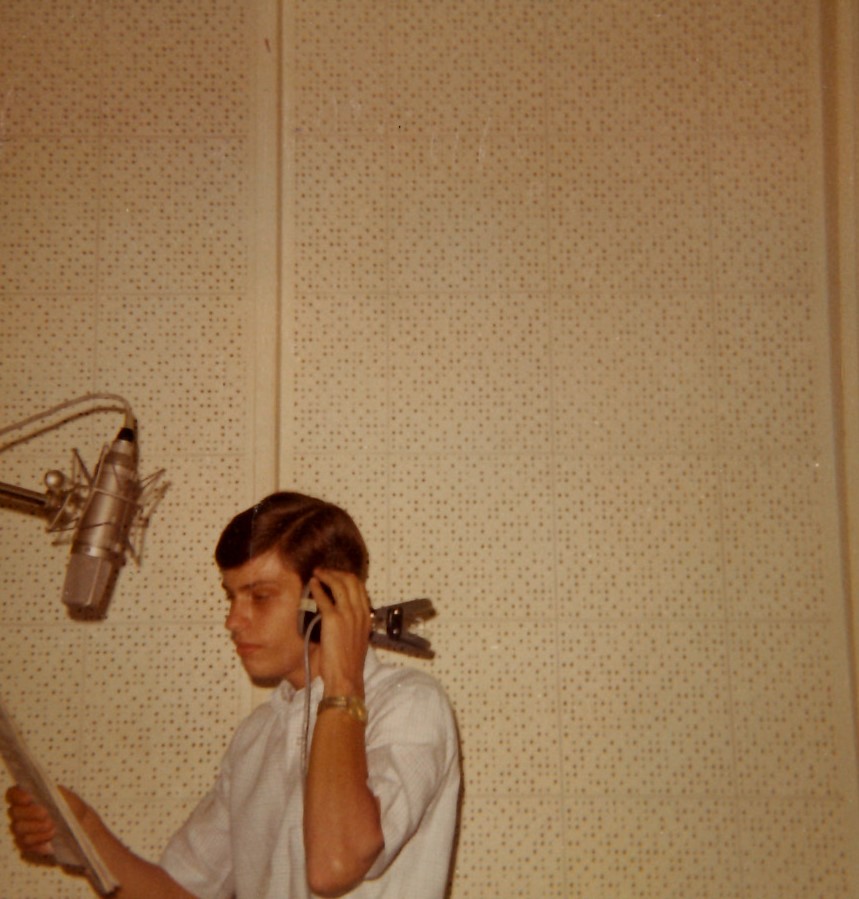
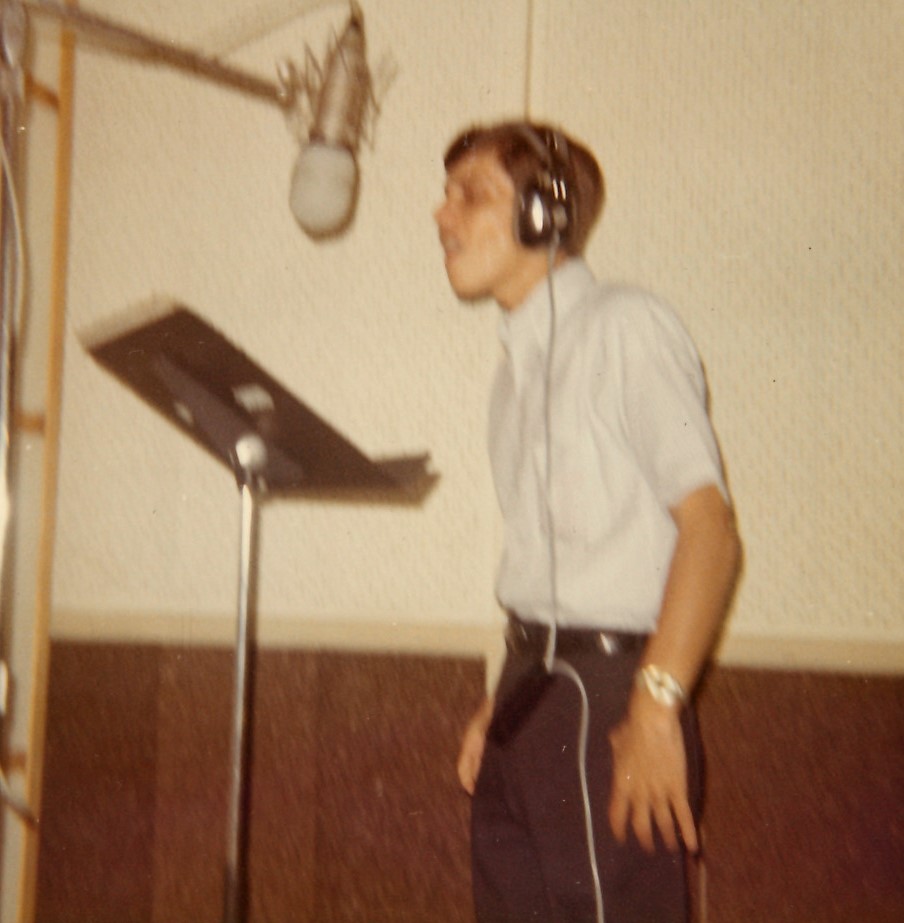
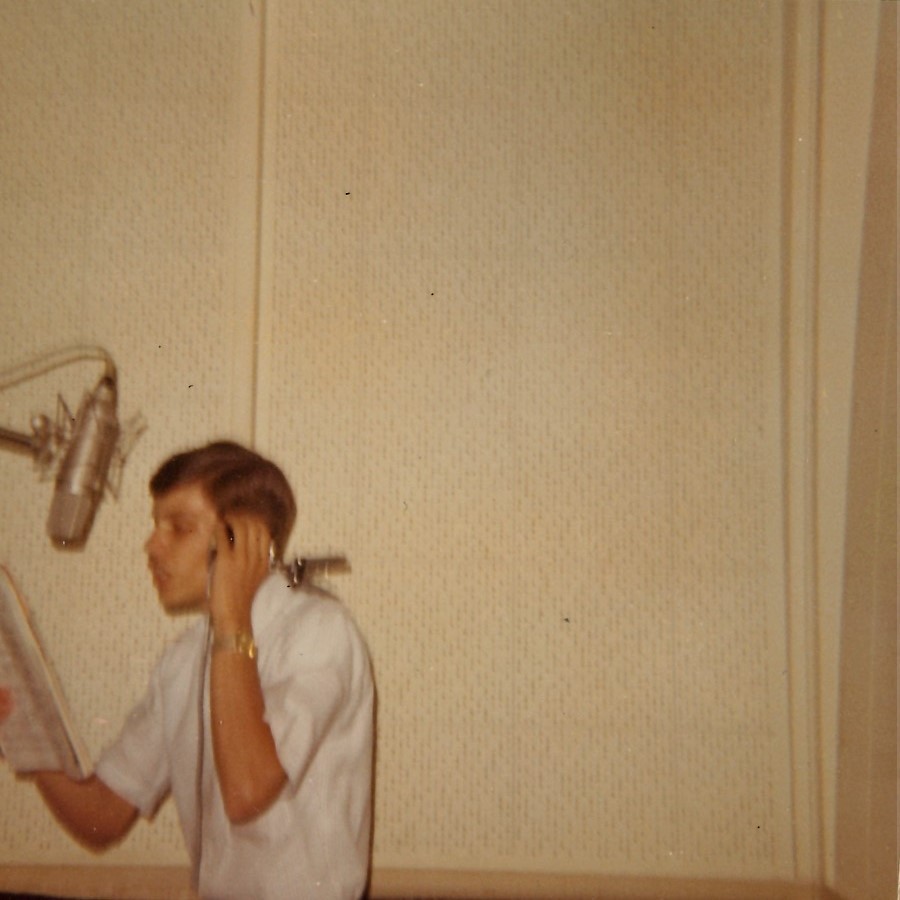
What are some of the craziest stories that you can share?
Greg Presmanes: The Fly-Bi-Nites played on a yacht, under power too, on Lake Lanier just outside Atlanta Georgia on several occasions. The yacht had a great name, “The Ship of Fools.” Boy, that was amazing! Tommy Dean says the first night we played at the Kittens Korner, a bar fight broke out. Opening for Dion and the Belmonts at the Kittens Korner was fantastic! They did such a good job! It was amazing to hear those three singers together. It was glorious! Also, the story about WQXI playing the song, and us beating out The Beach Boys” song ‘Help Me, Rhonda,’ that I reiterated above, and the call from a guy wanting to buy the song for one of his artists.
Tommy Dean: Playing on a boat at Lake Lanier, watching coeds puke in the gravel parking lot in Athens, GA, Bob Wade having to follow the sheriff to Athens courthouse because he had illegal mufflers on his 1966 Chevy Super Sport.
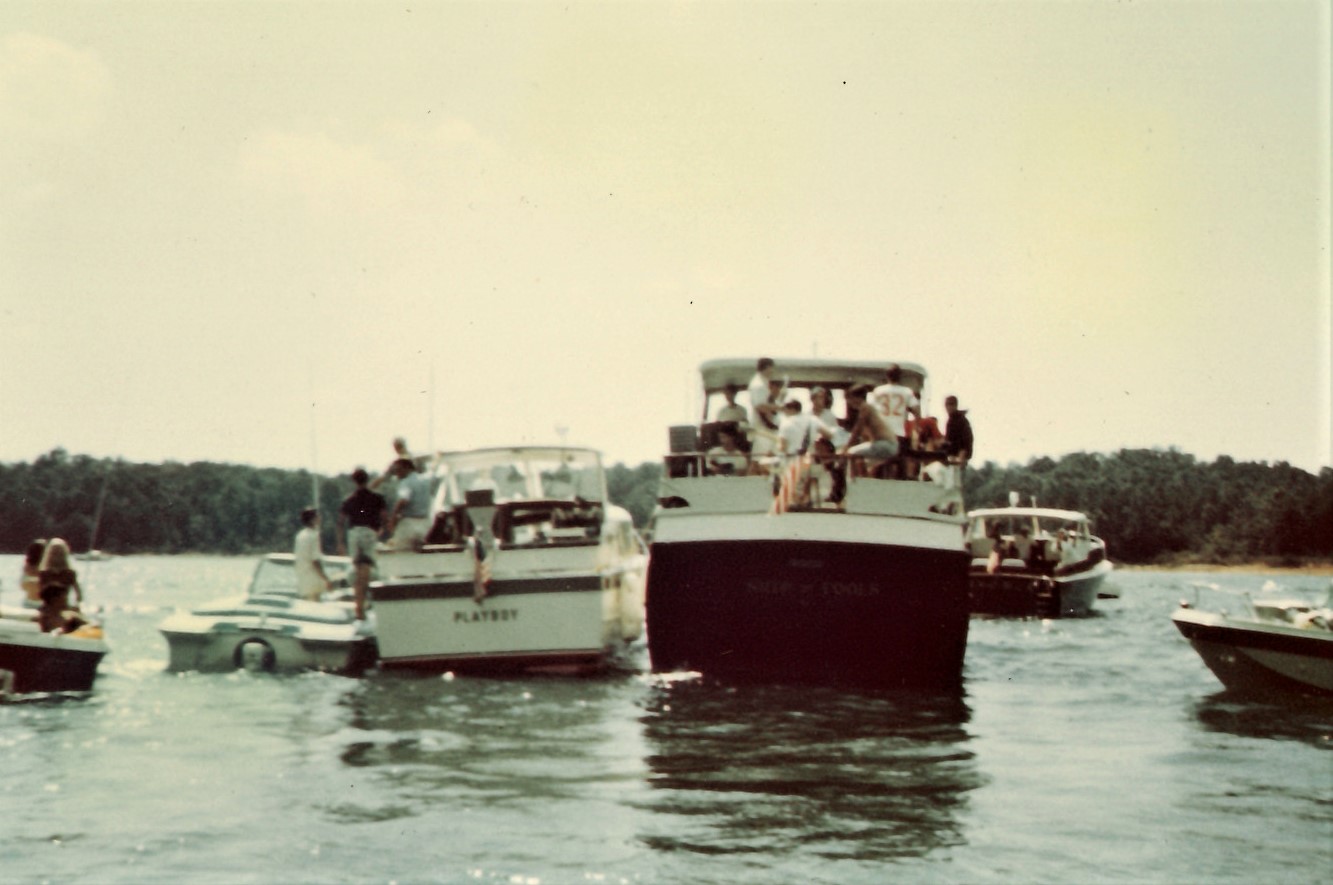
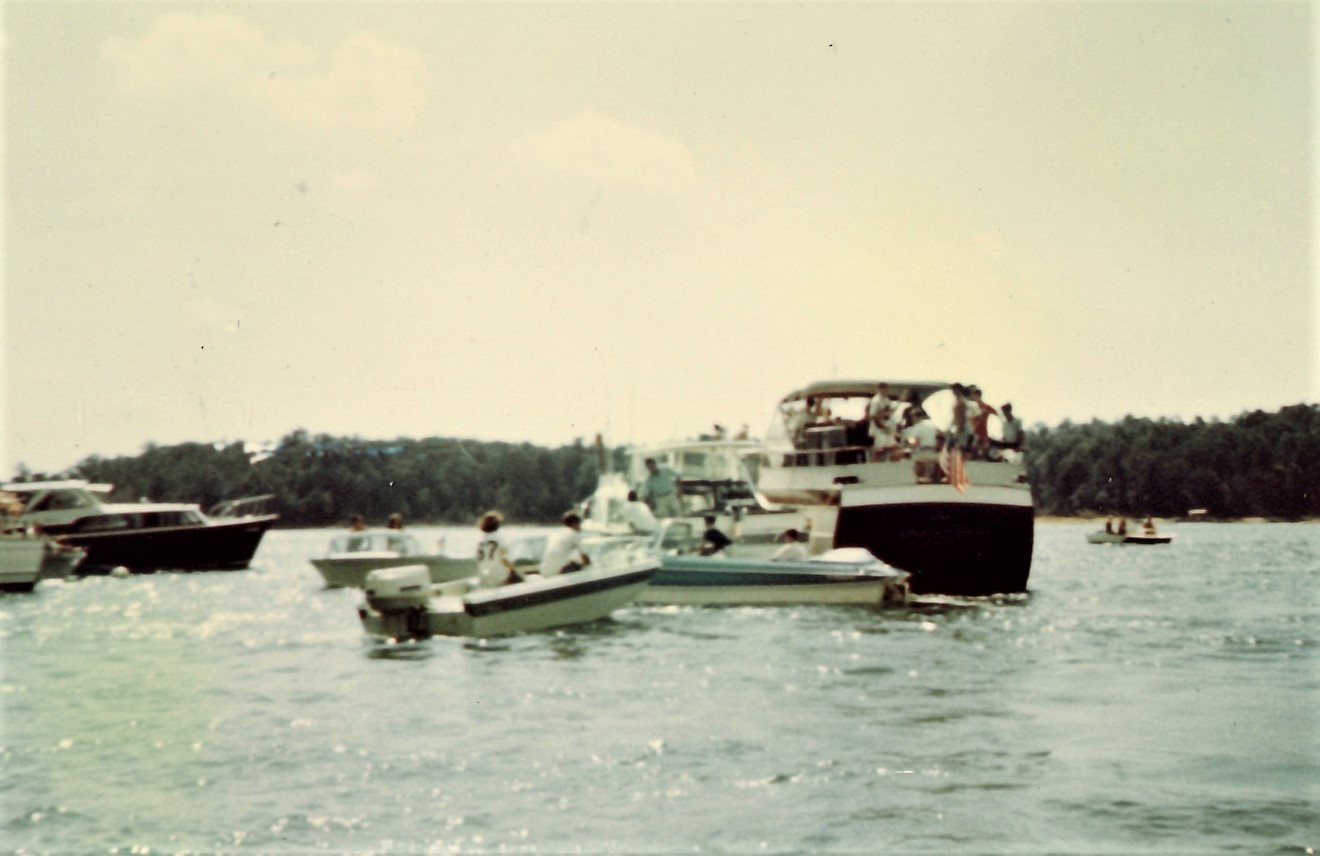
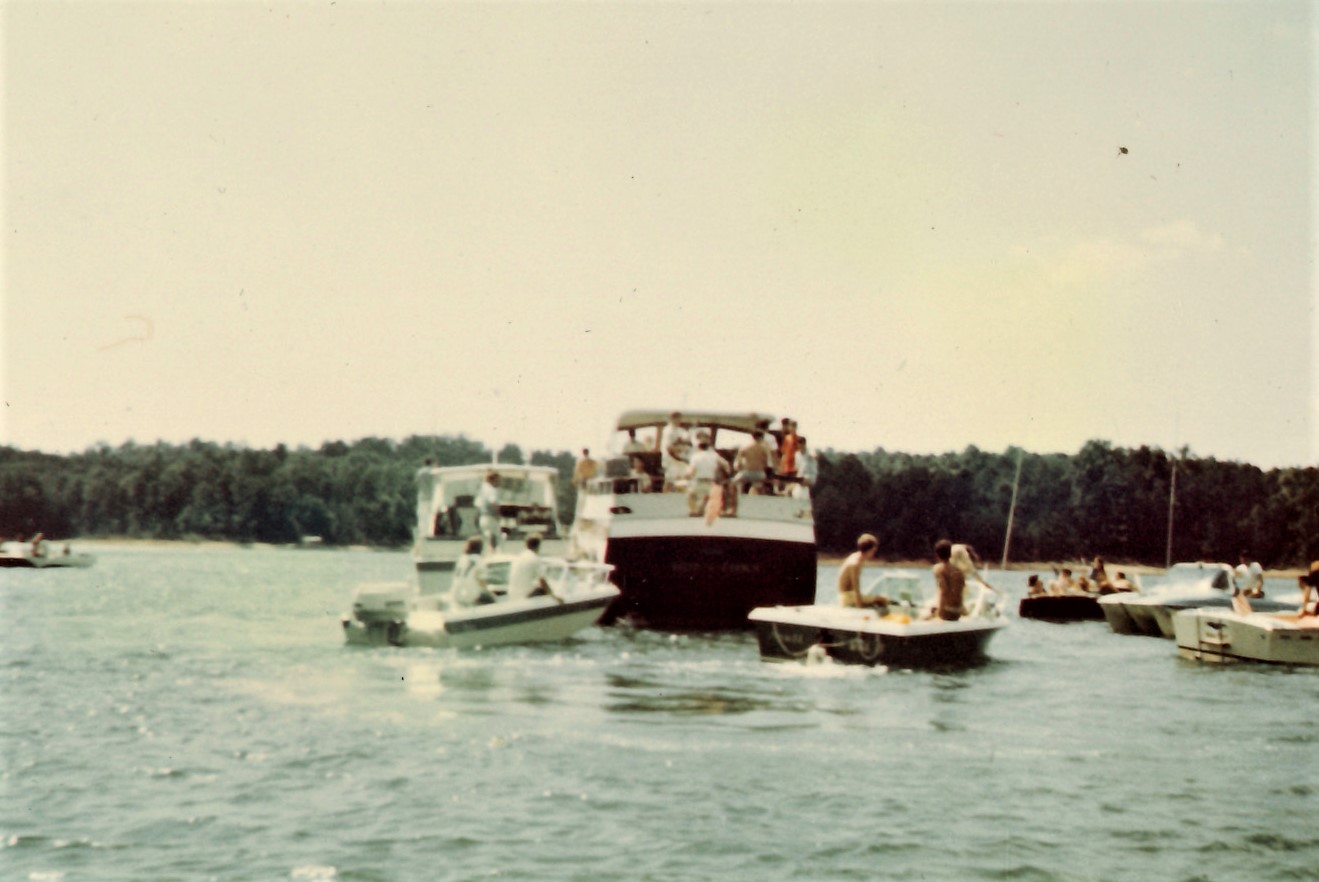
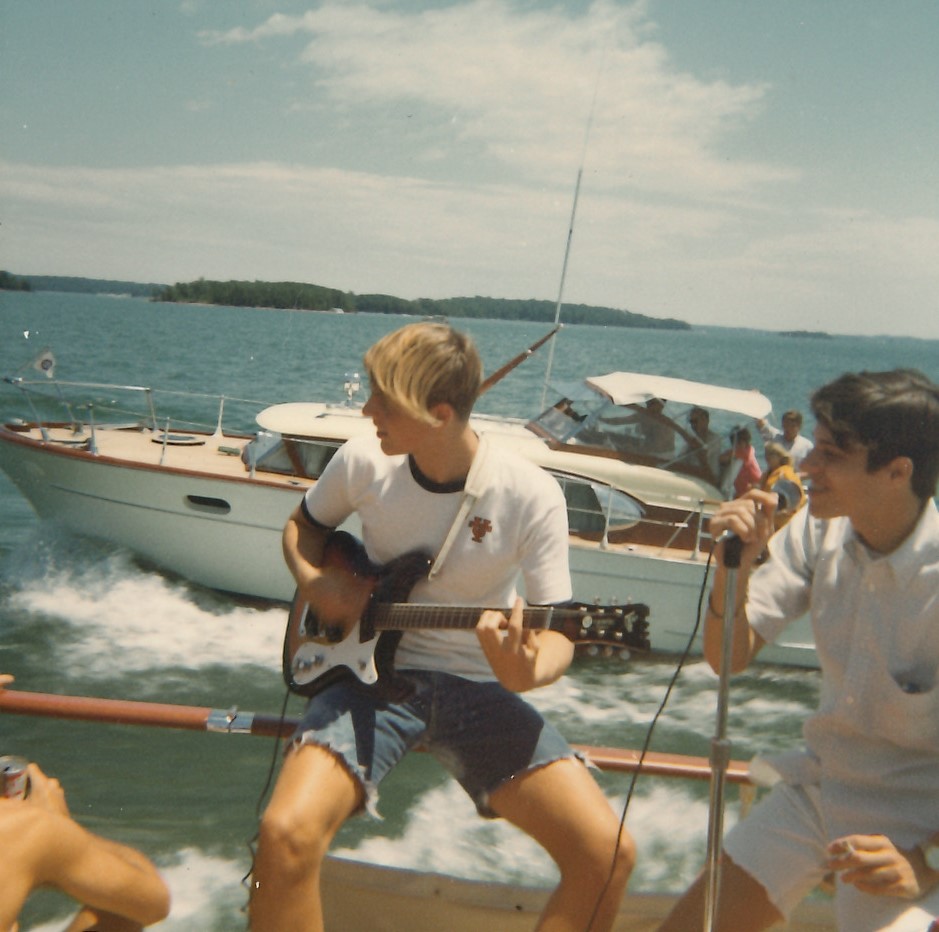
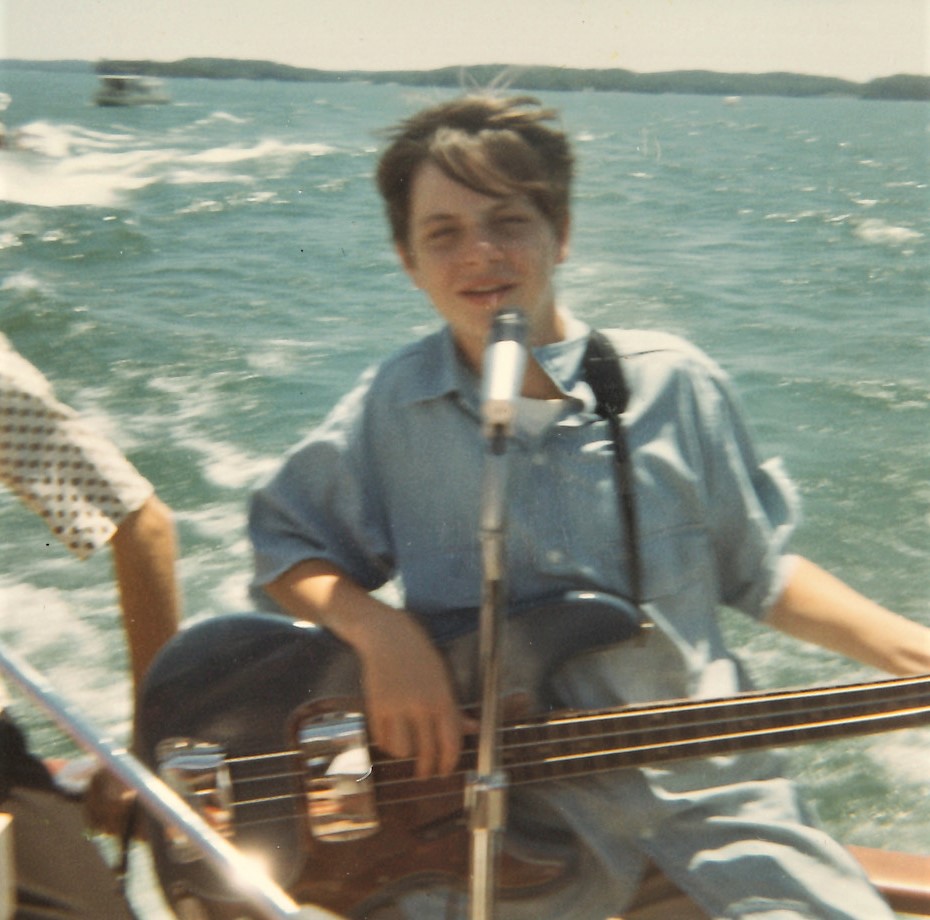
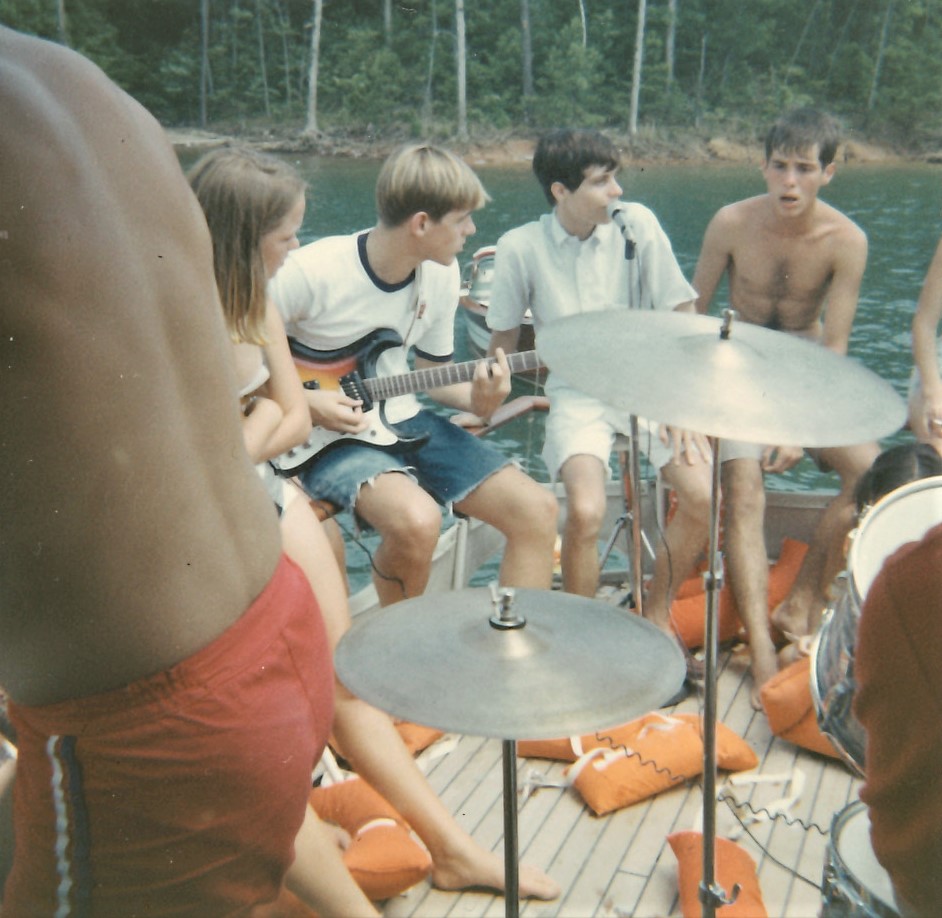
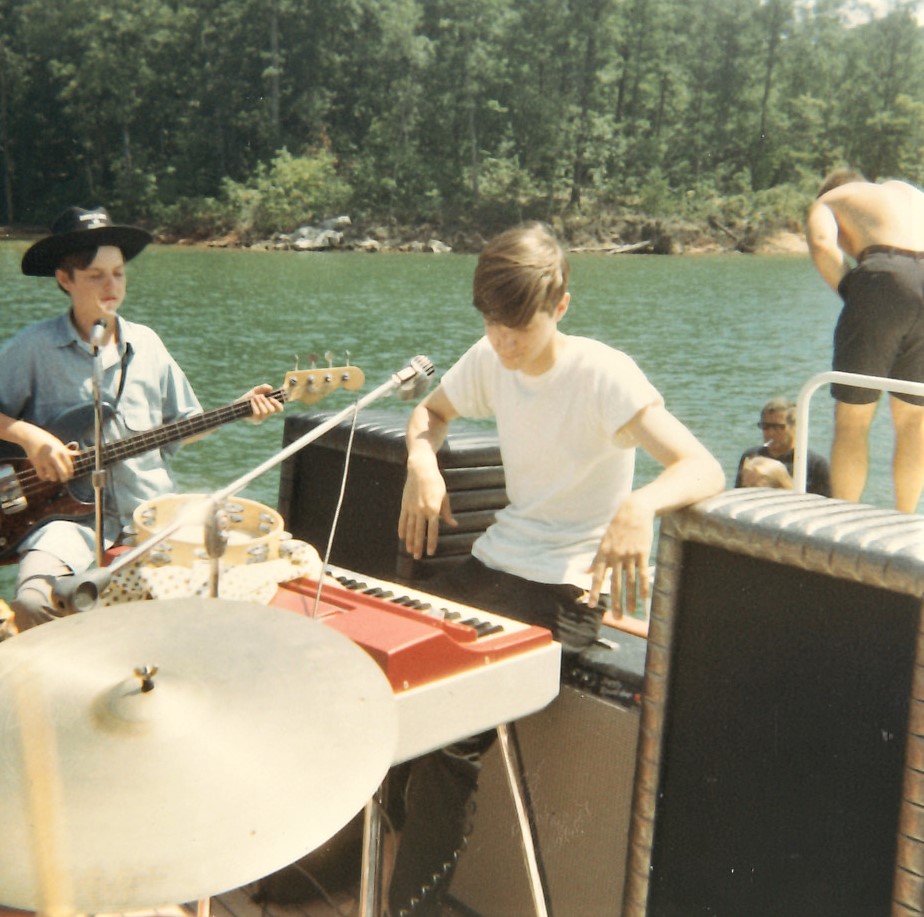
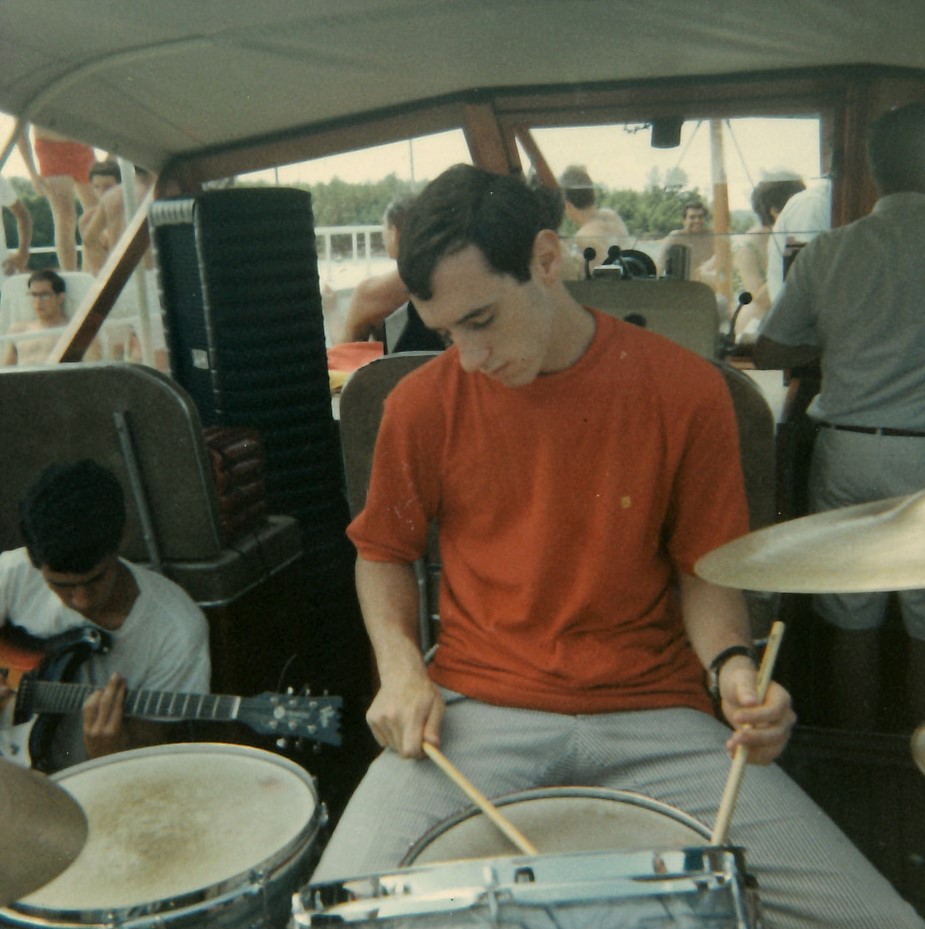
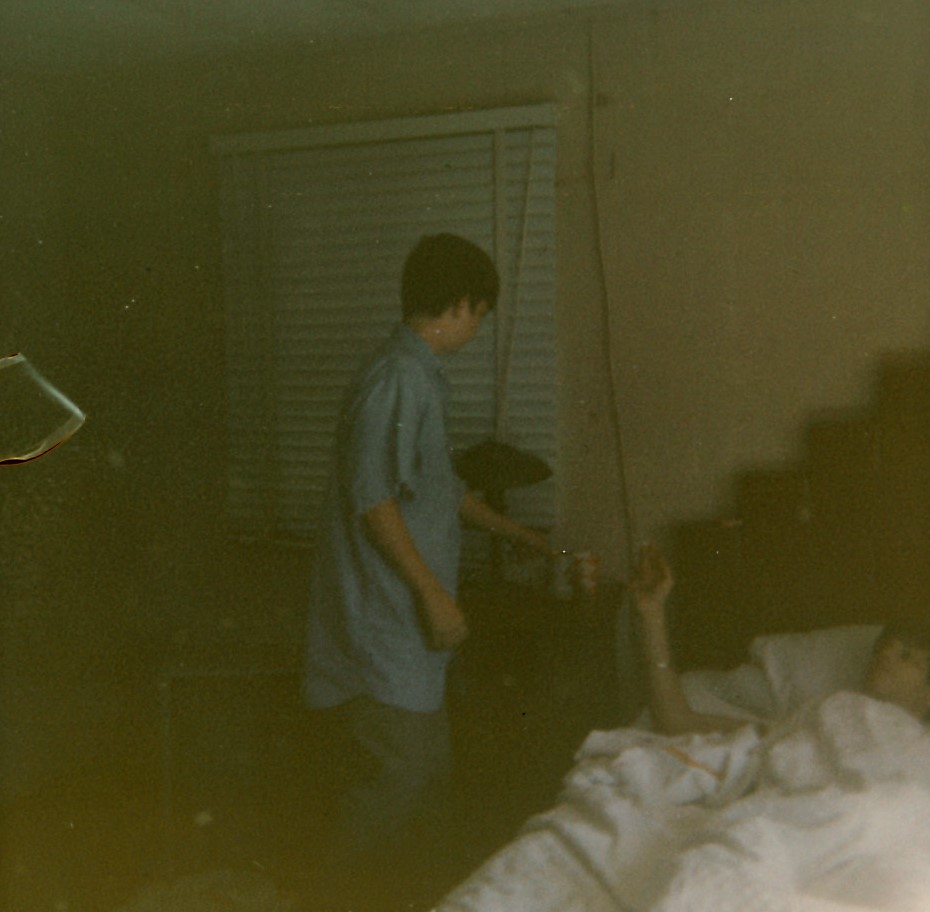
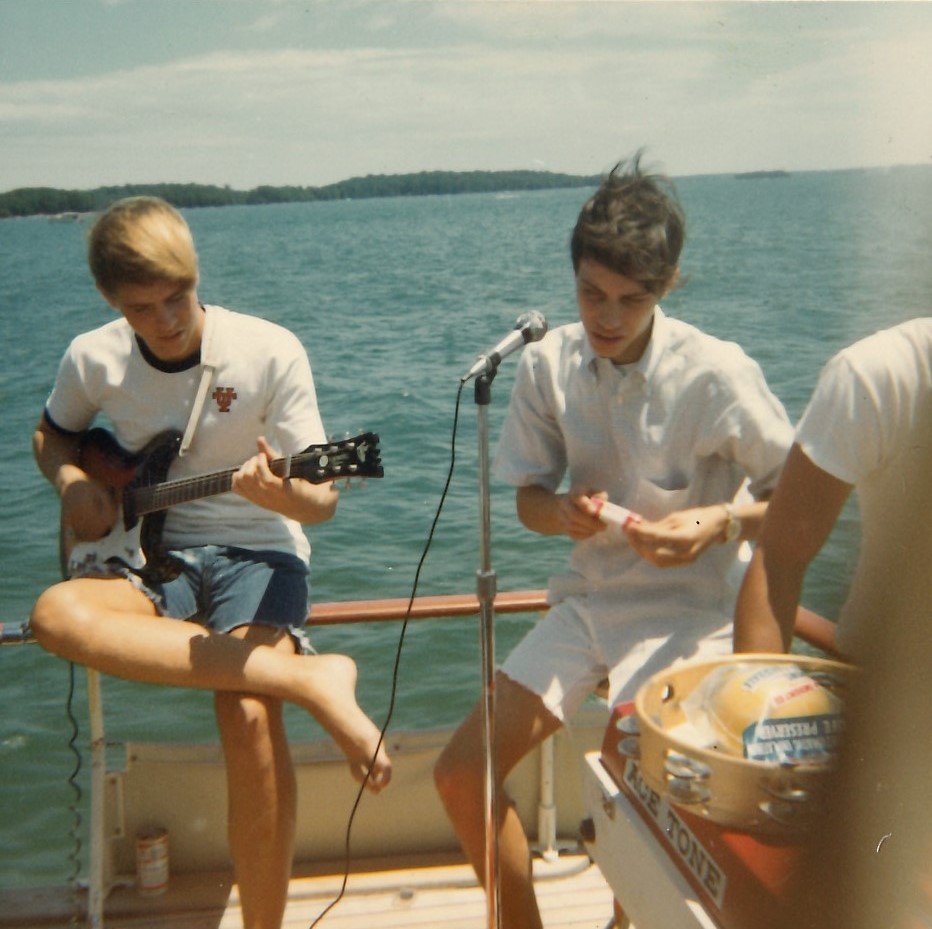
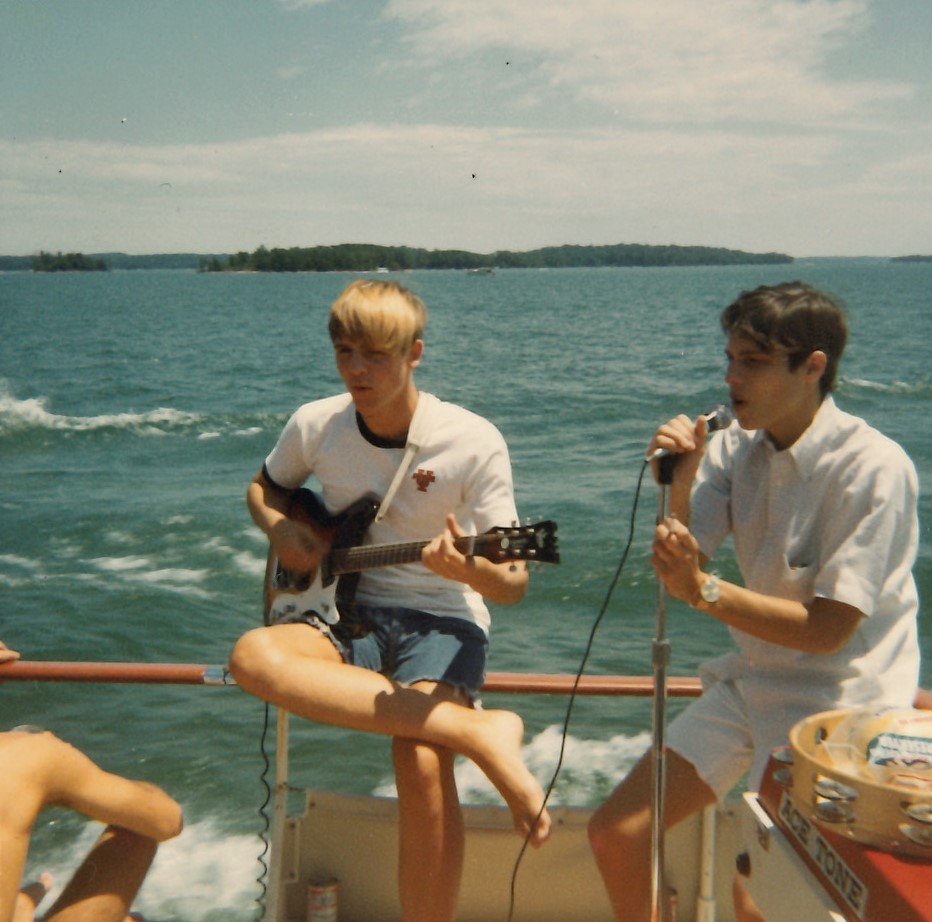
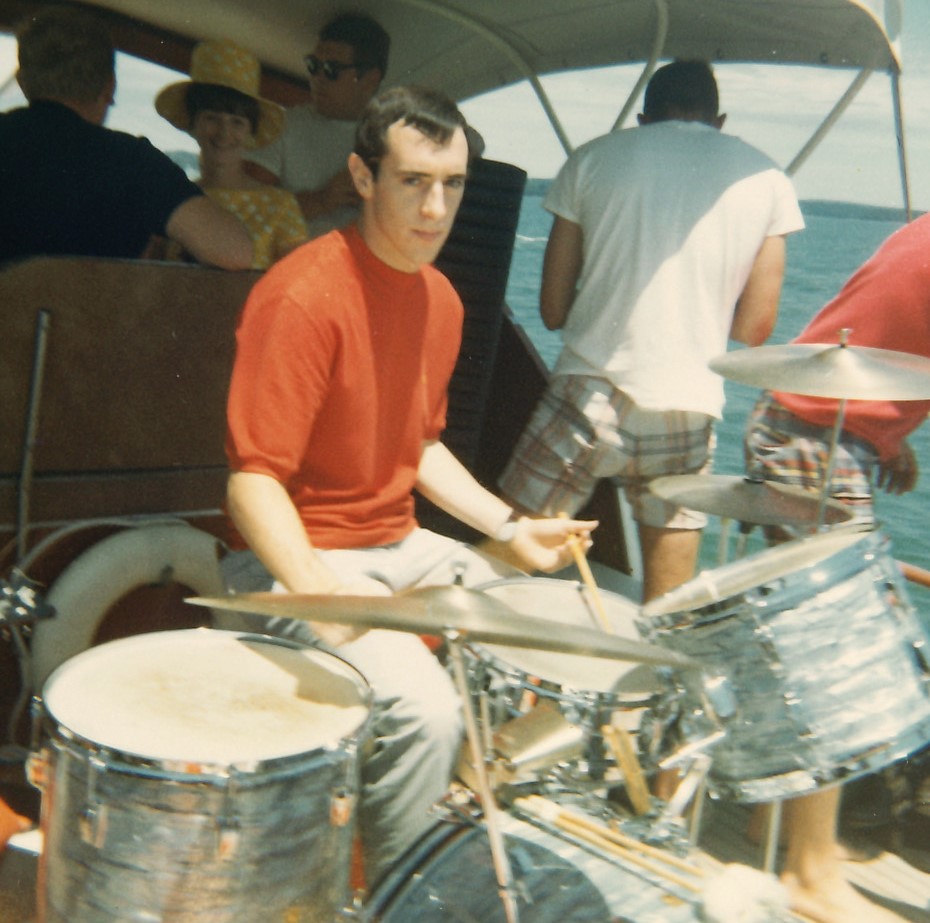
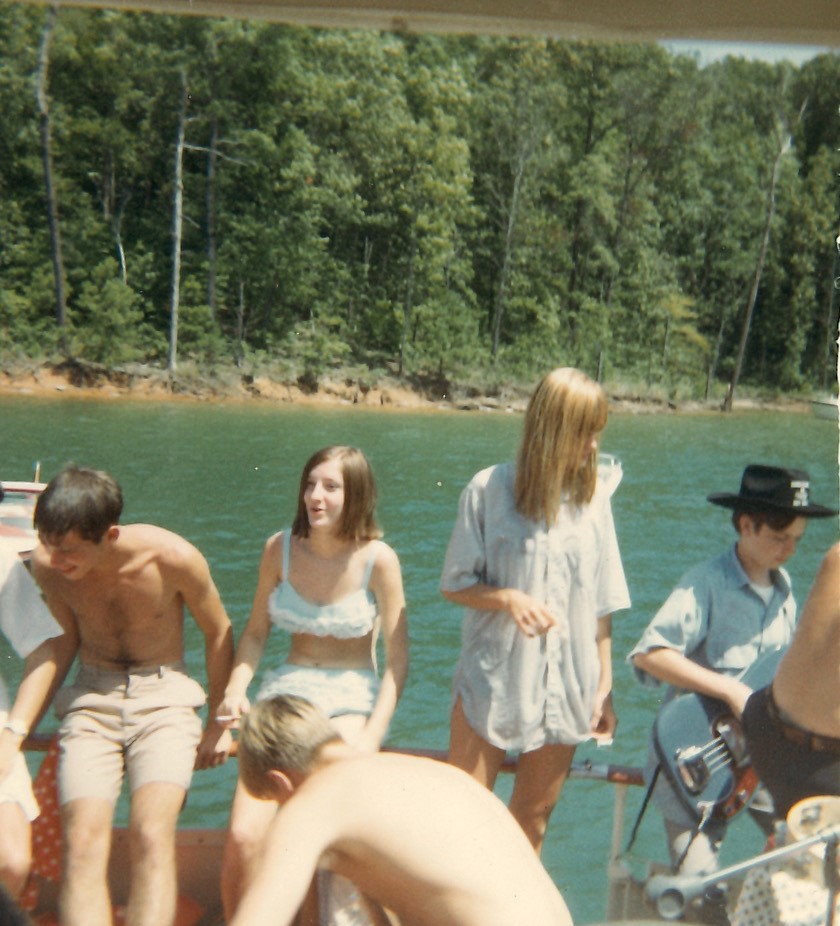
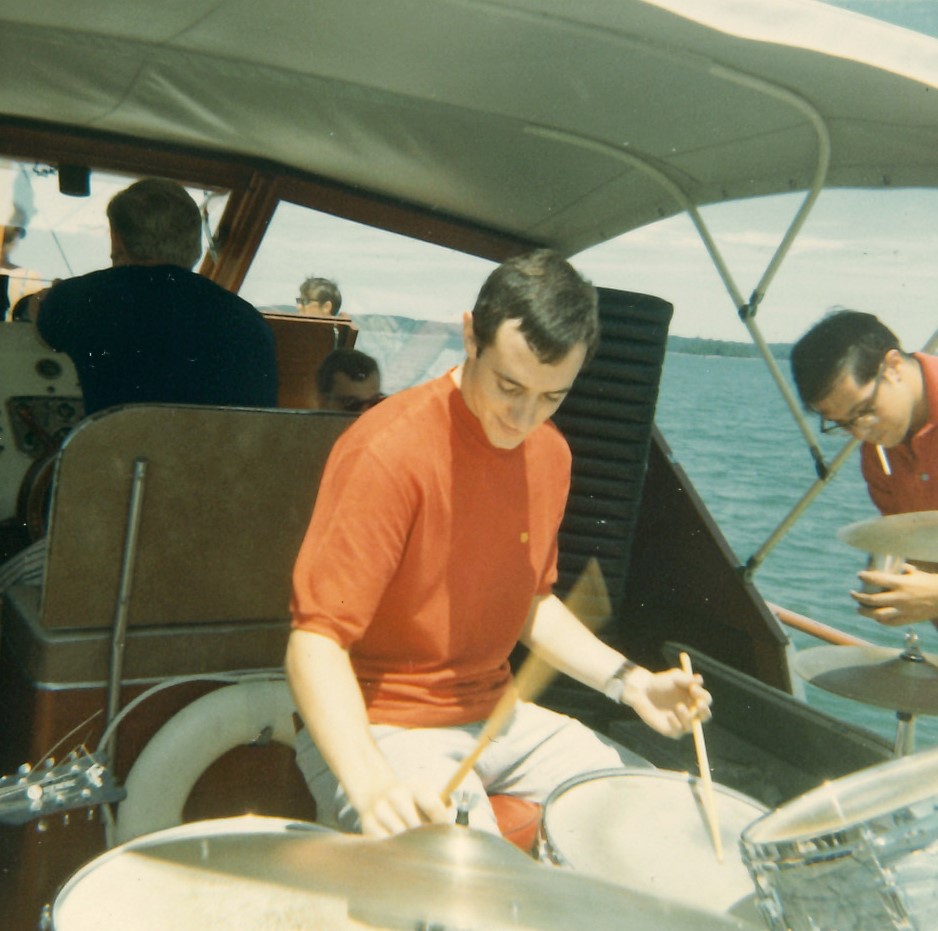
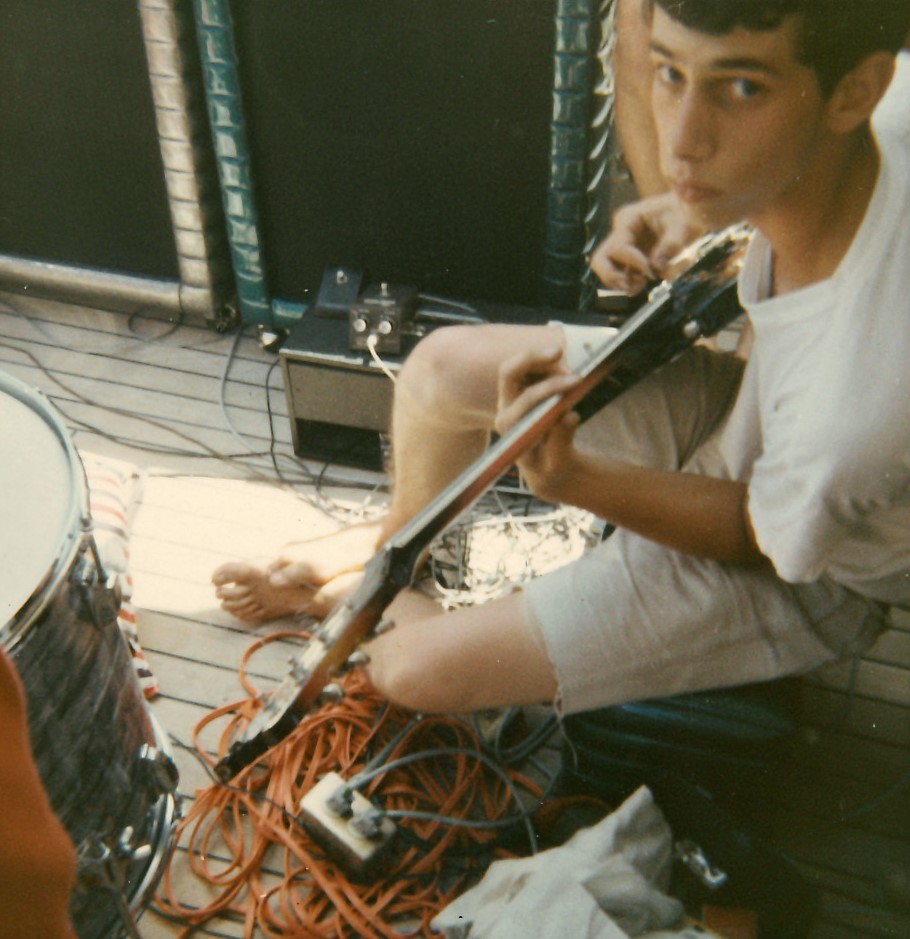
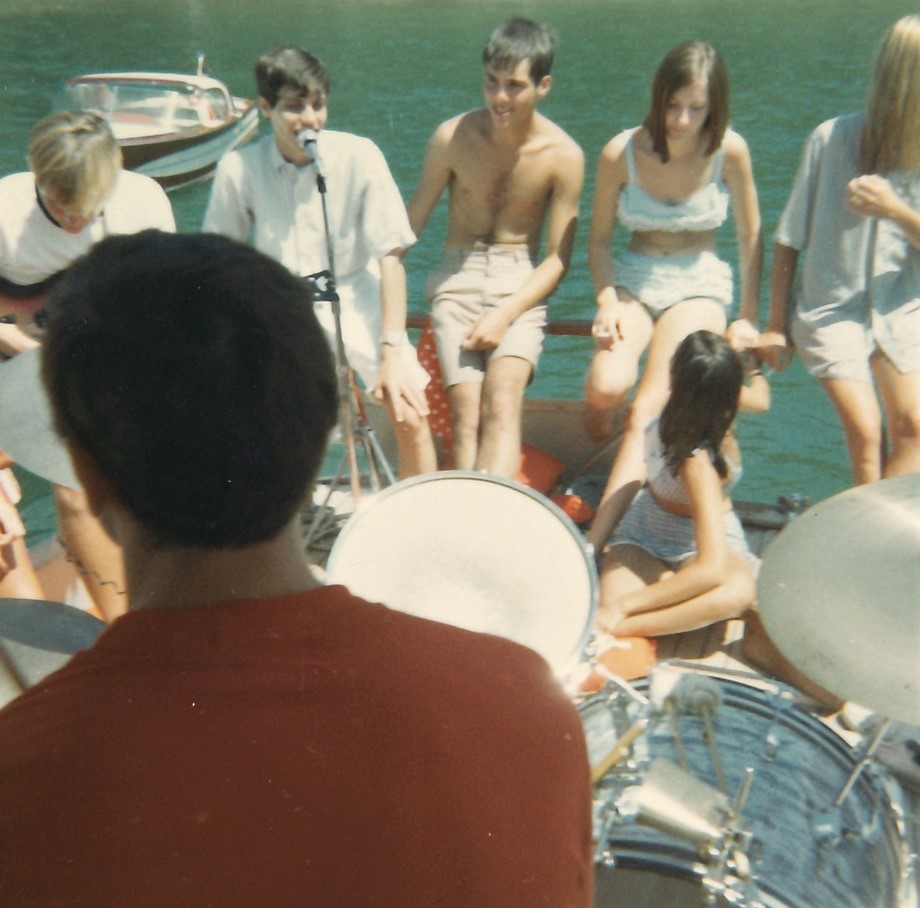
What happened after the band stopped? Were you still in touch with other members? Is any member still involved with the music?
We’re still in touch, although our drummer, Doug Freedman, passed away not long ago. We stay in touch with his widow. Bobby Levinson is getting back into playing guitar recently. Tommy Dean became a professional musician, and songwriter, releasing albums of terrific music!
Tommy Dean: I was a working musician until 2020. Toured up and down the East Coast from Key West to NYC. Painted myself green in Thermos Greenwood and the Colored People. Released two CDs as ‘The League Of Decency,’ and released another solo CD entitled ‘Sole‘.
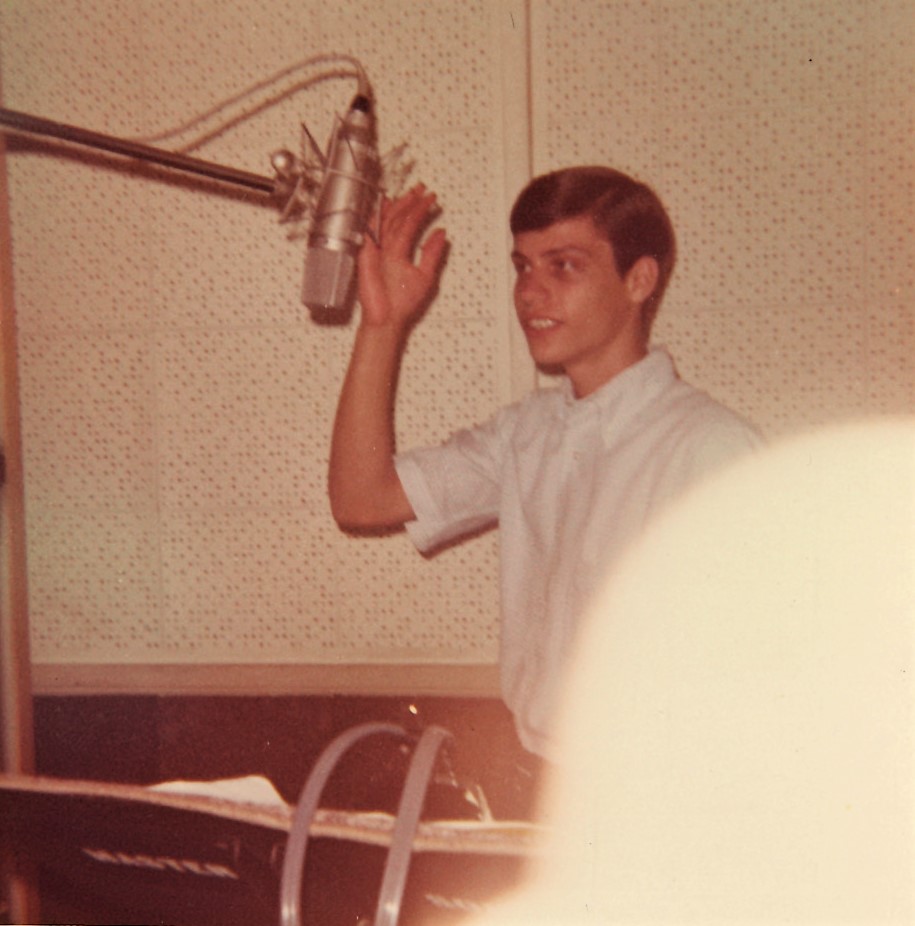
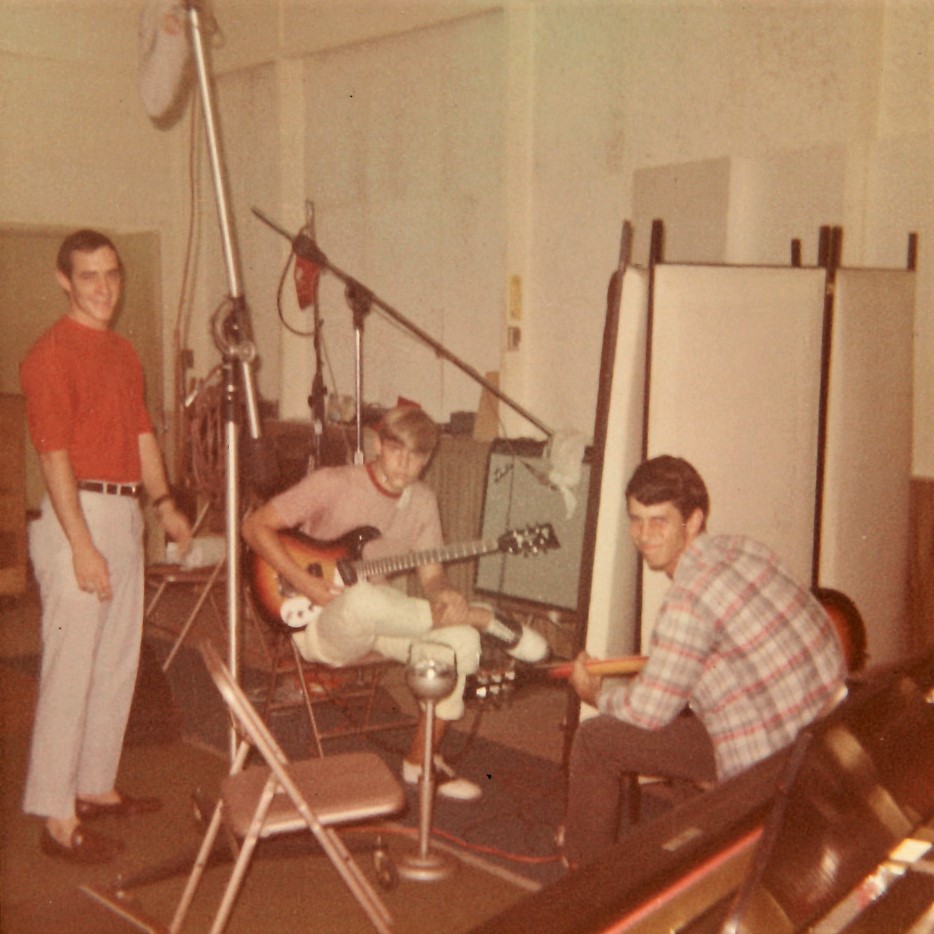
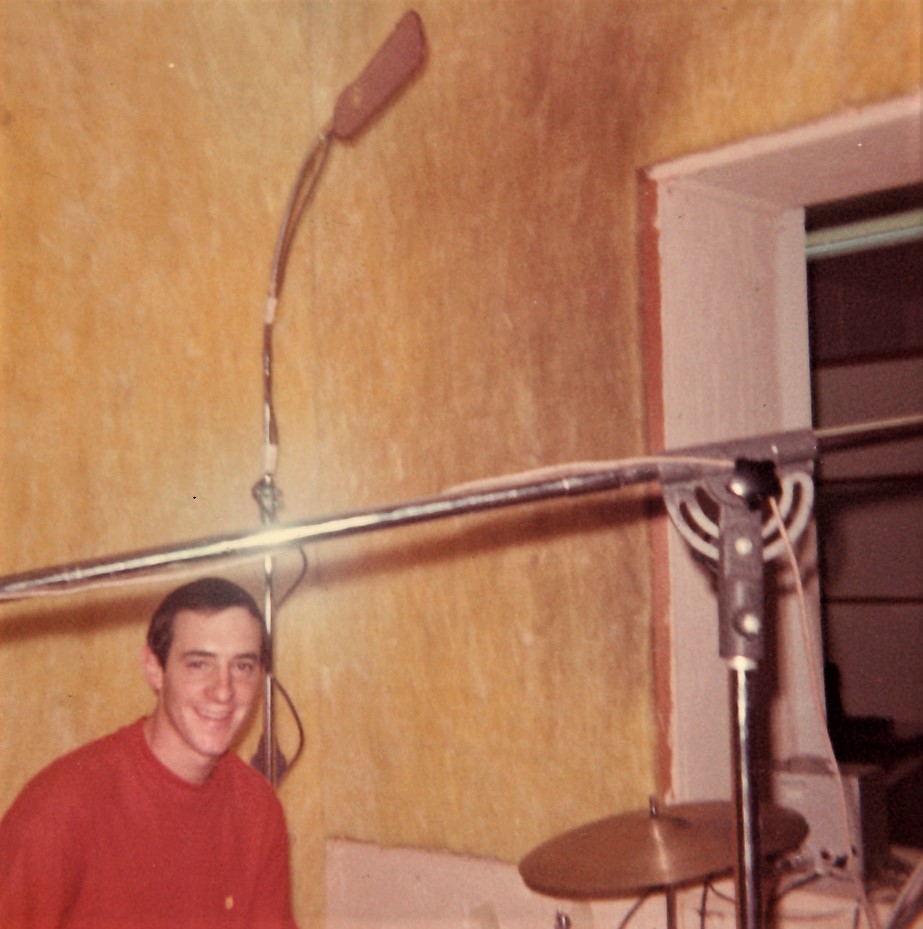
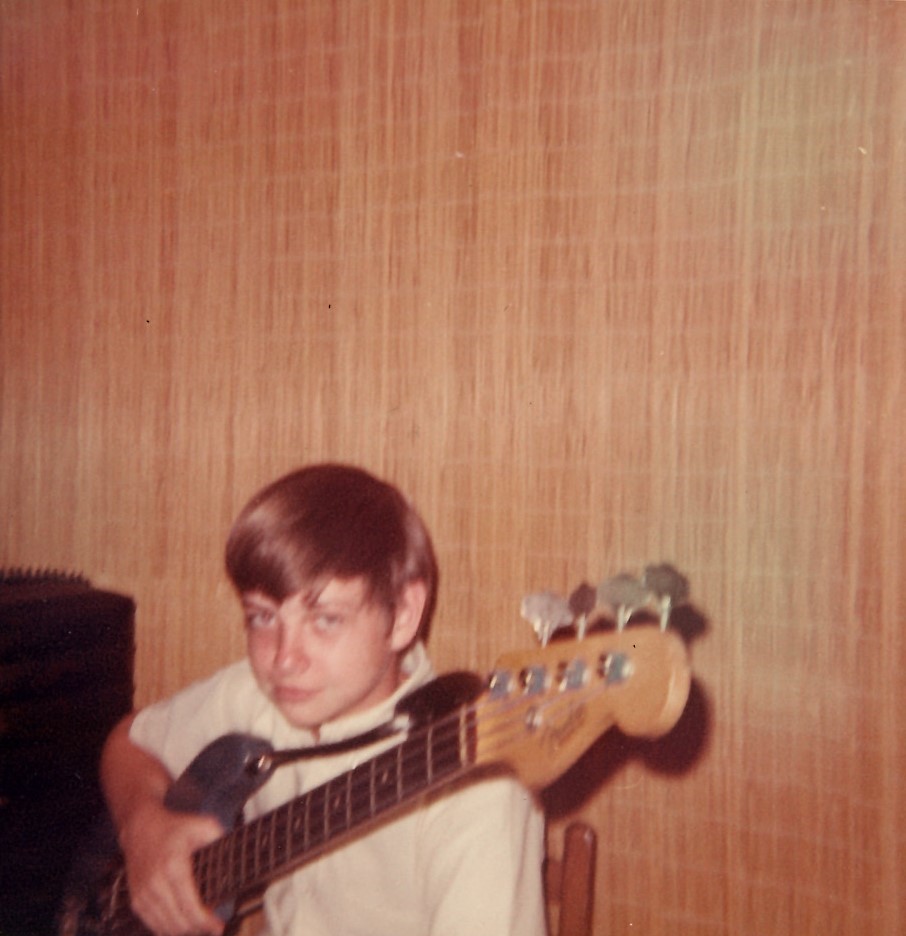
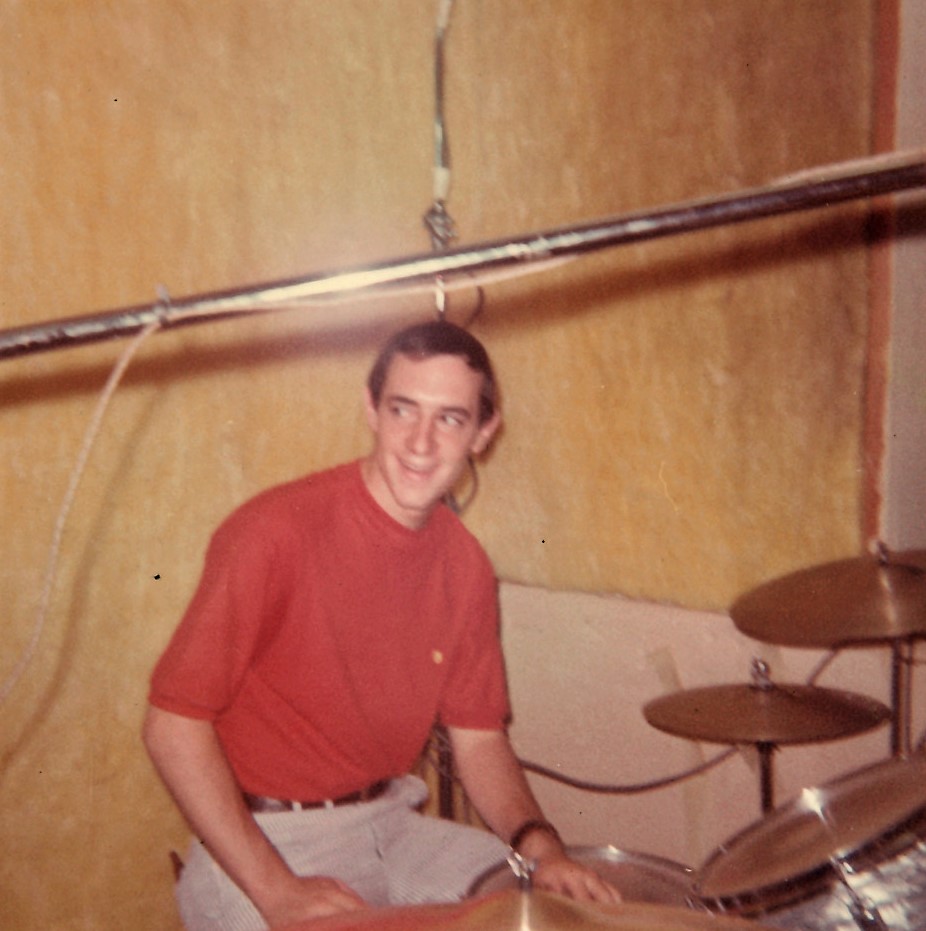
Looking back, what was the highlight of your time in the band? Which songs are you most proud of? Where and when was your most memorable gig?
Greg Presmanes: I am very proud of the work we did with The Fly-Bi-Nites. It was very well done in all respects. One thing I’m really proud of is the arrangements of cover songs and in particular the arrangement of ‘Found Love,’ which I think Tommy Dean and Steve Sherwood probably did great vocal arrangements. It really turned out to be a great arrangement! Playing at the Kittens Korner opening for Dion and the Belmonts, and playing on a cruising yacht on Lake Lanier.
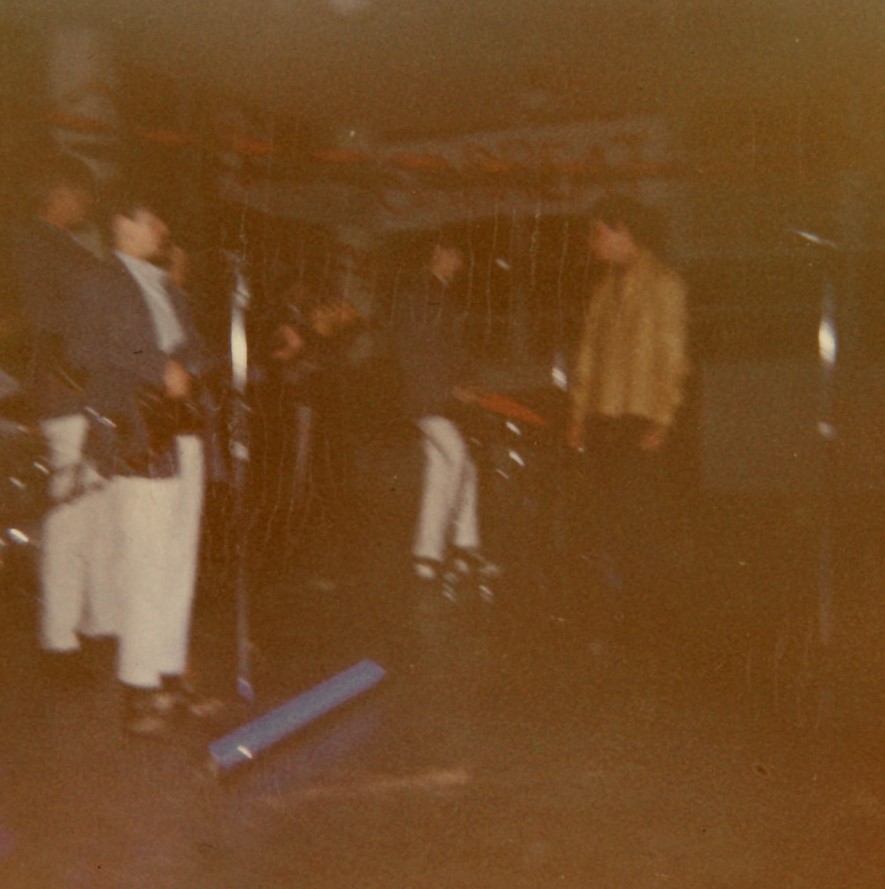
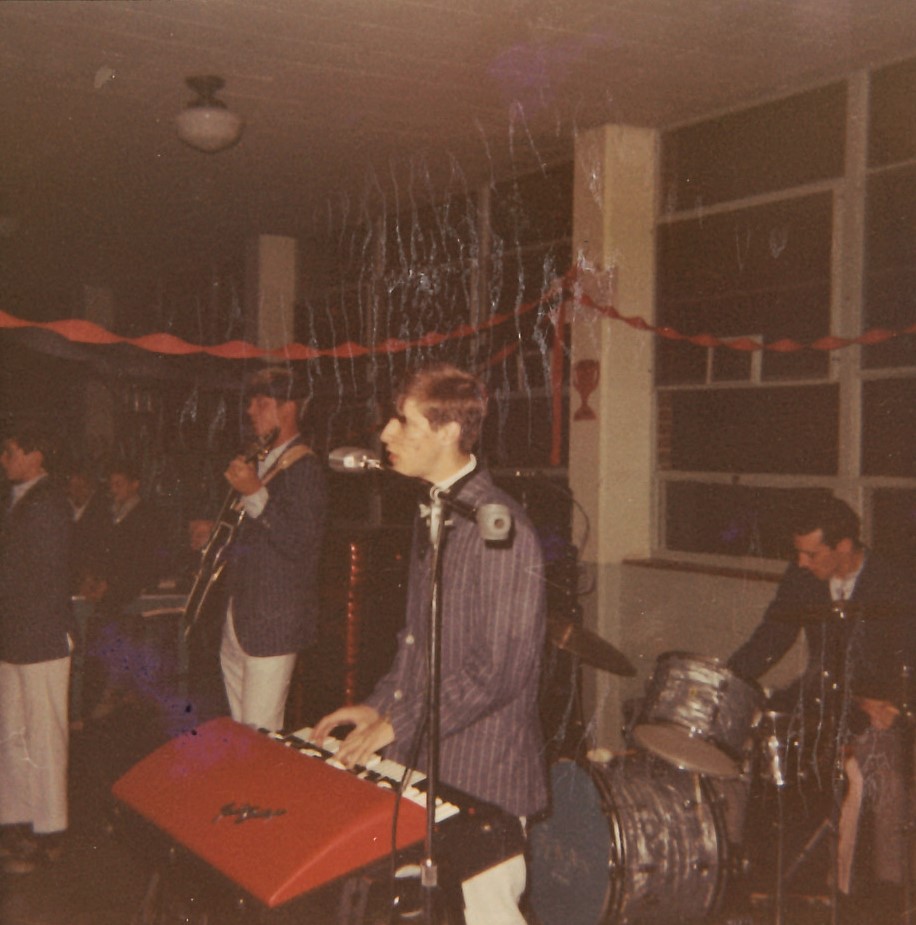
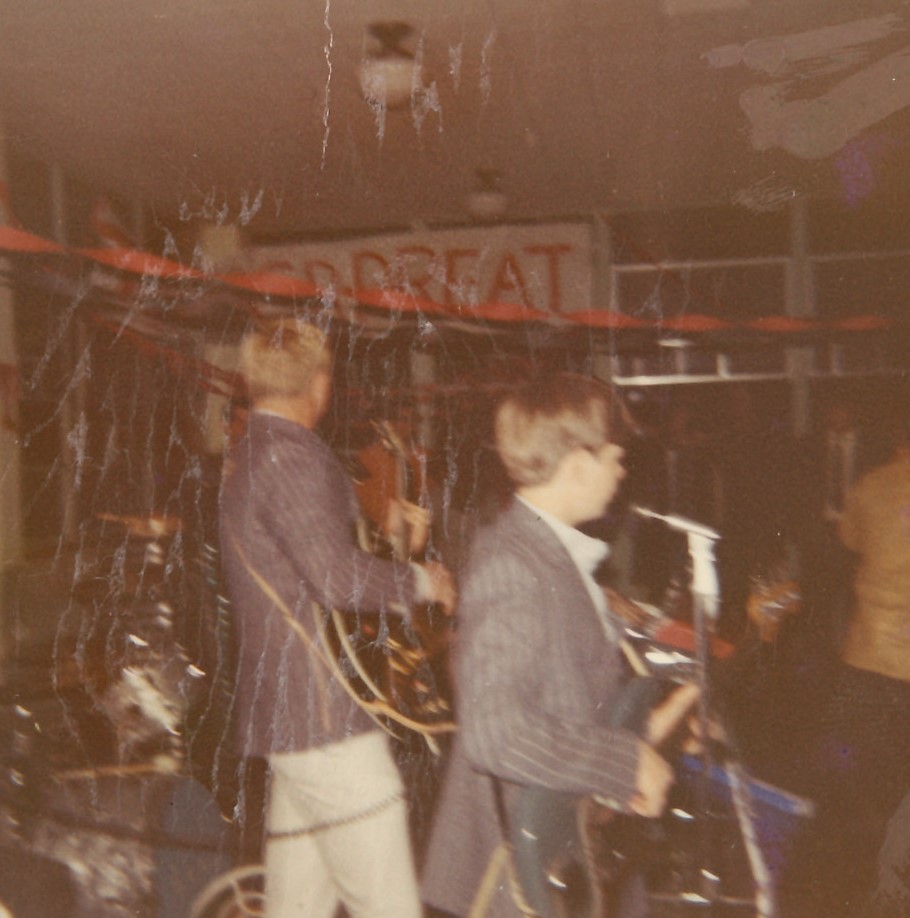
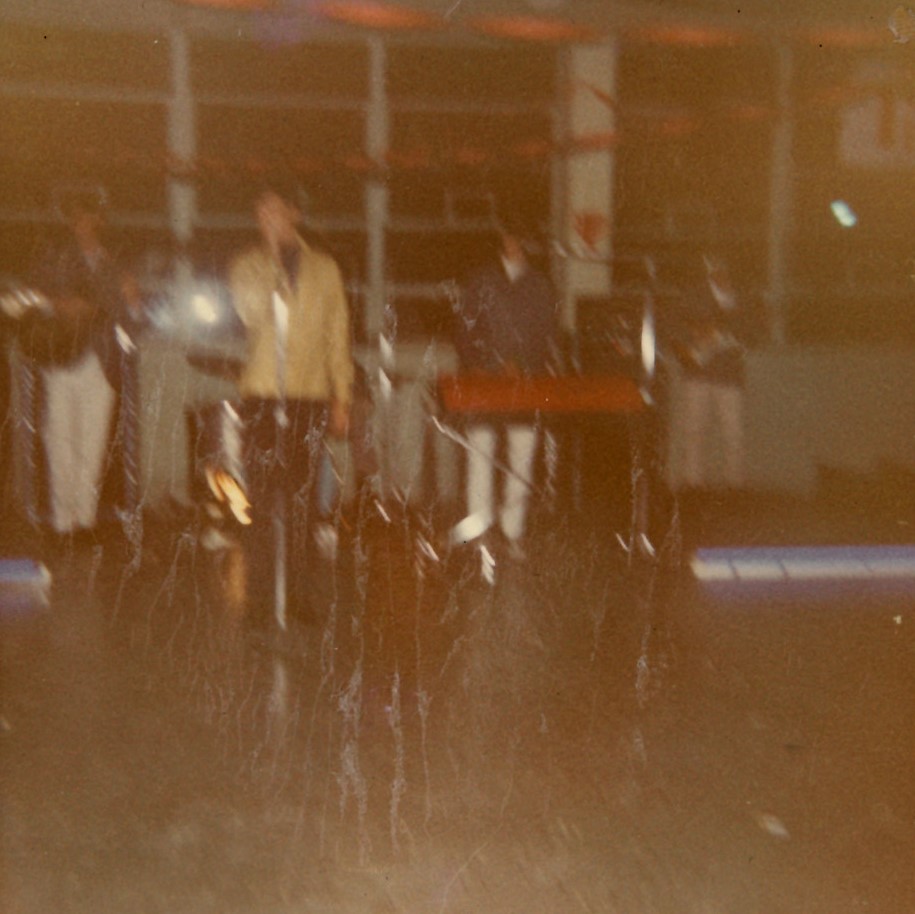
Tommy Dean: It was all a big adventure for me because I was younger than the rest of the guys in the band. Being in the studio to record our single was definitely a high point. We did killer versions of ‘Don’t Bring Me Down,’ ‘Time Won’t Let Me,’ and ‘I’m A Man’ (The Spencer Davis Group version).
What are some of your favorite memories from The Fly-Bi-Nites and the 60s in general?
Greg Presmanes: One of my favorite memories of The Fly-Bi-Nites was the attention that was paid to perfecting the songs, themselves, and the arrangements, with rehearsals frequently. Everything was well rehearsed! The 1960s in general was a time of great musical experimentation and exploration. We recorded a song written by someone else, whose name I do not recall. It was titled “all equipment guaranteed.” I do not know whatever happened to that recording, though we do have a reel to reel copy of it (the box says it’s all equipment guaranteed but we haven’t tried to play it because we don’t have a reel to reel player, and it’s so old it might be damaged) but we do not have authority to do anything with it and it is on acetate tape, so it would have to be converted over to digital at this time, if anything was ever to be done with it. We also have the metal masters, and acetate copies of come on up and found love, and an acetate tape of a The Fly-Bi-Nites band job at some unknown place at some unknown time. Of course, we haven’t tried to play them for lack of equipment to play it on in for the risk of damage.
Tommy Dean: The sixties had fantastic music. Change was in the air and we thought we could change the world. I helped two people beat the draft.
Is there any unreleased material left?
Greg Presmanes: ‘All Equipment Guaranteed’ was not released, to my knowledge, but we can’t find it, and if we did, it would have to be converted to digital because it is on acetate tape, and we do not have the permission of the songwriter, and do not know who it was.
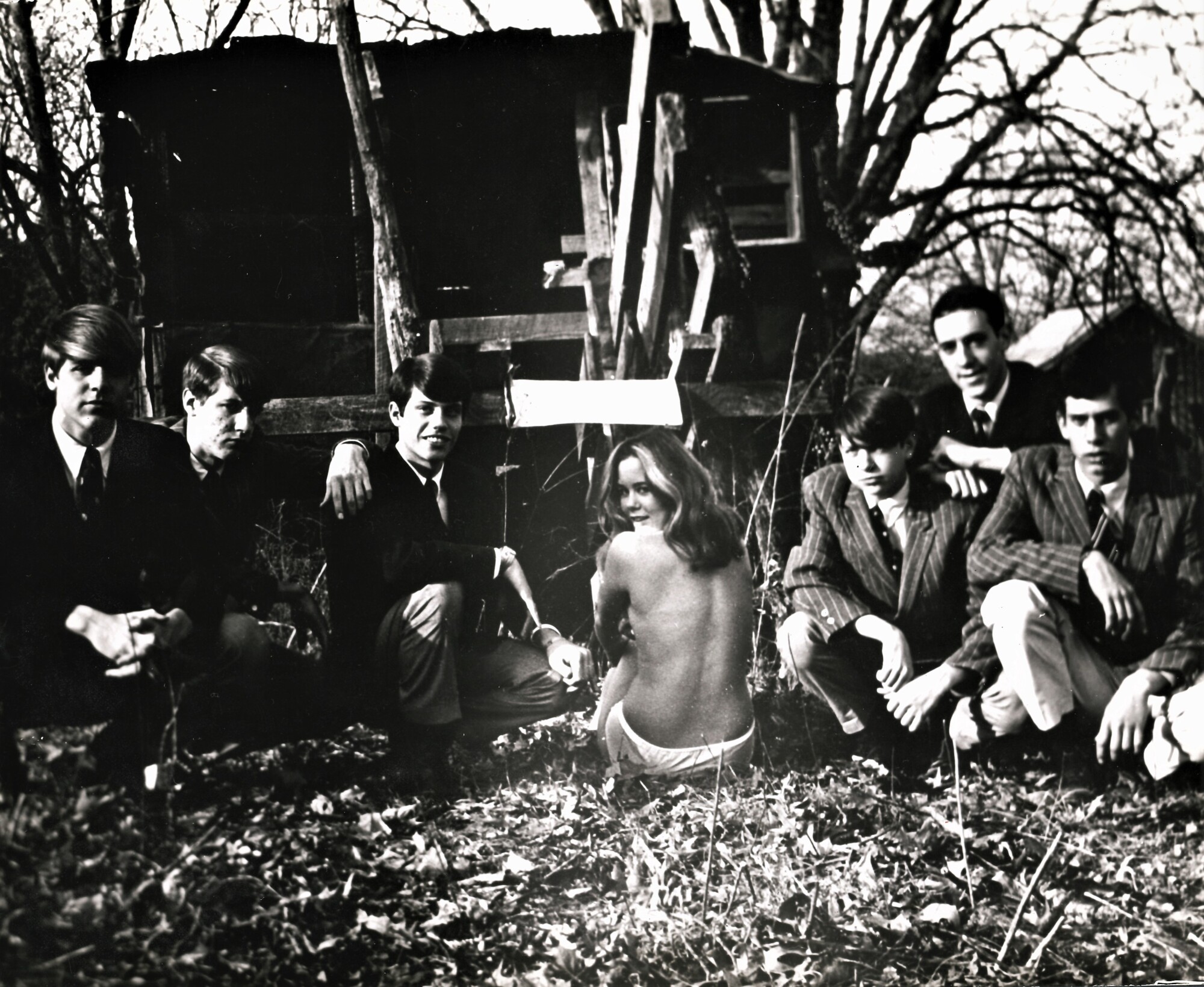
Are you excited about the recent Hyperloop Records release?
Greg Presmanes: I am super excited about the recent Hyperloop Records release of ‘Found Love’.
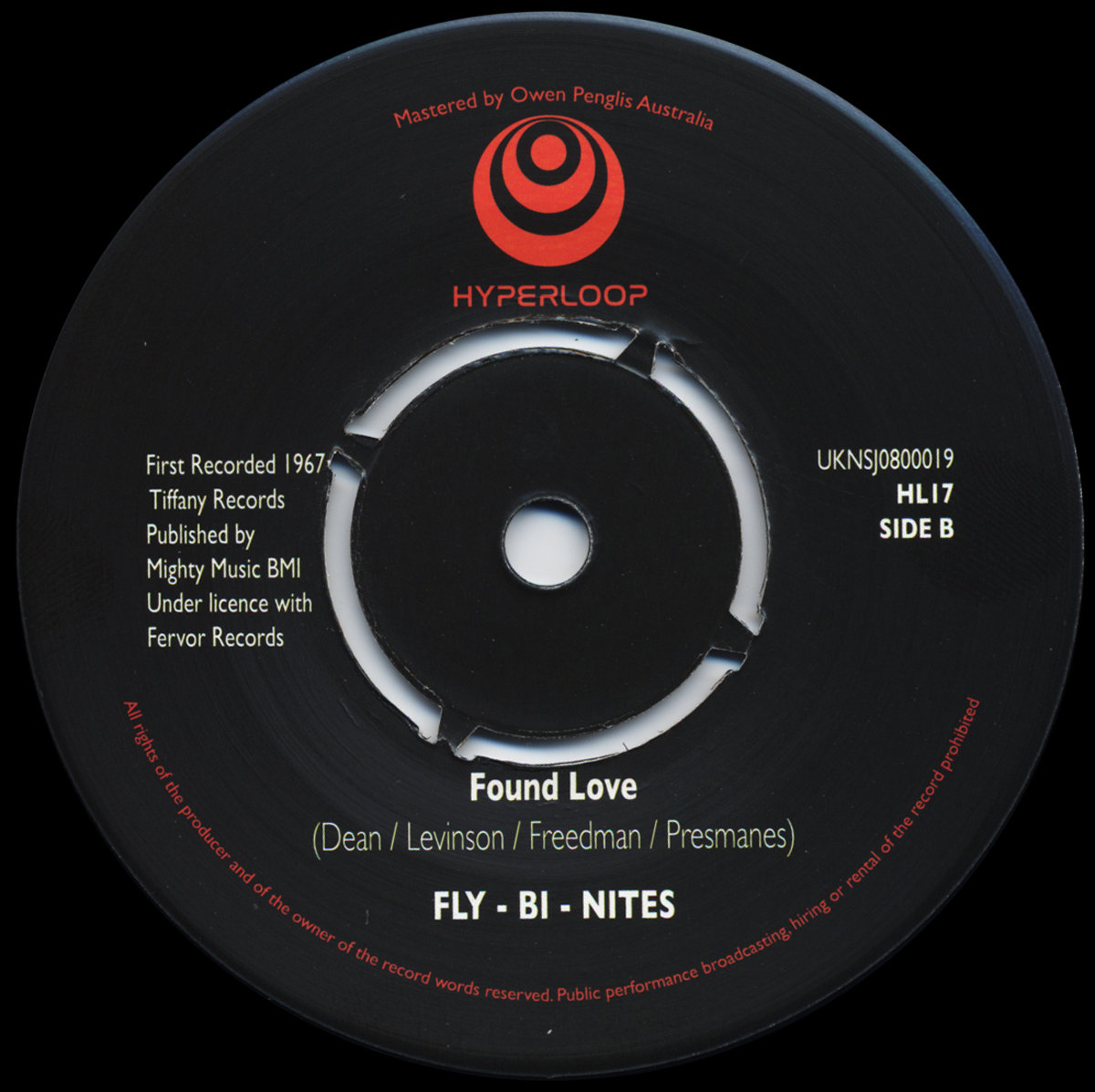
What else currently occupies your life?
Greg Presmanes: I retired from trial practice lawyering a couple of years ago, and, since then, writing music, singing songs, and performing as often as I can, either as a single, duo, or in my three and five piece bands.
Bob Wade: The band probably broke up because everybody started going off to college. I played with and started a few other groups that never really went anywhere. I was going to college also and gradually drifted into other things. I’ve always liked to build things. Electrical and mechanical engineering was my focus. I stumbled into the world of metal sculpture, went to custom woodworking and currently have a machine shop (back to metal). I don’t play any more; I don’t even own a guitar. The Fly-Bi-Nites wouldn’t let me sing (for good reason) so I guess practicing got a bit monotonous. I do miss it, but there isn’t enough time to do everything. I never saw any of the guys after we parted until the revival of ‘Found Love’. I talked to Doug a while back, but only briefly and wish it had been more. It’s been good to catch up.
Tommy Dean: Travel. Spent three weeks in Ireland last year and got ready to go to San Miguel de Allende, Mexico in May.
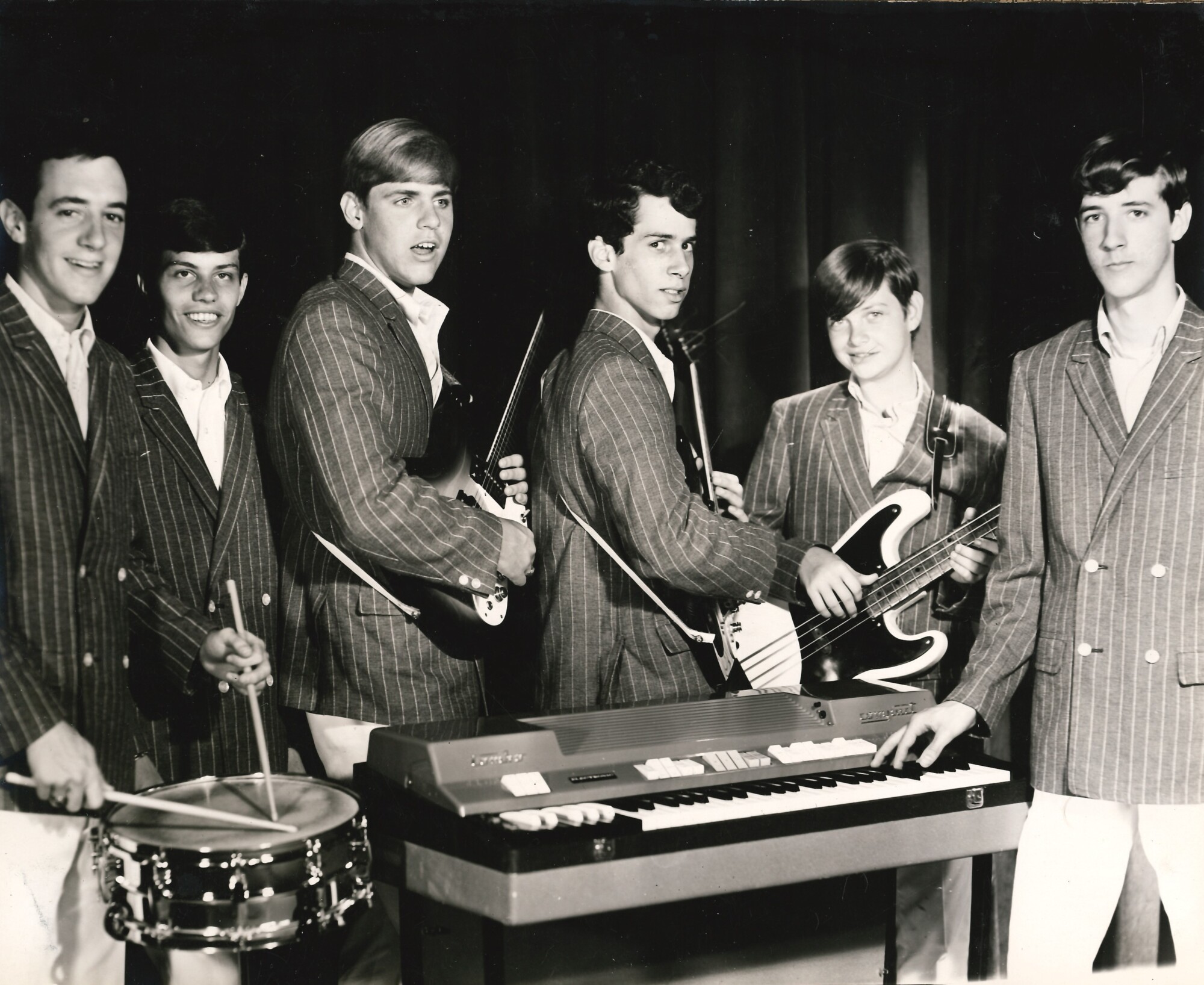
Thank you for taking your time. Last word is yours.
Greg Presmanes: Doug Freeman kept a scrapbook, but the photographs are polaroids, and have no way of being duplicated to my knowledge.
Tommy Dean: I want to visit you in Slovenia.
Klemen Breznikar
Hyperloop Records Facebook / Instagram / Twitter / Bigcartel

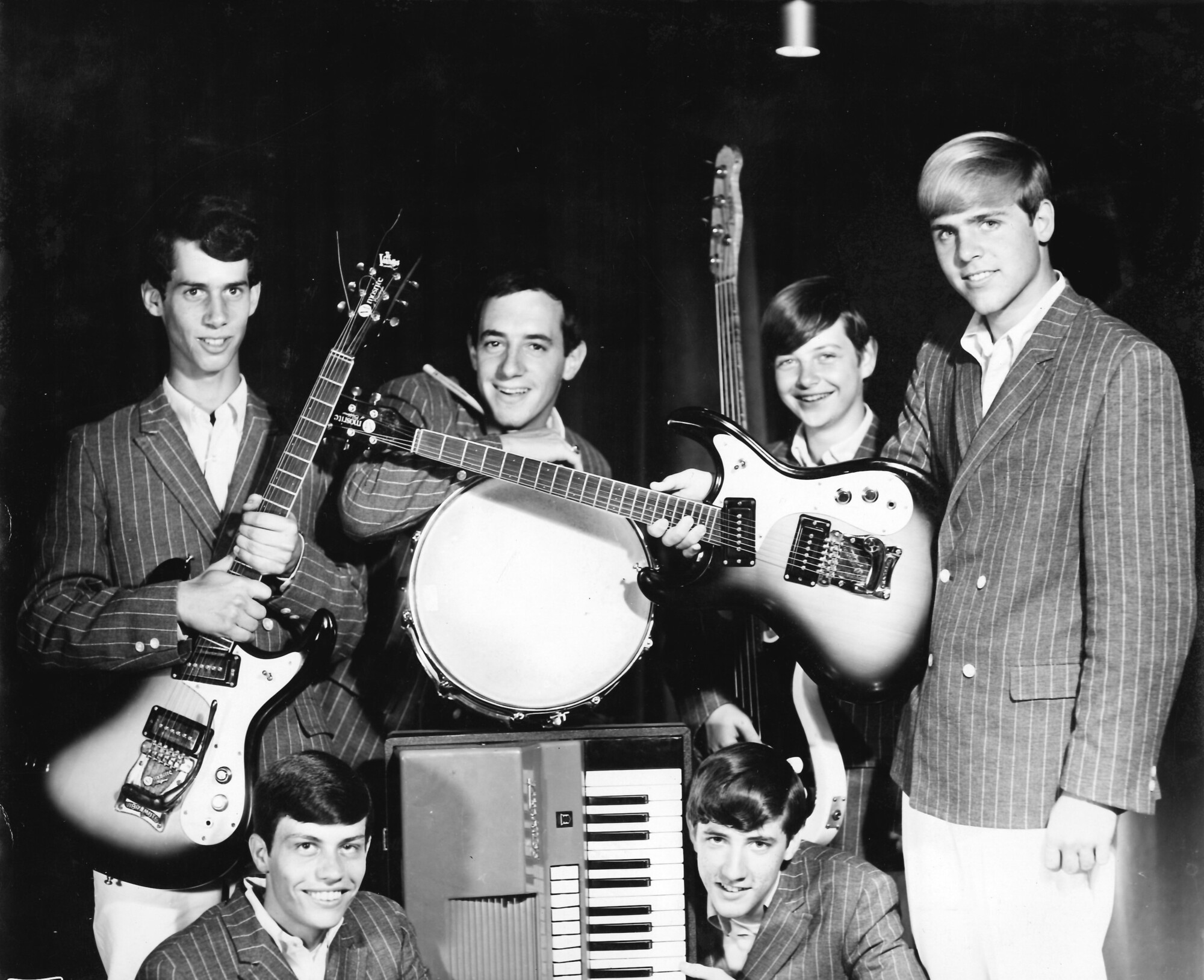
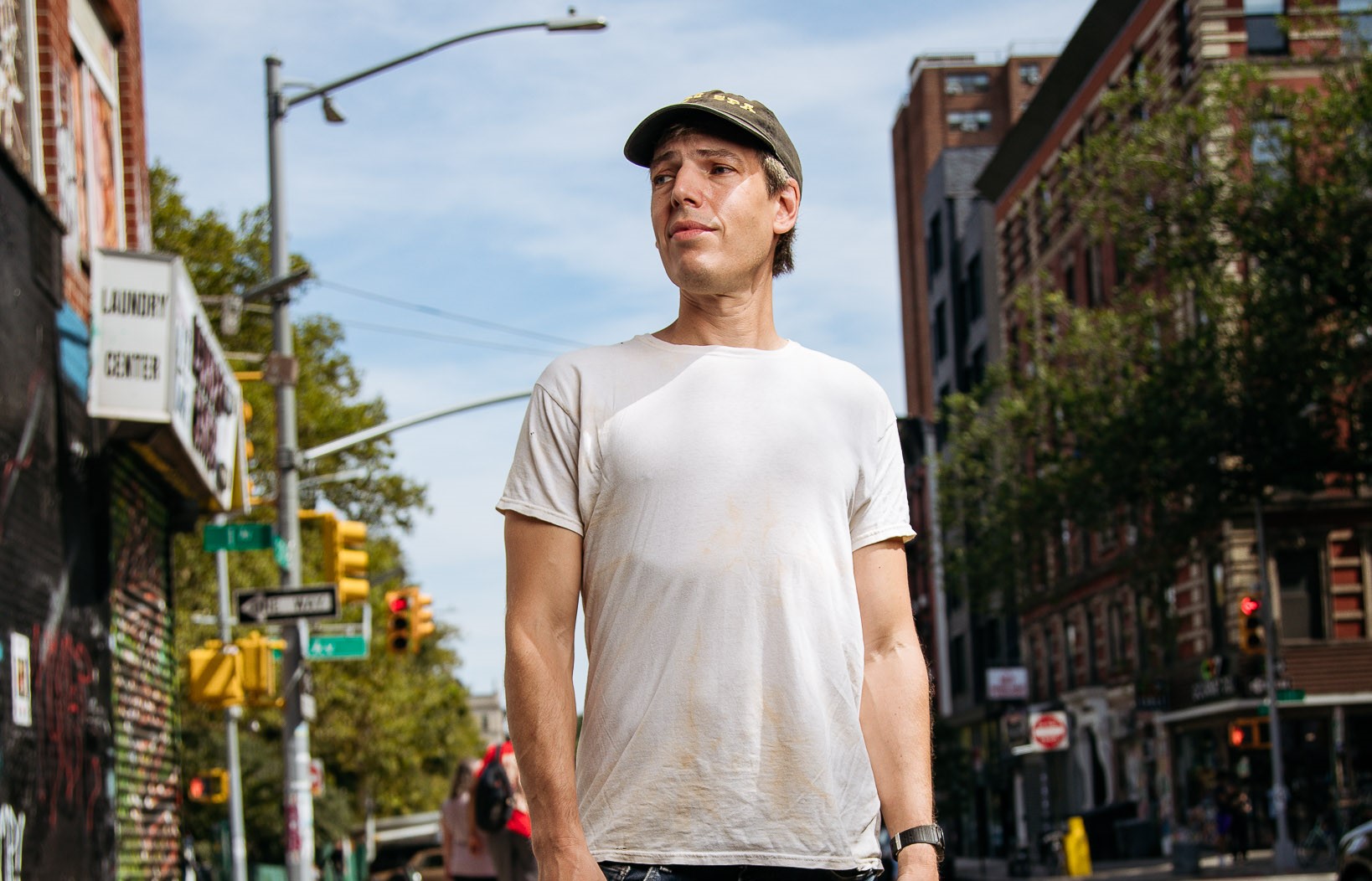
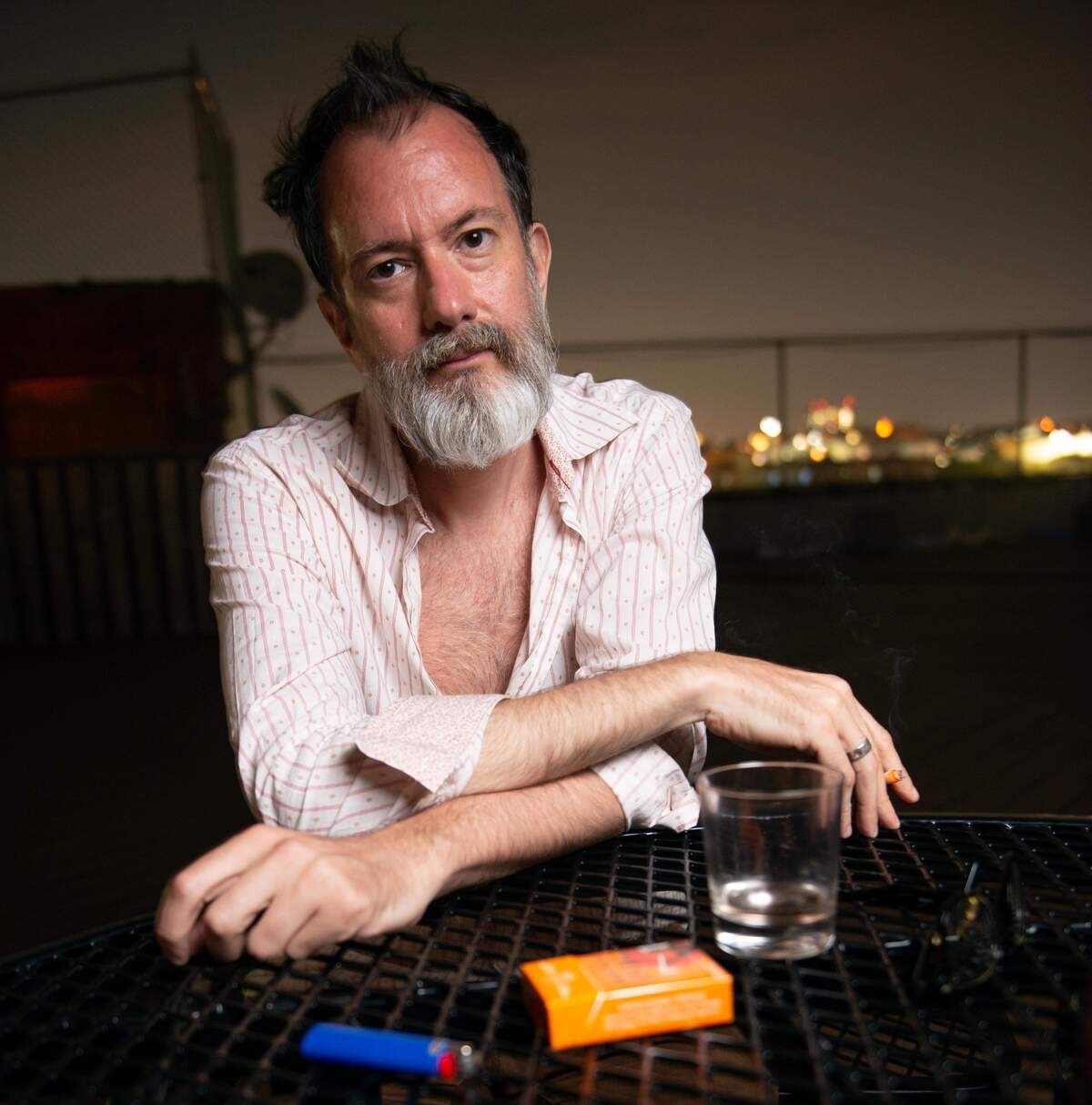

Thank you
Thank you for this excellent, wide-ranging interview. Lots of details bring this group and the times to life.
Another fine and informative interview.I enjoy reading those interviews from bands/artistes who only got to issue a 45,it really must have been a very exciting time for them at such a young age,and with such creativity and change going on around them.It was great they got to record and release a self written song,and such a good one too,as i do have it on a couple of comps on cd,to my ears its certainly shows them to be rather mature as songwriters for such a young age.Oh to have heard a whole album by them,but alas parents ONLY want the best for their kids,even if it meant the end of a promising young outfit like this,but man what memories to have,and to have a physical thing like a 45 reminding ones self and others of a more innocent time.
Thank you for an enjoyable interview.
I just missed some questions about if they were contacted before “Found Love” popped up in a slew of TV shows. And if they’d seen any royalties.
The song Found Love gain huge attention worldwide after being used in series Mad Men, S06E10 in 2013. Number of views on YT increased tremendously.
I discovered Found Love via an episode of NCIS in a flashback depicting an experience in Ducky’s (David McCallum) life in the Sixties. Wow! Accolades from a proud Baby Boomer for this superb gem.
I just discovered it recently the same way. Awesome song, fascinating interview. I am grateful that as much of this has been preserved as it has.